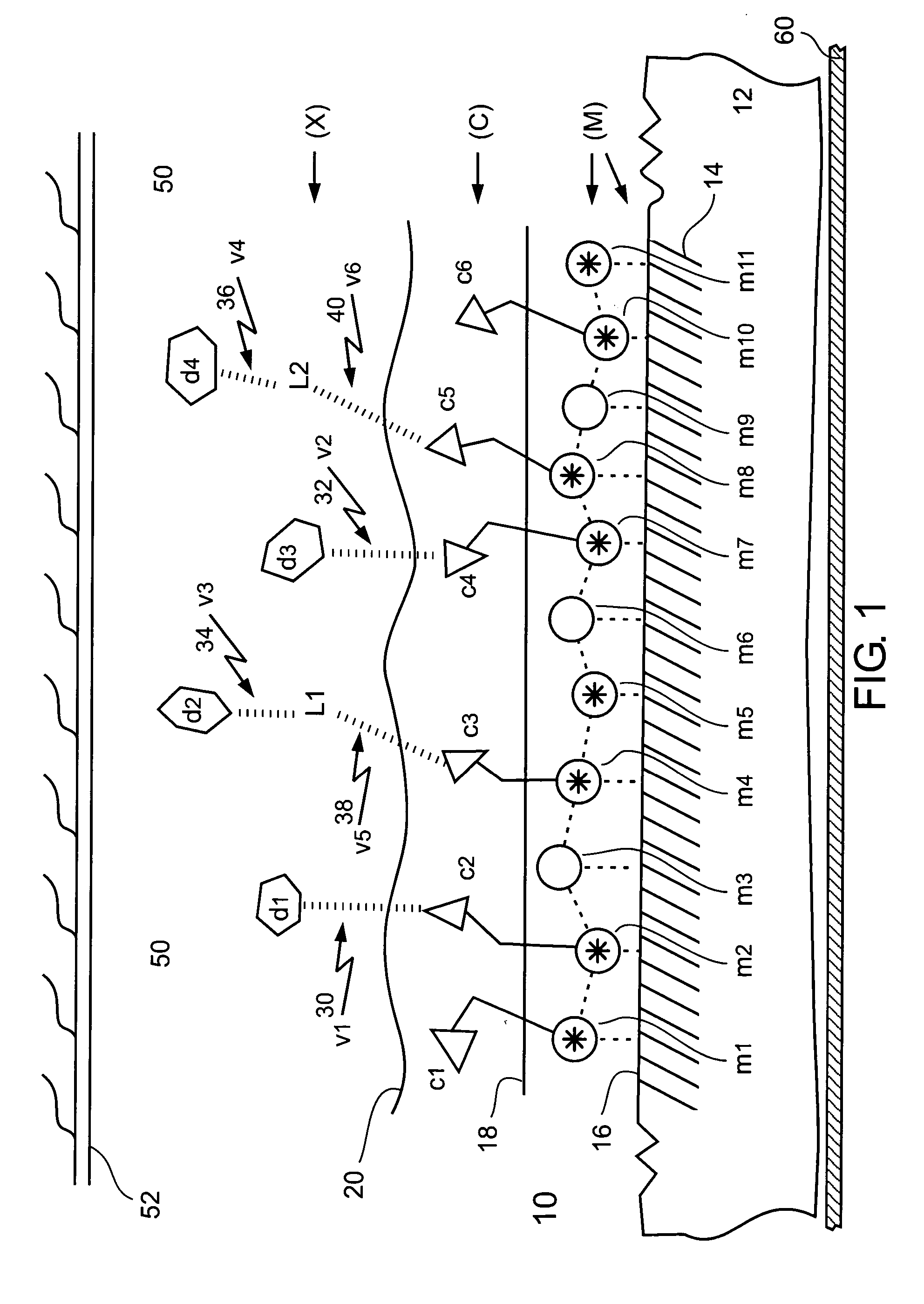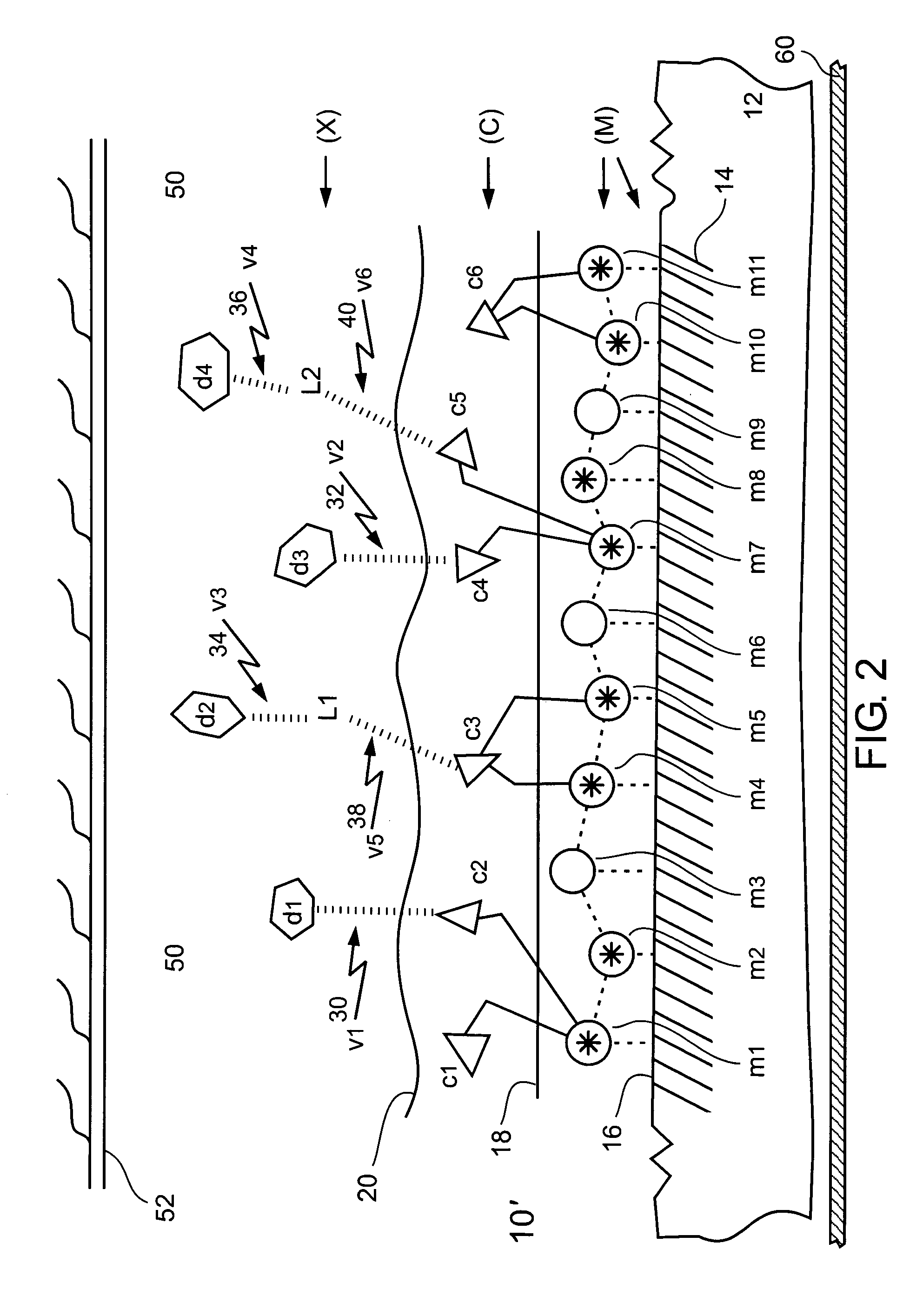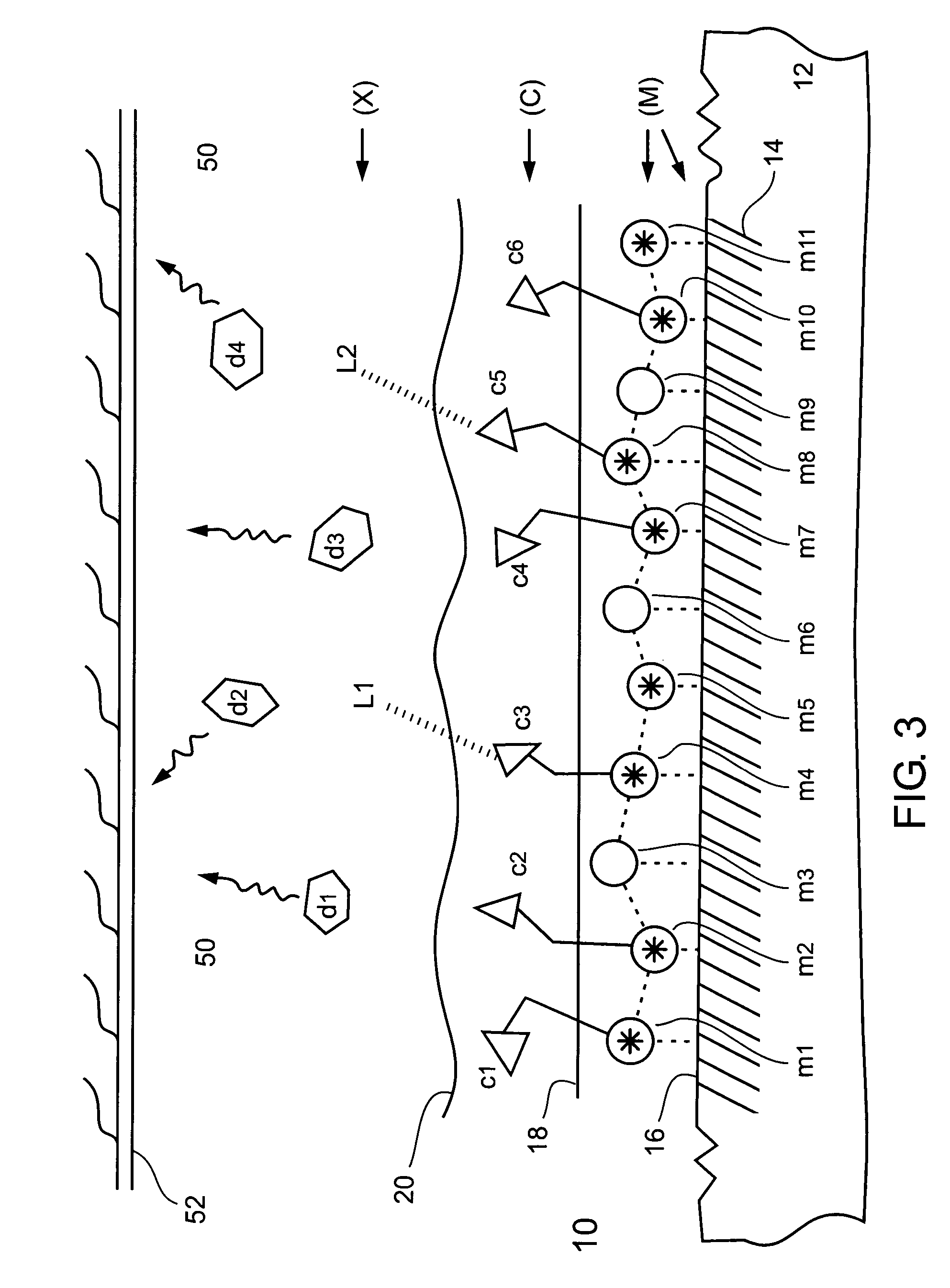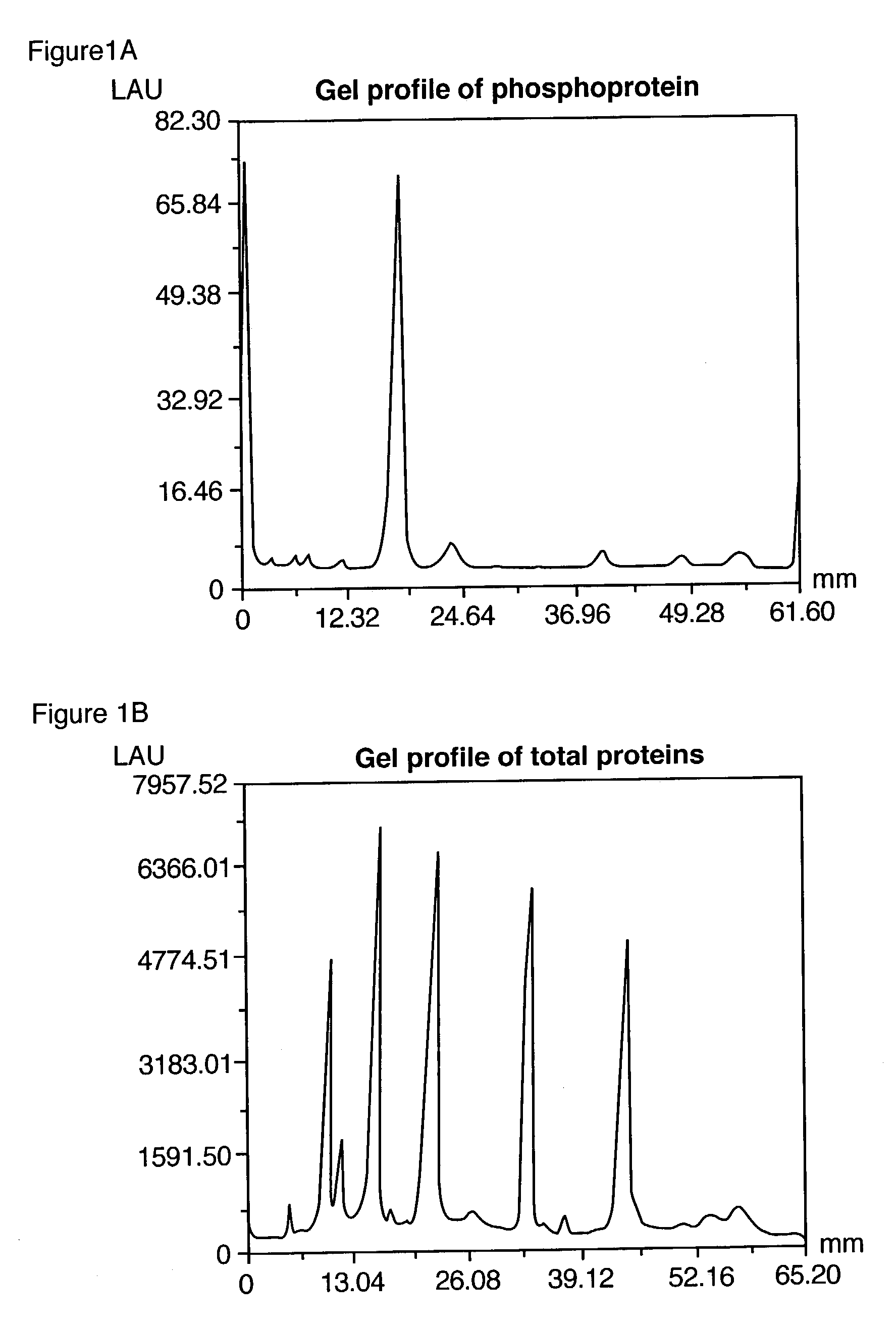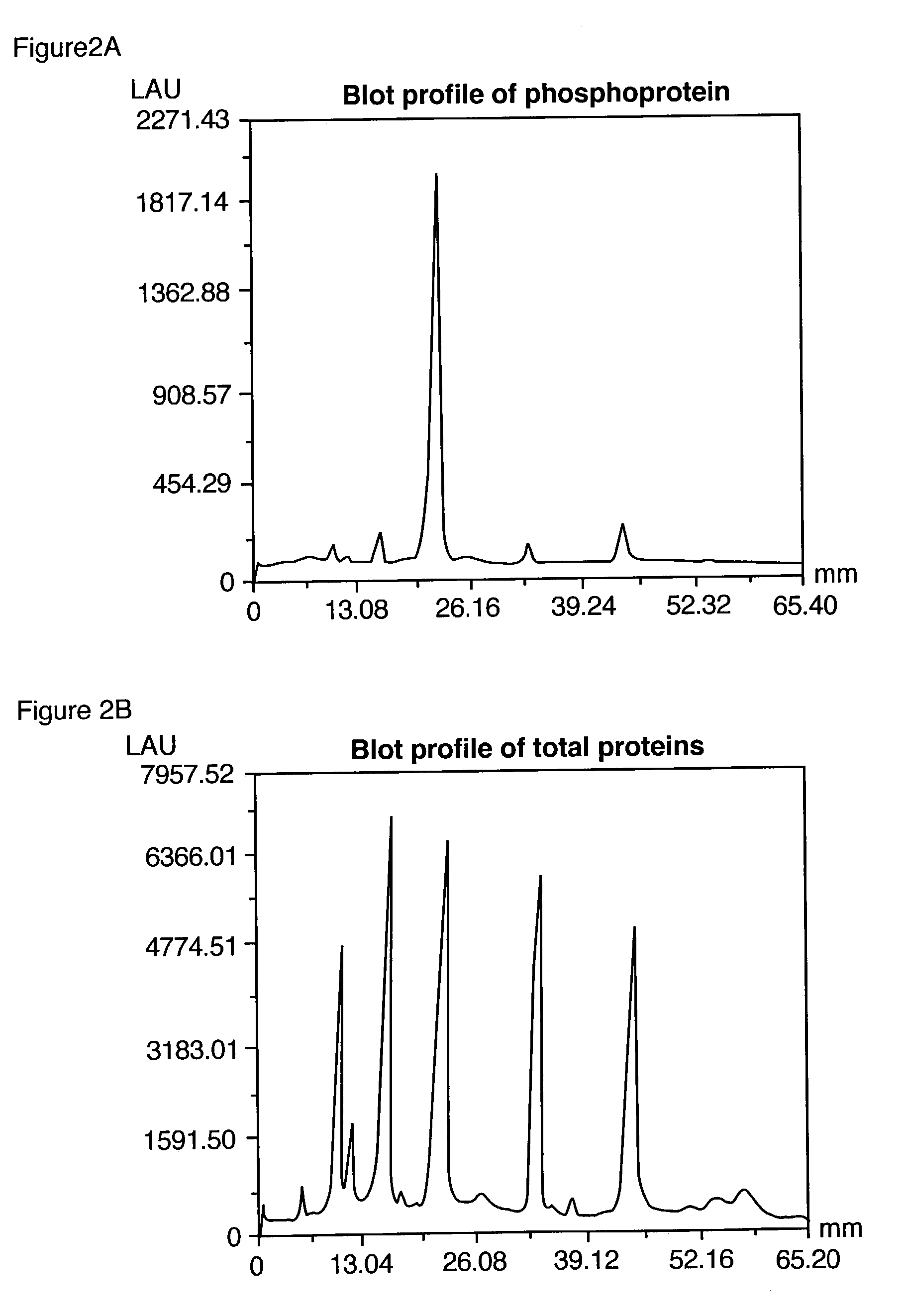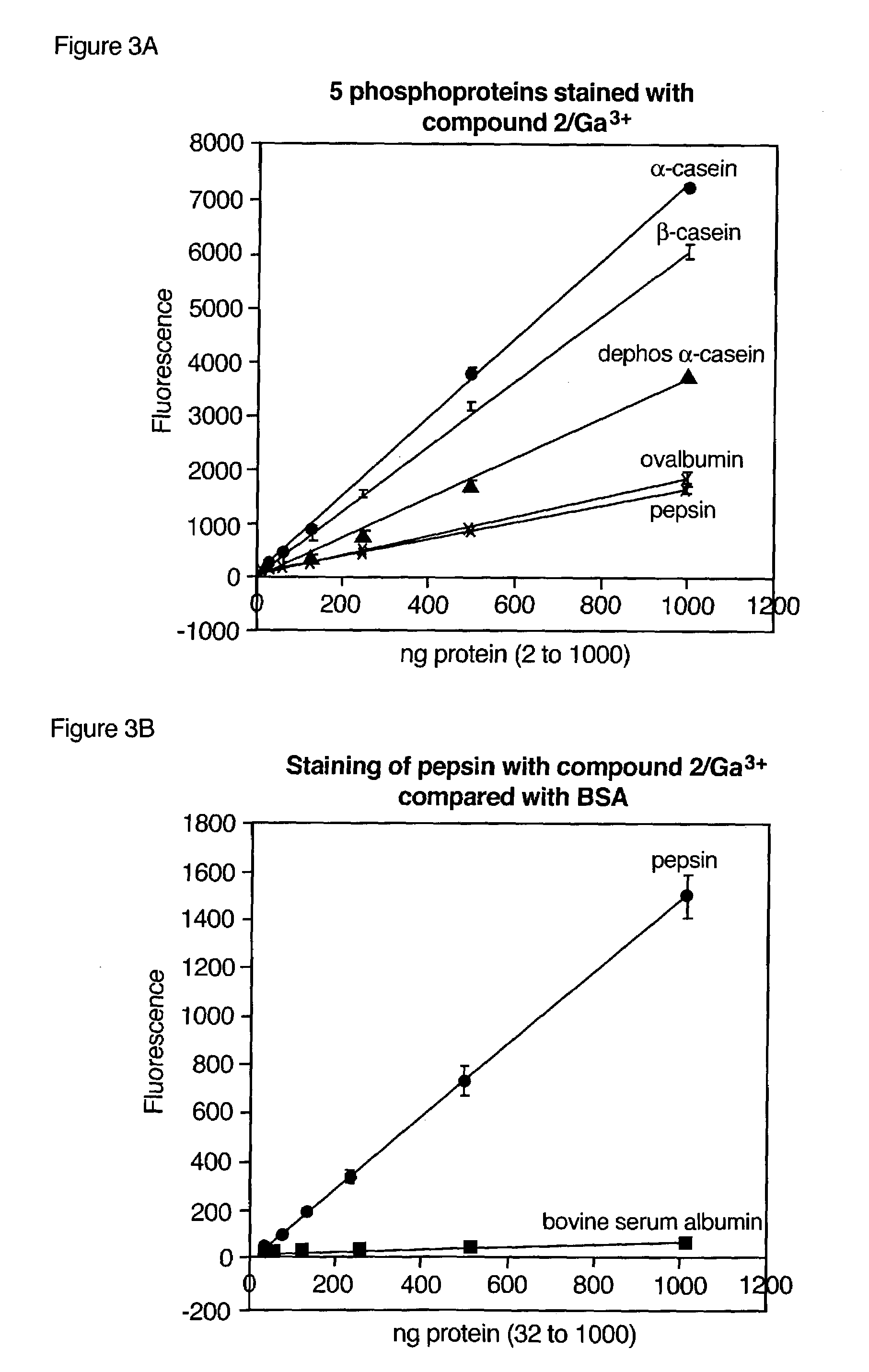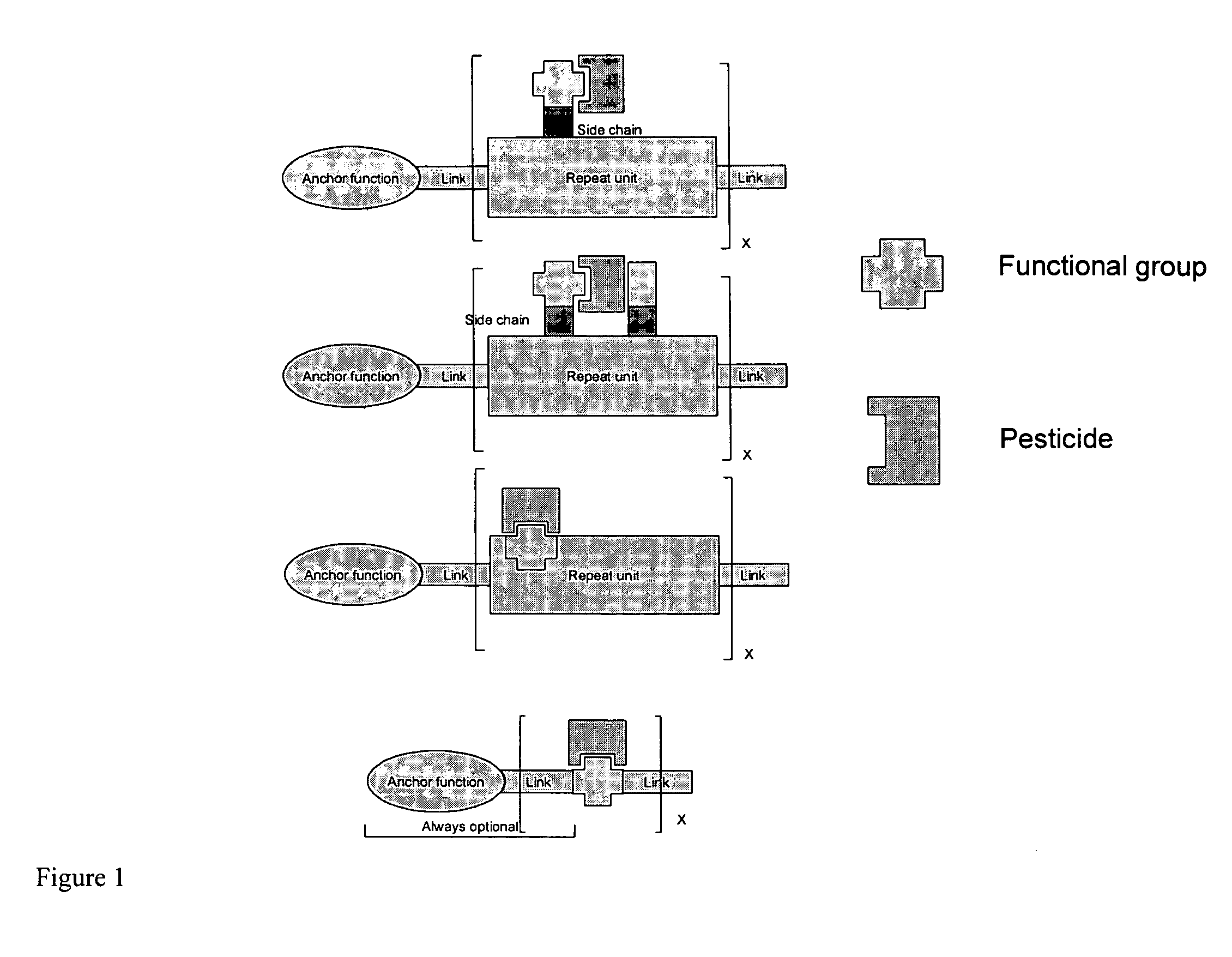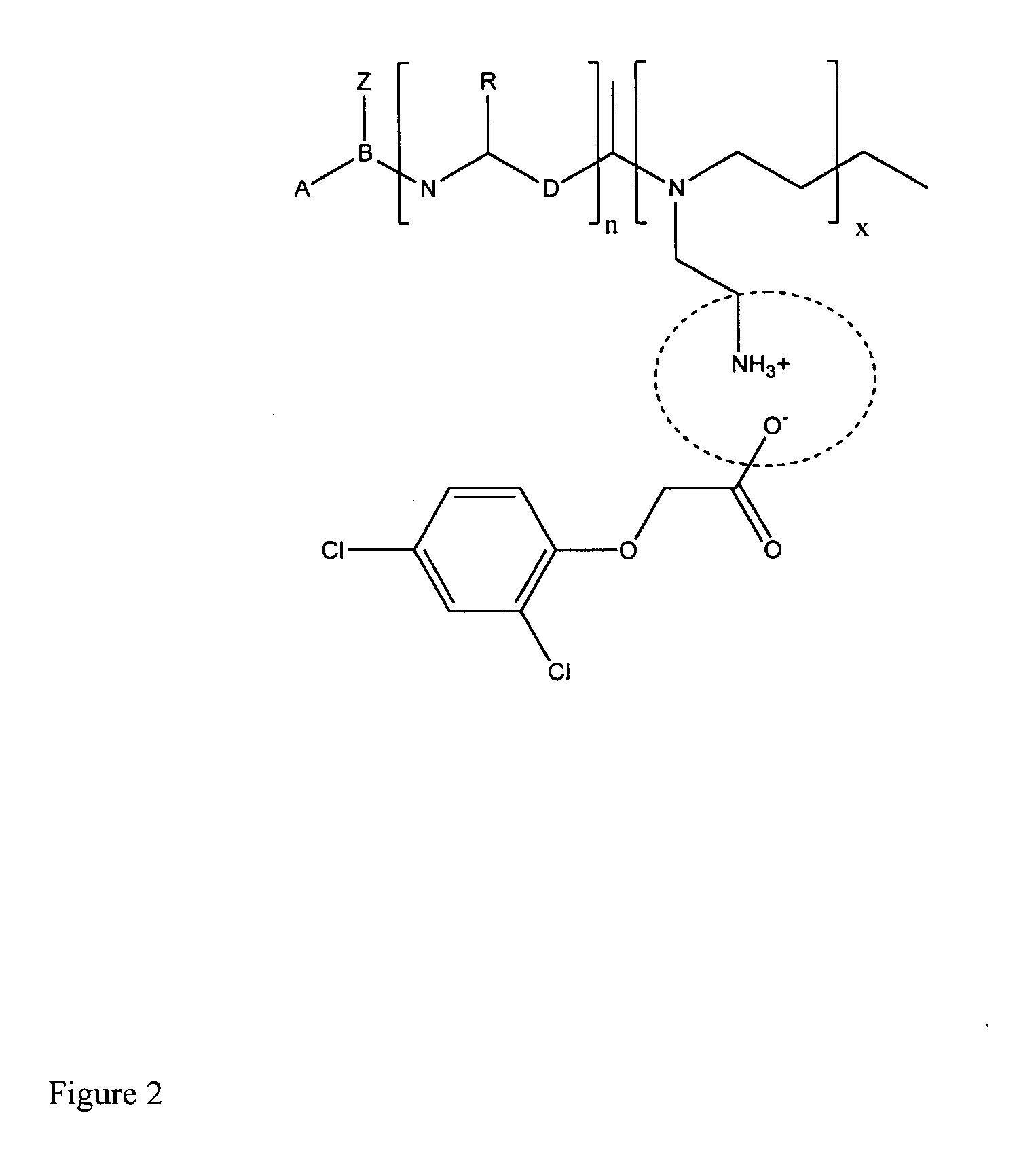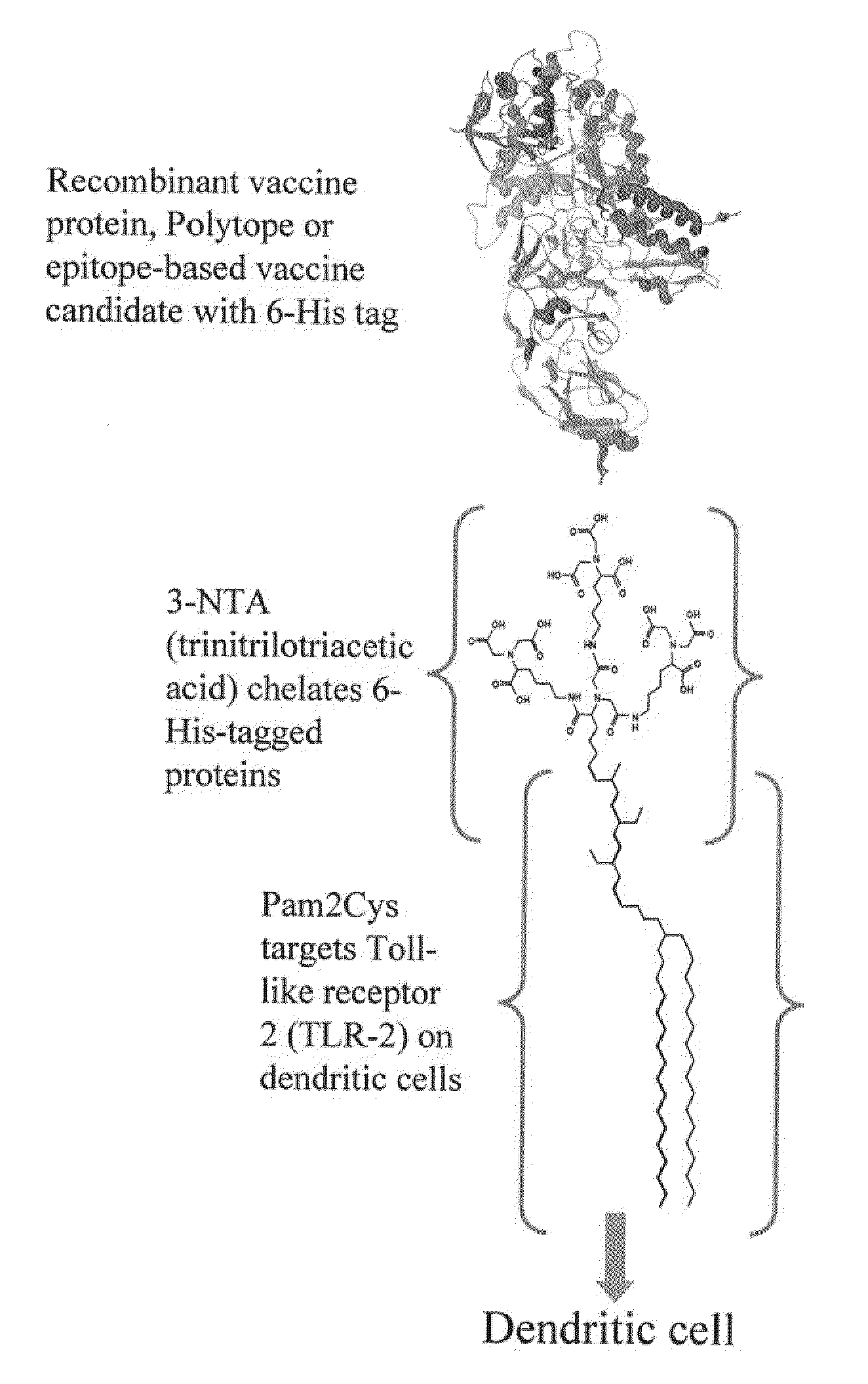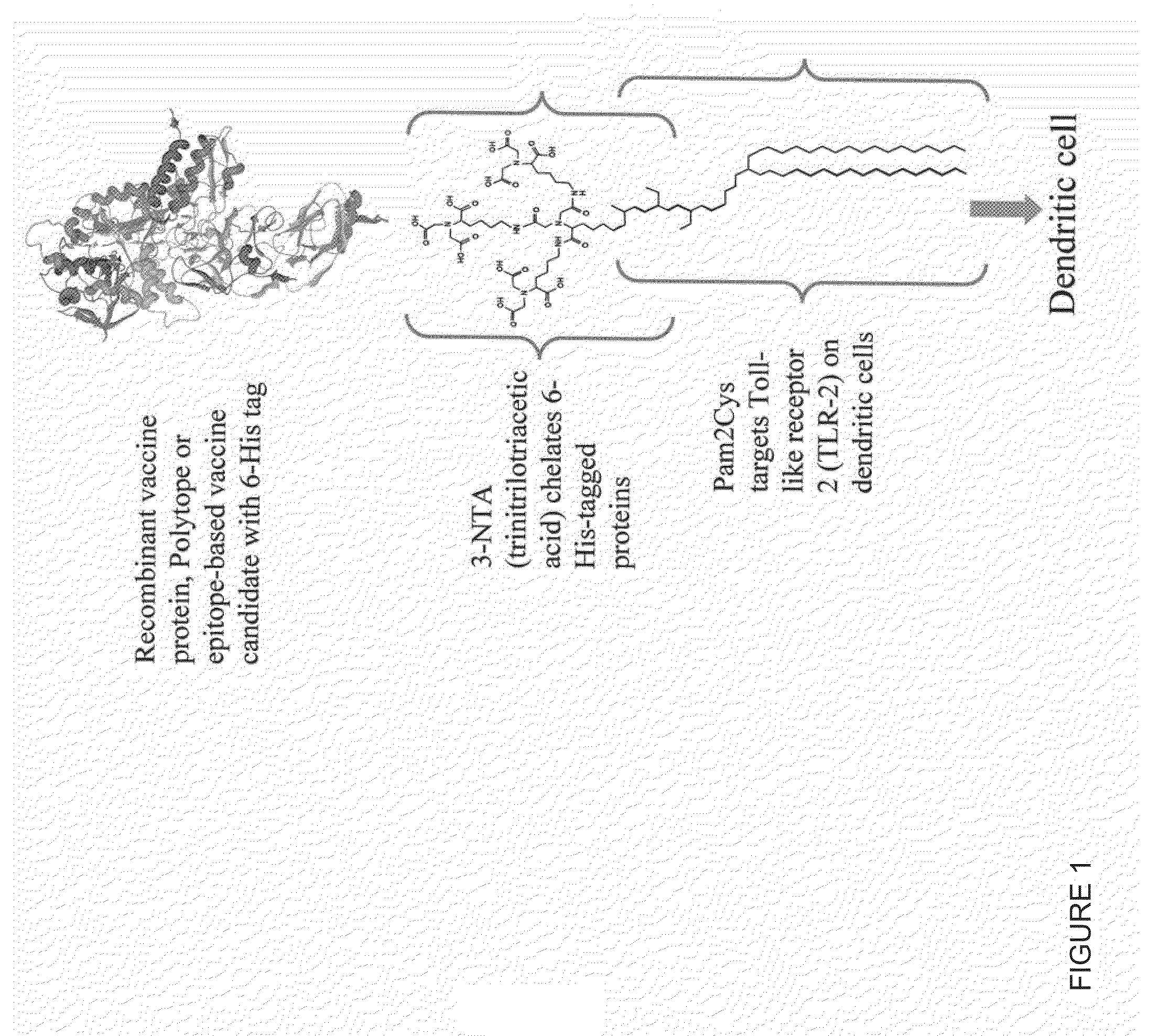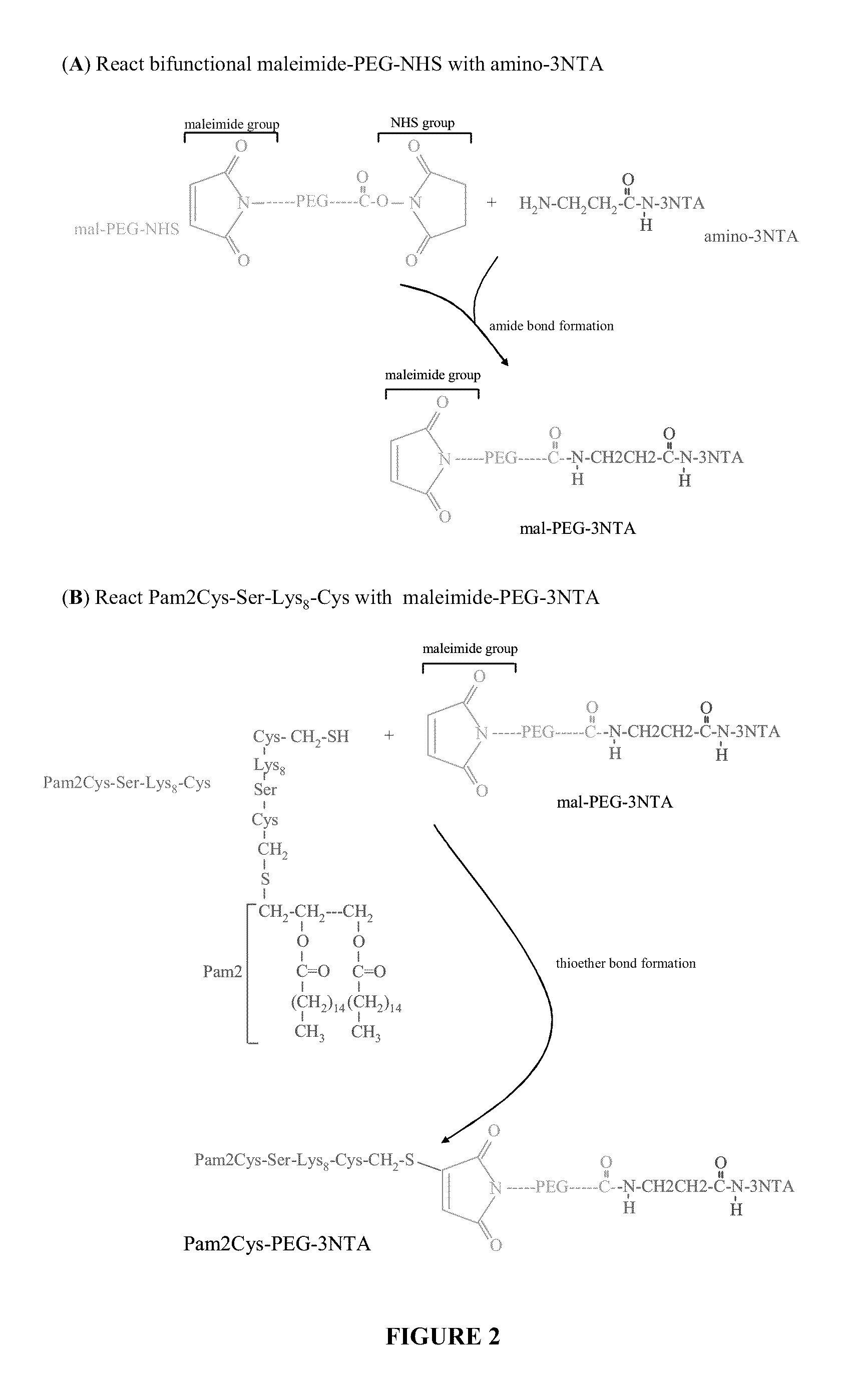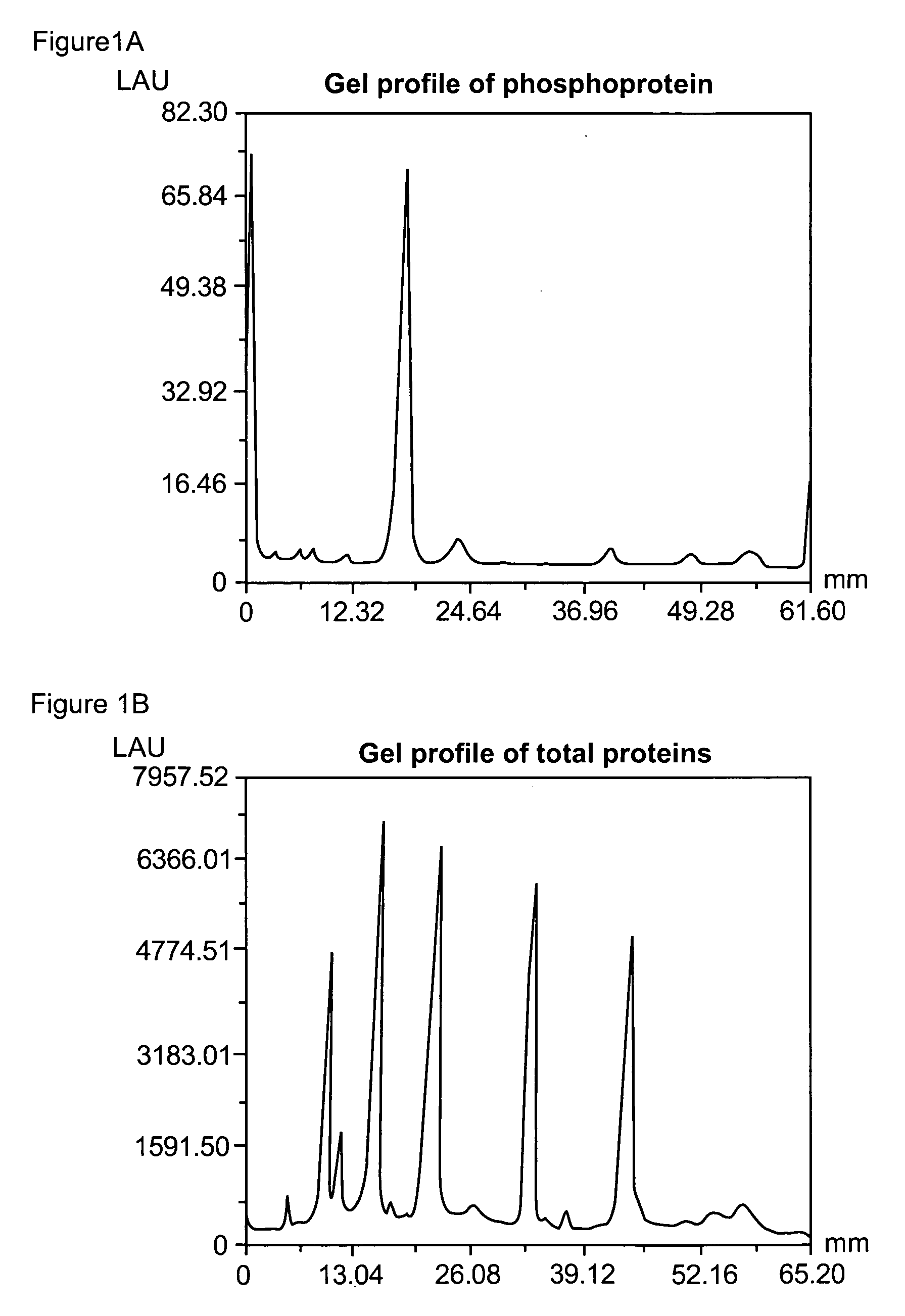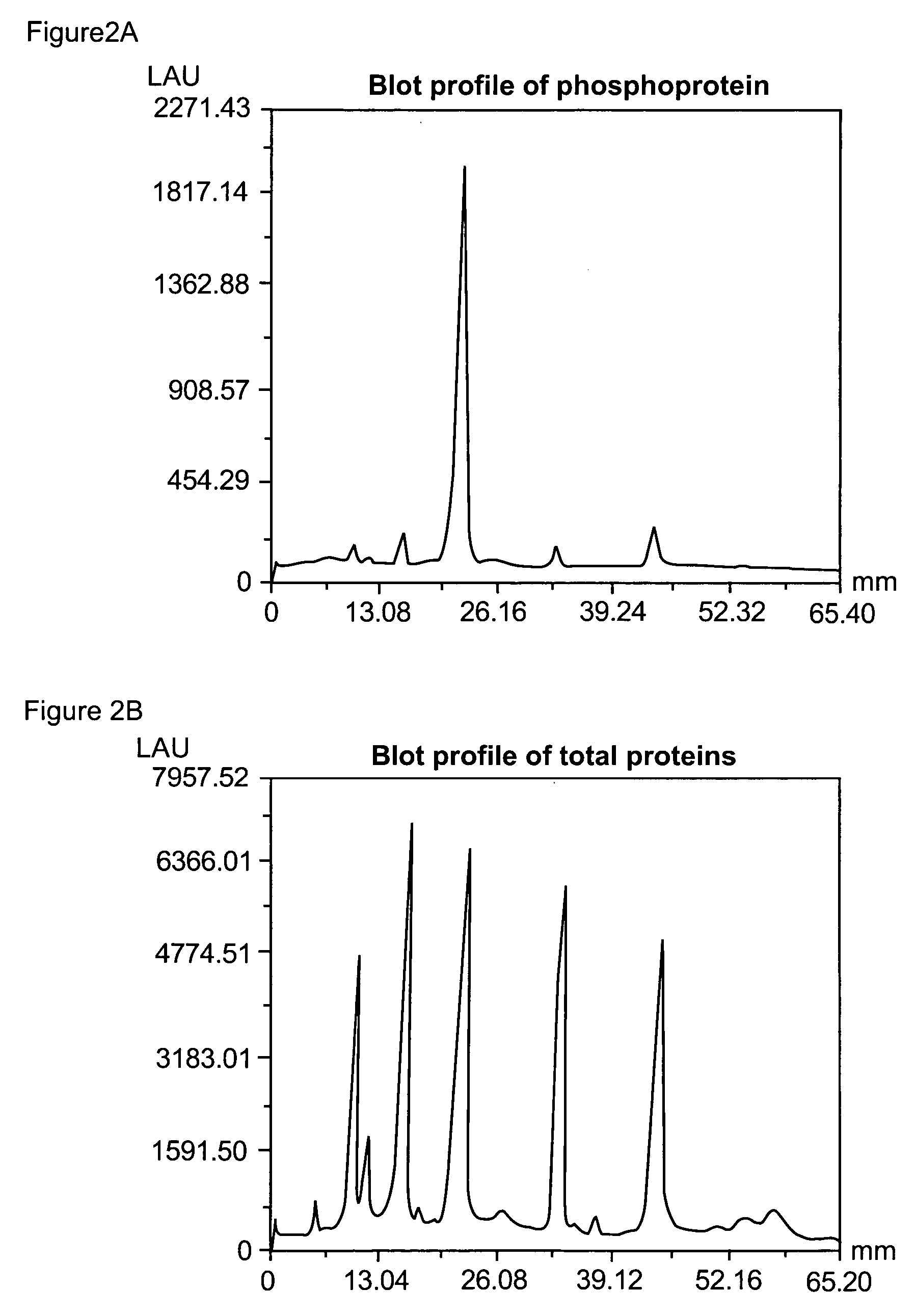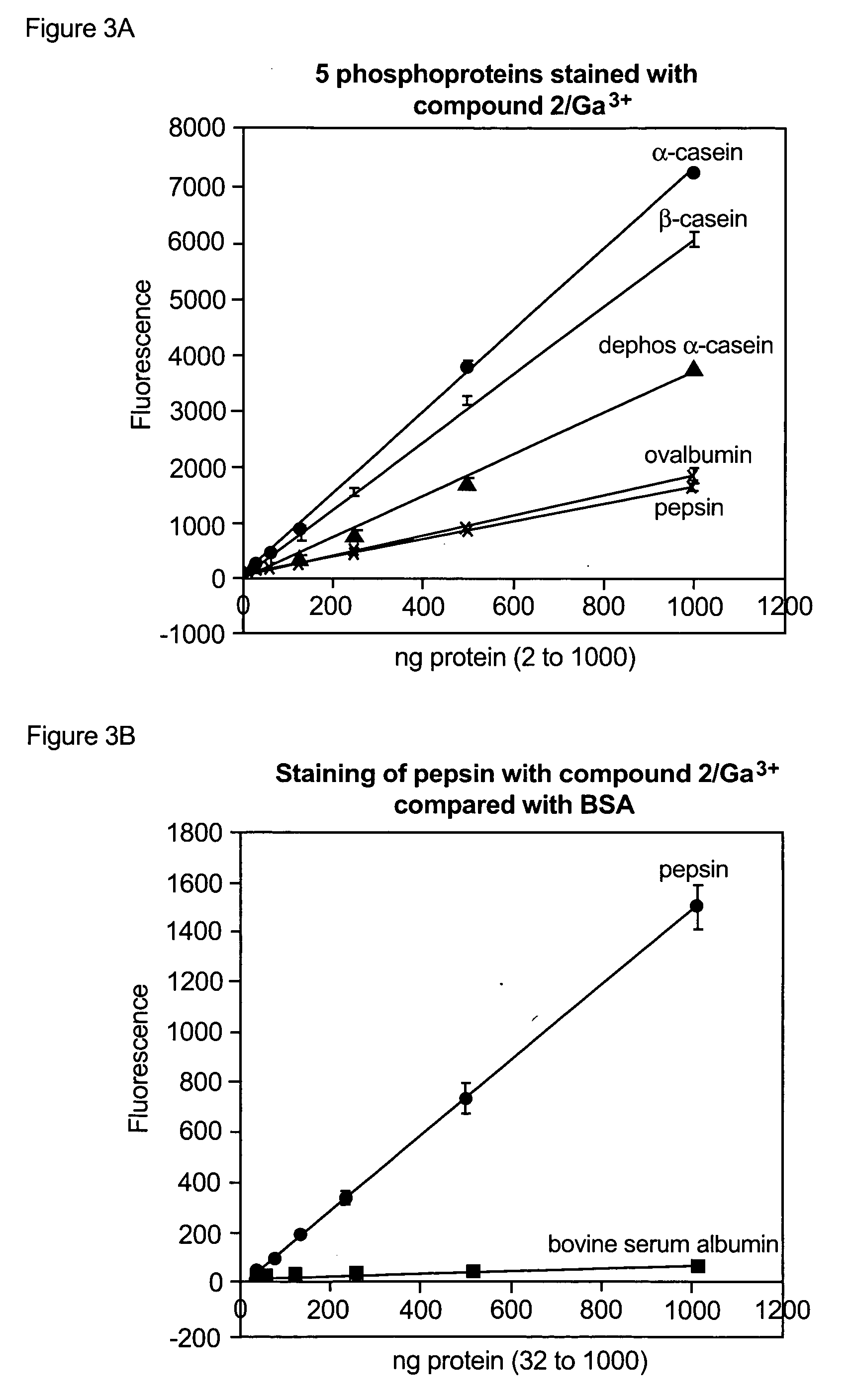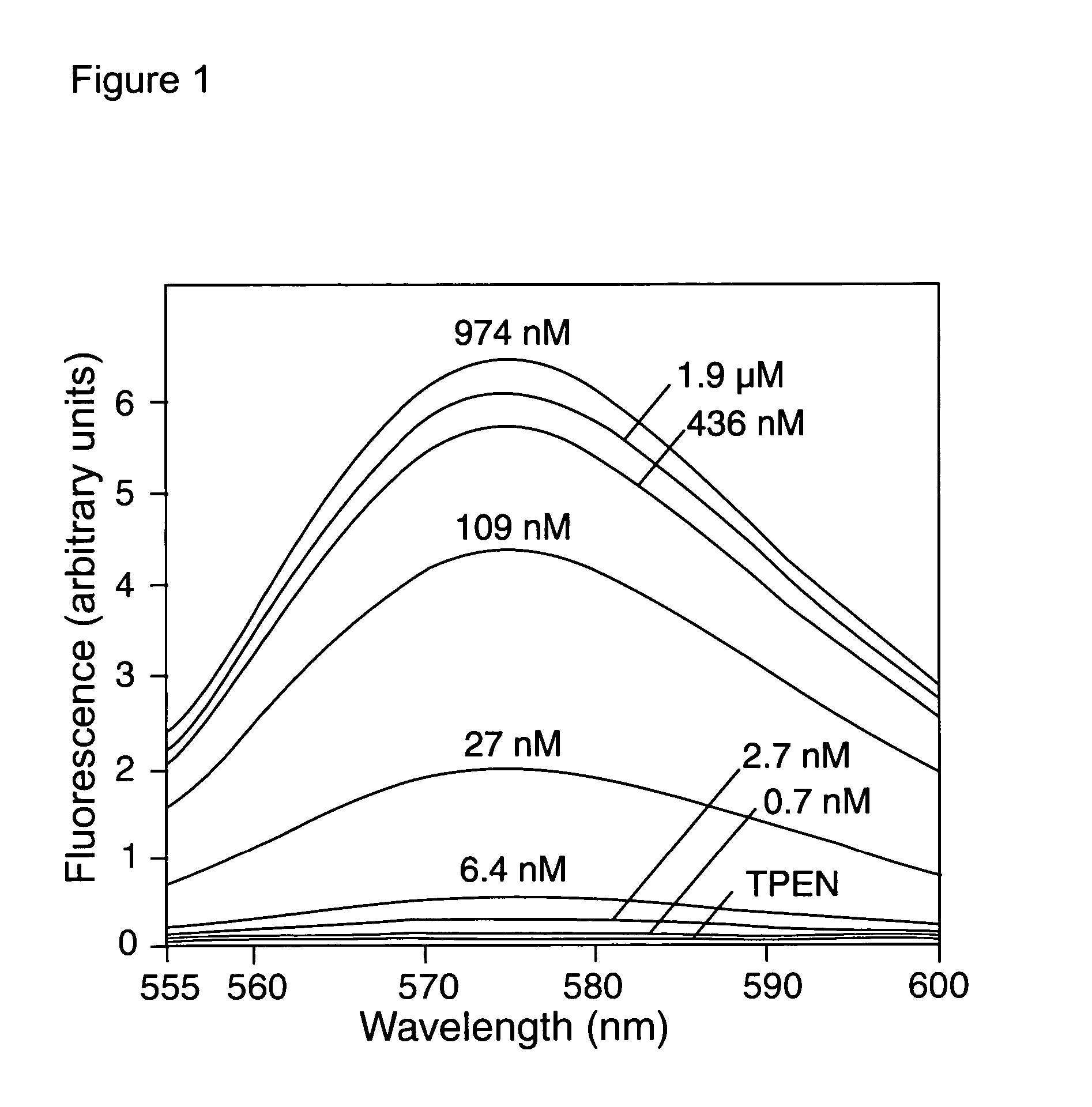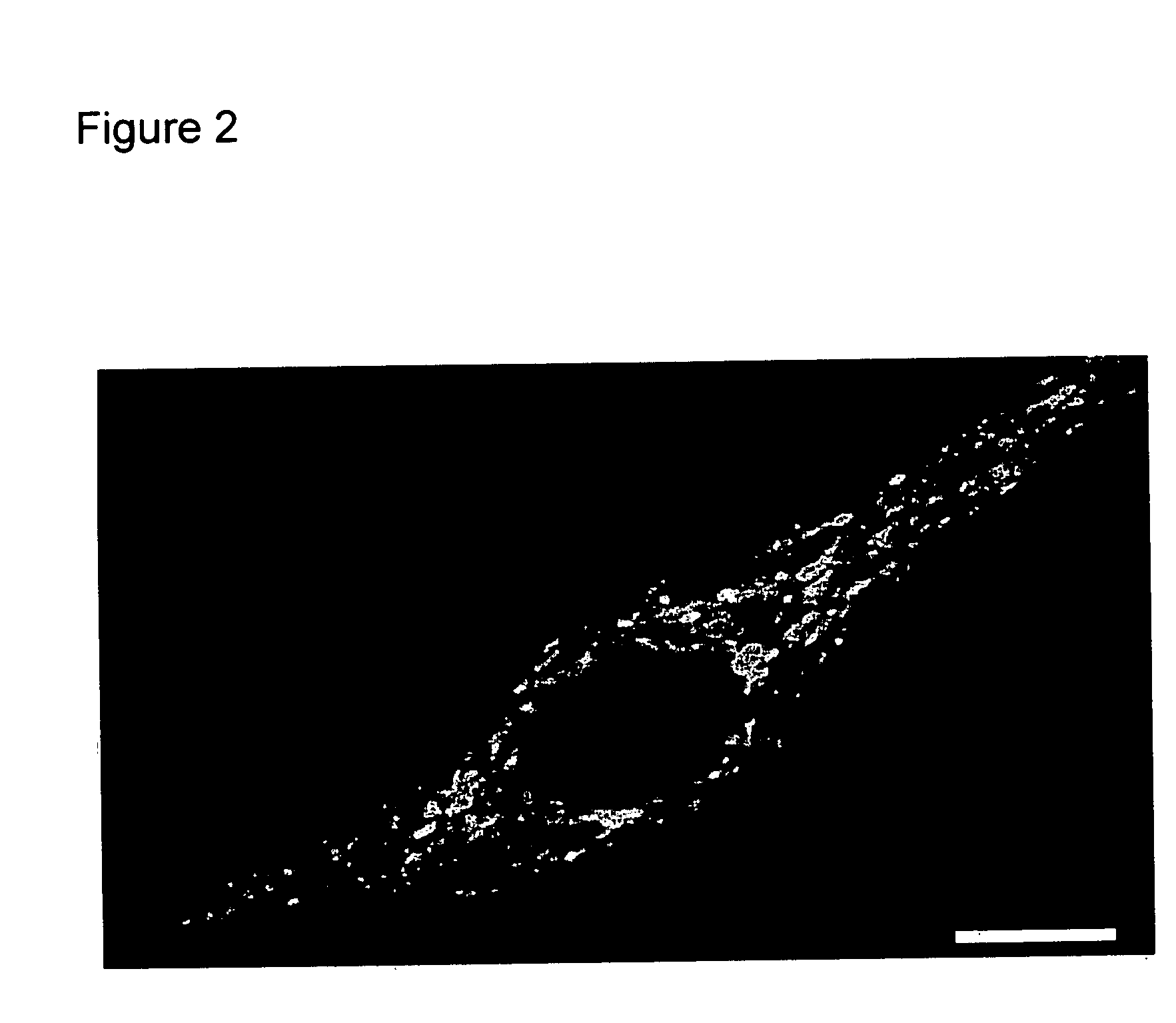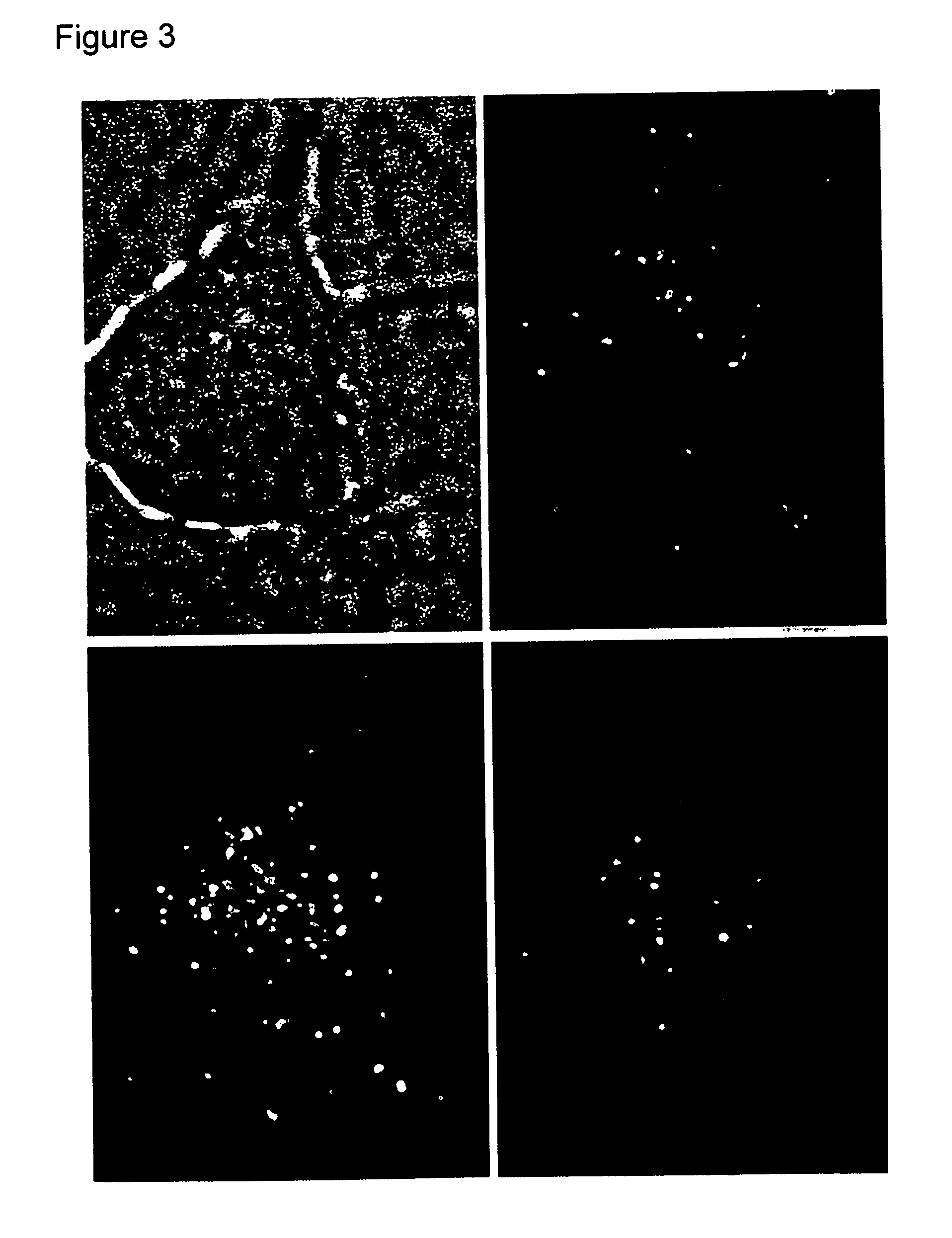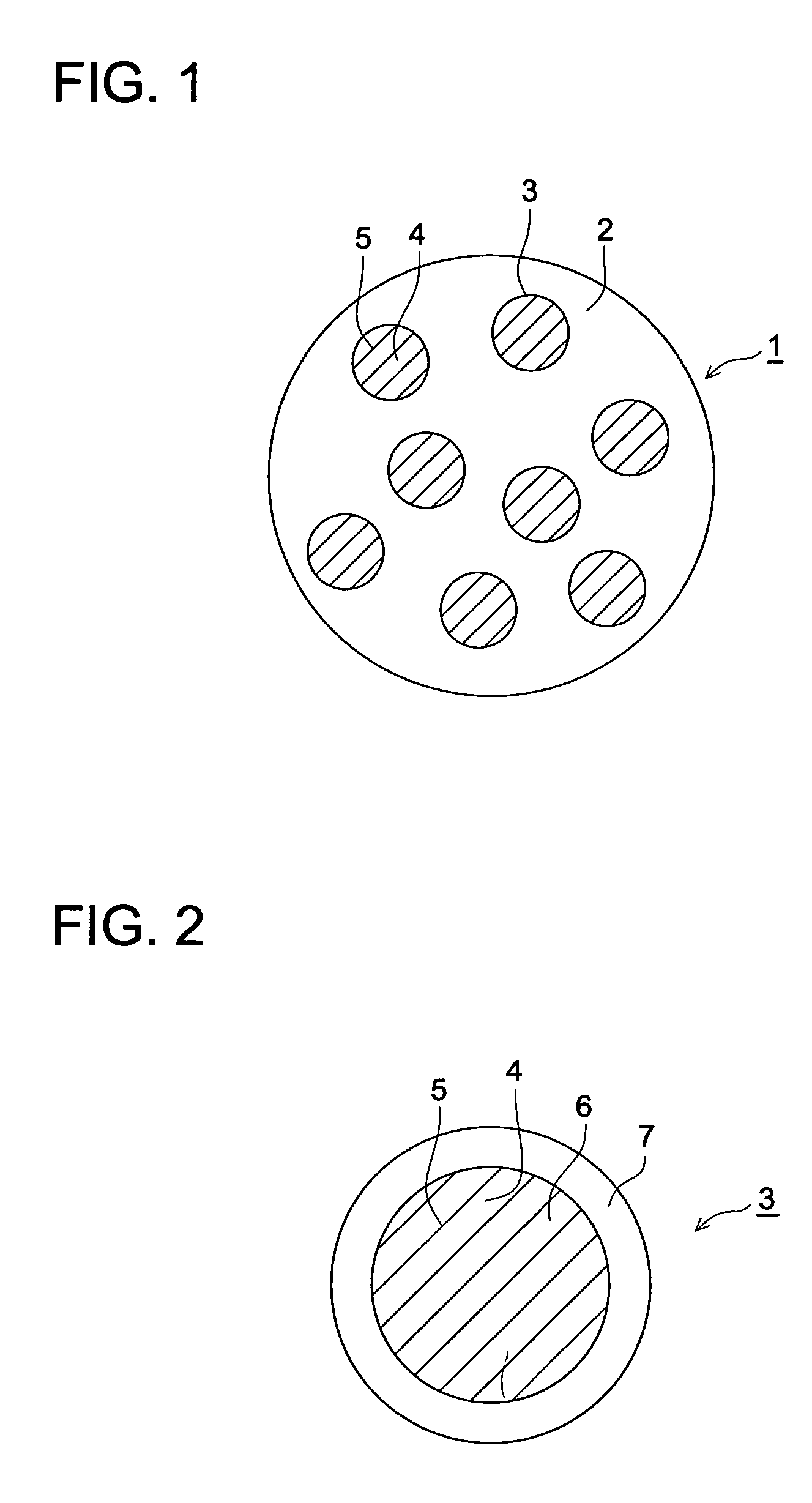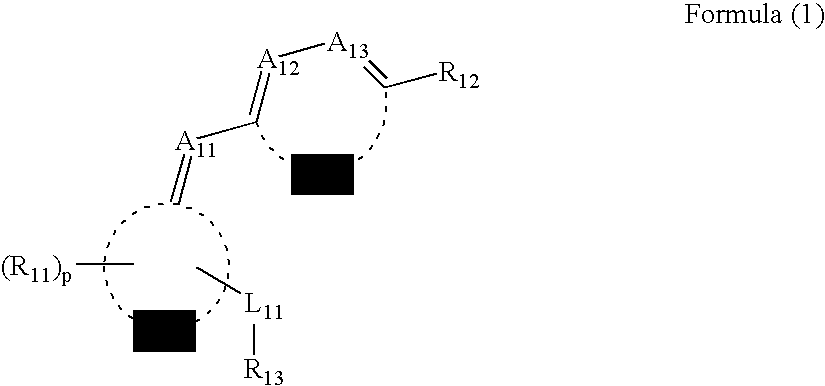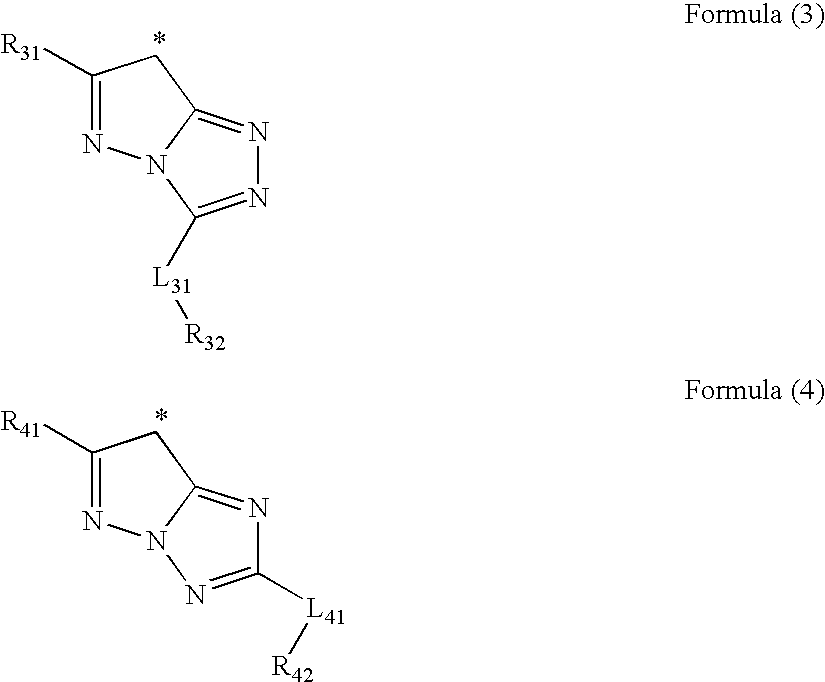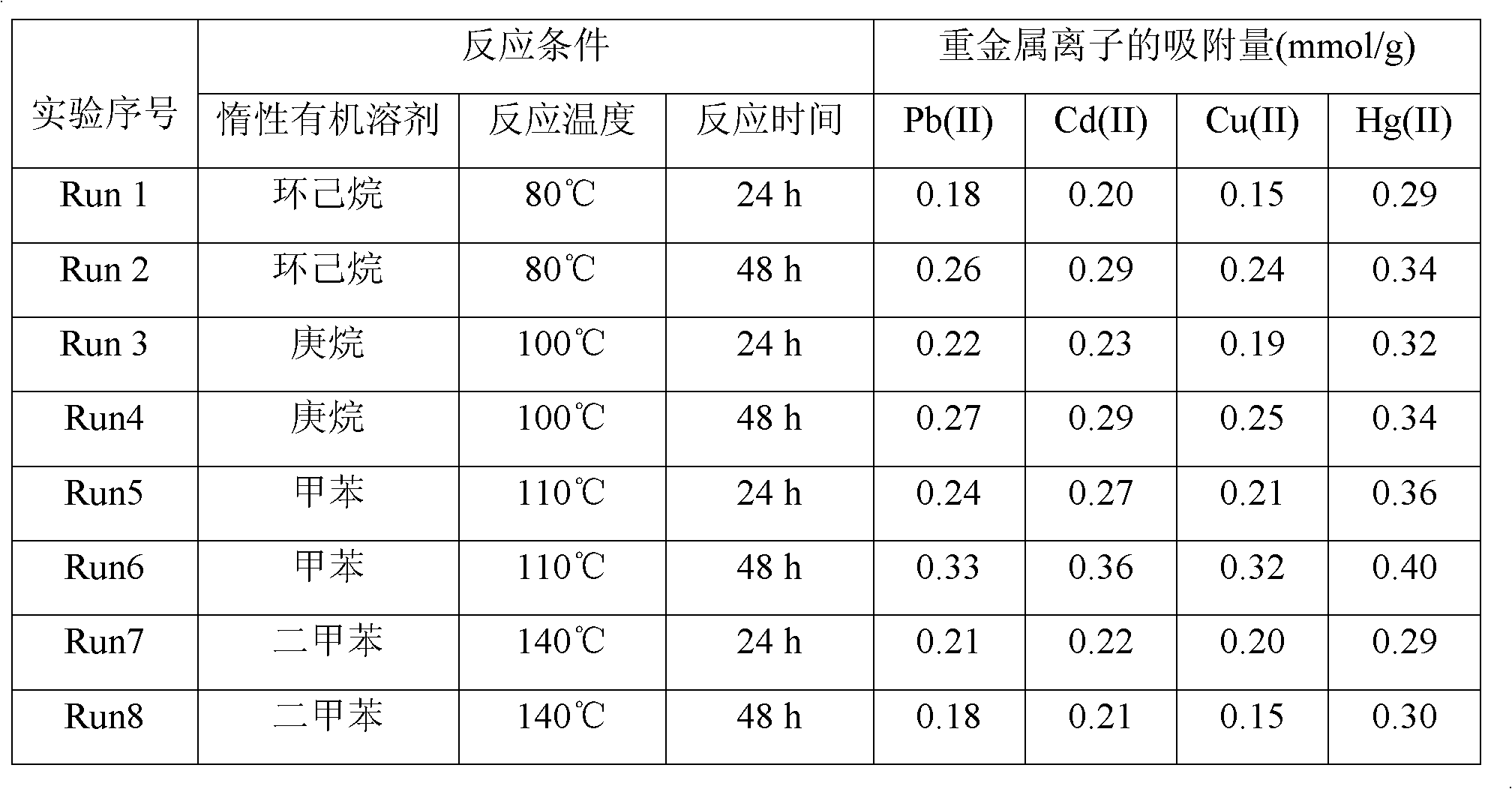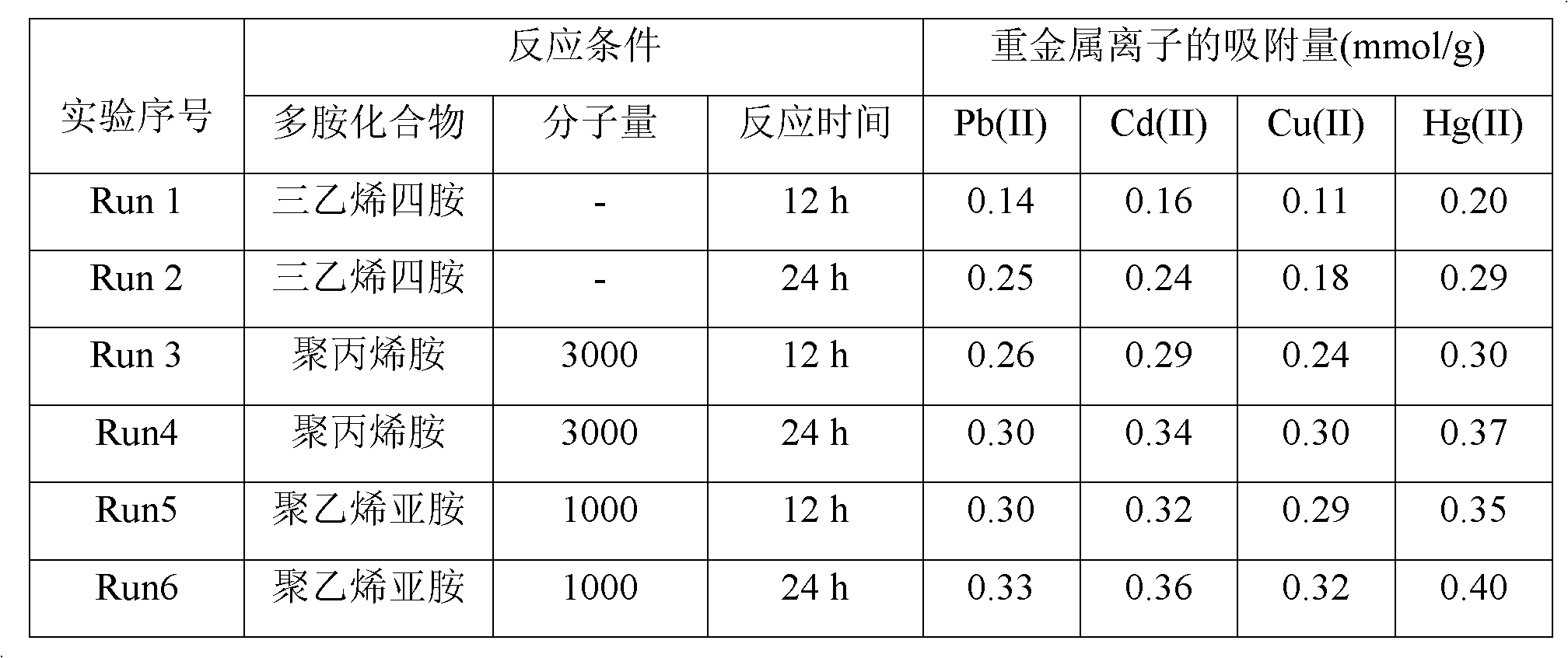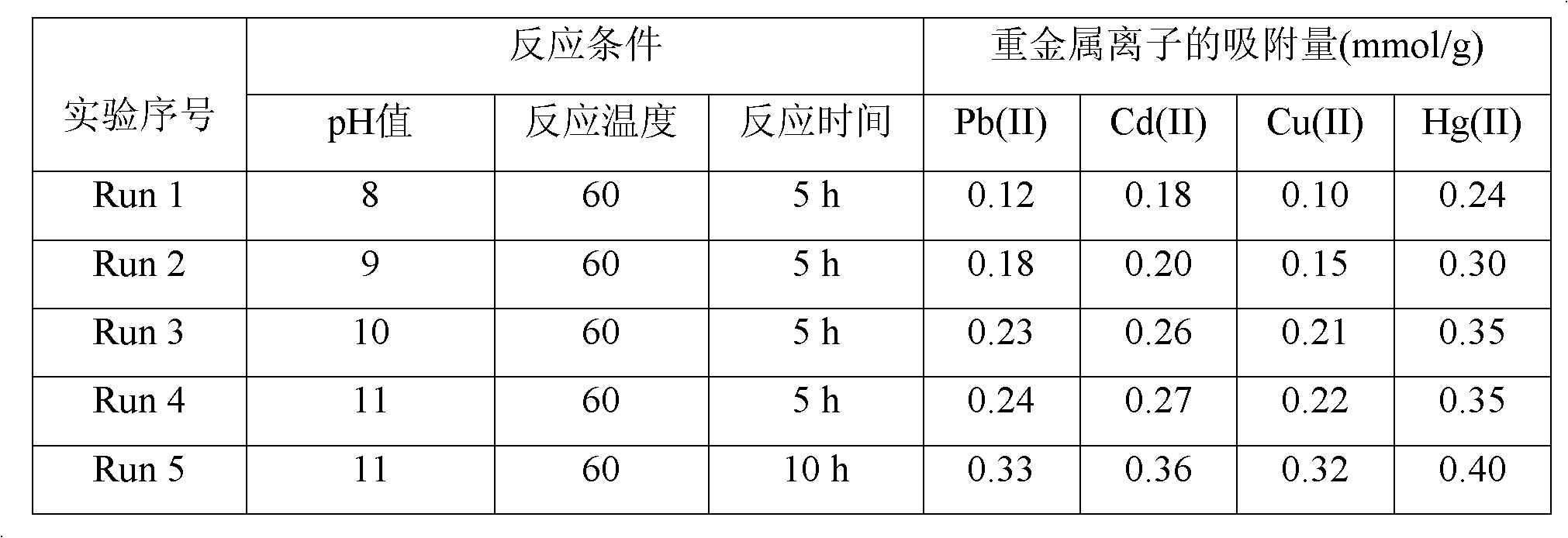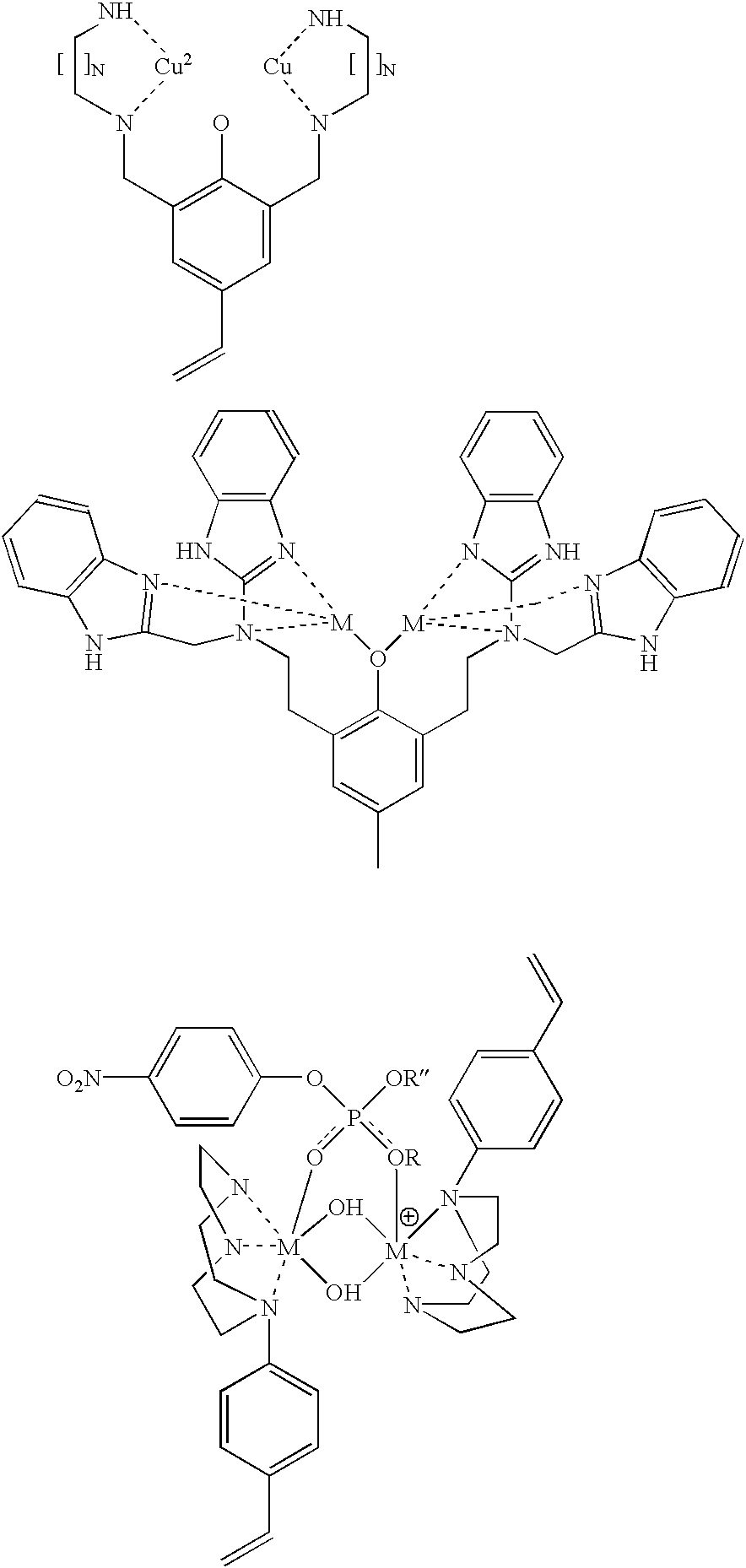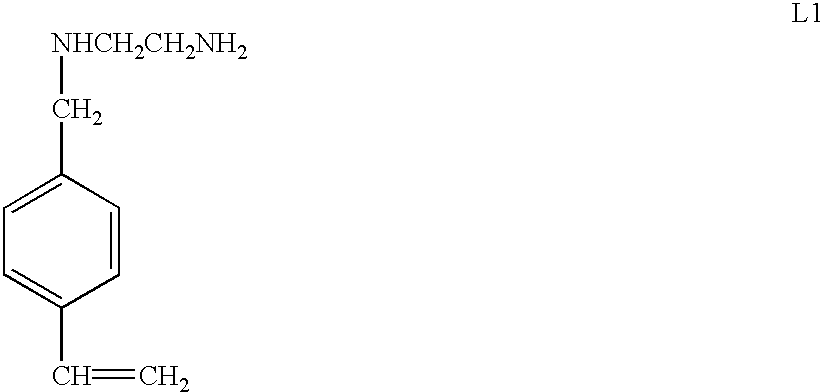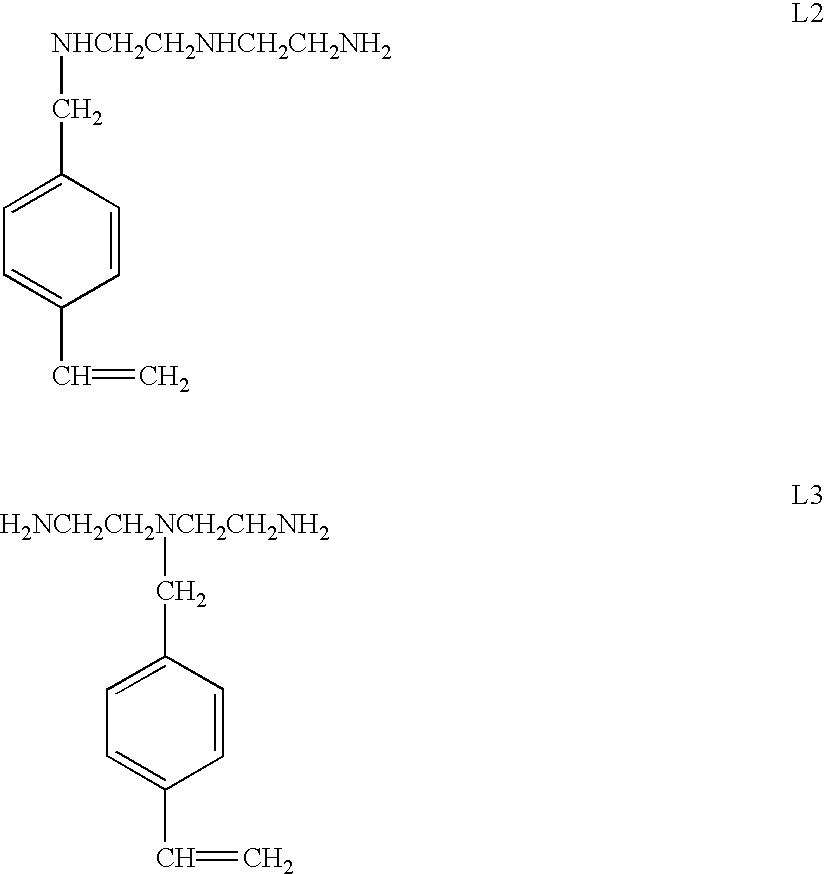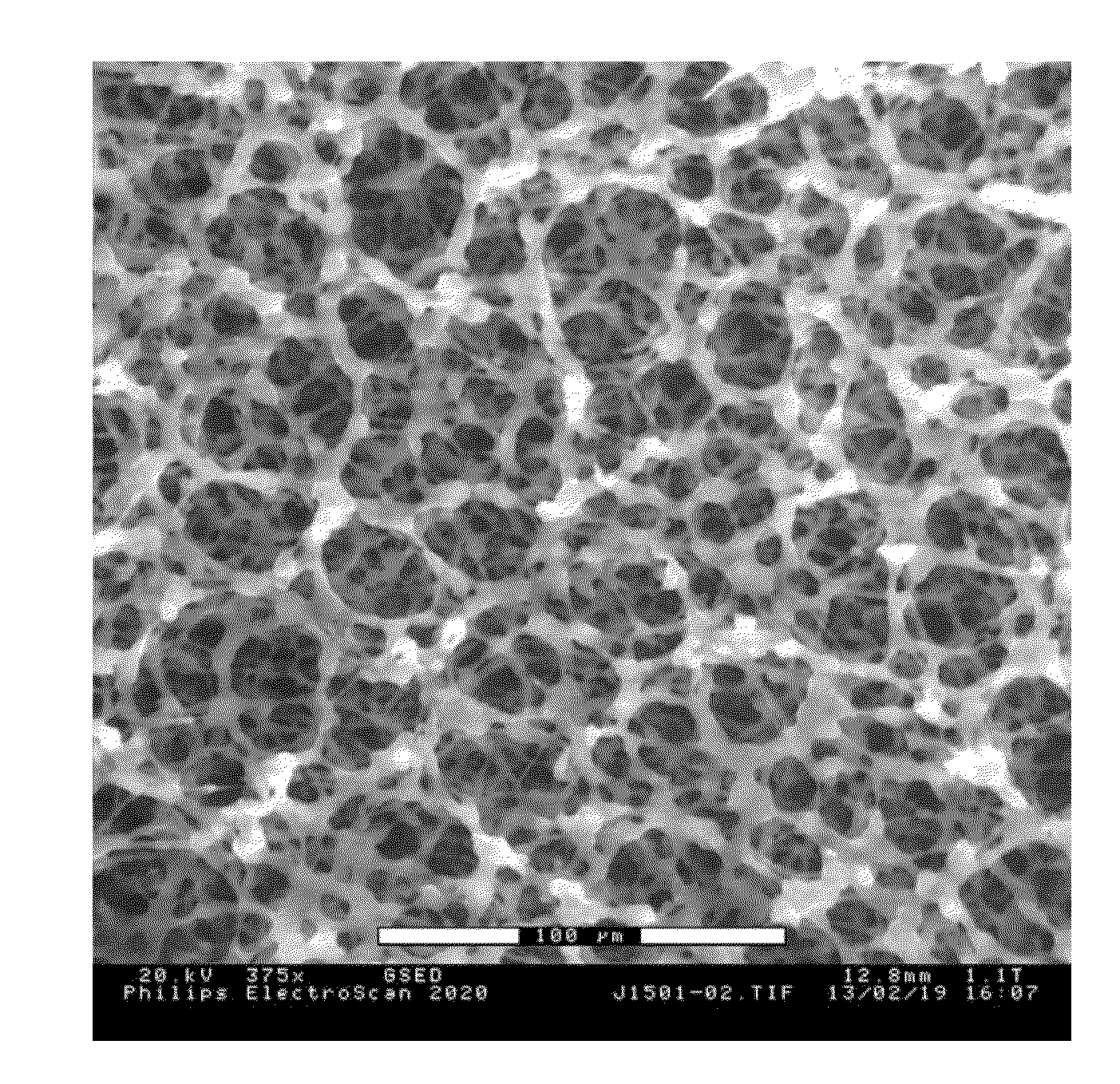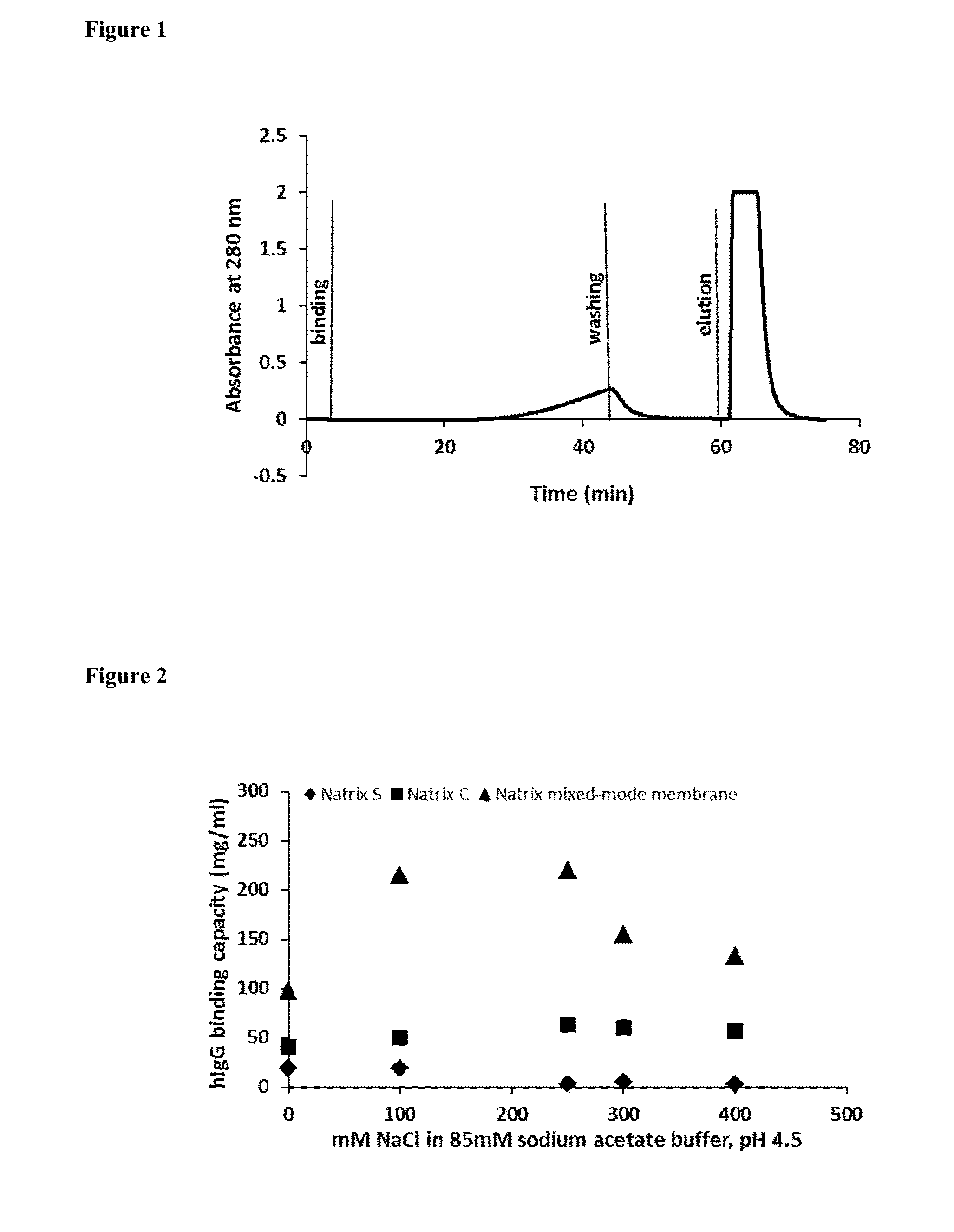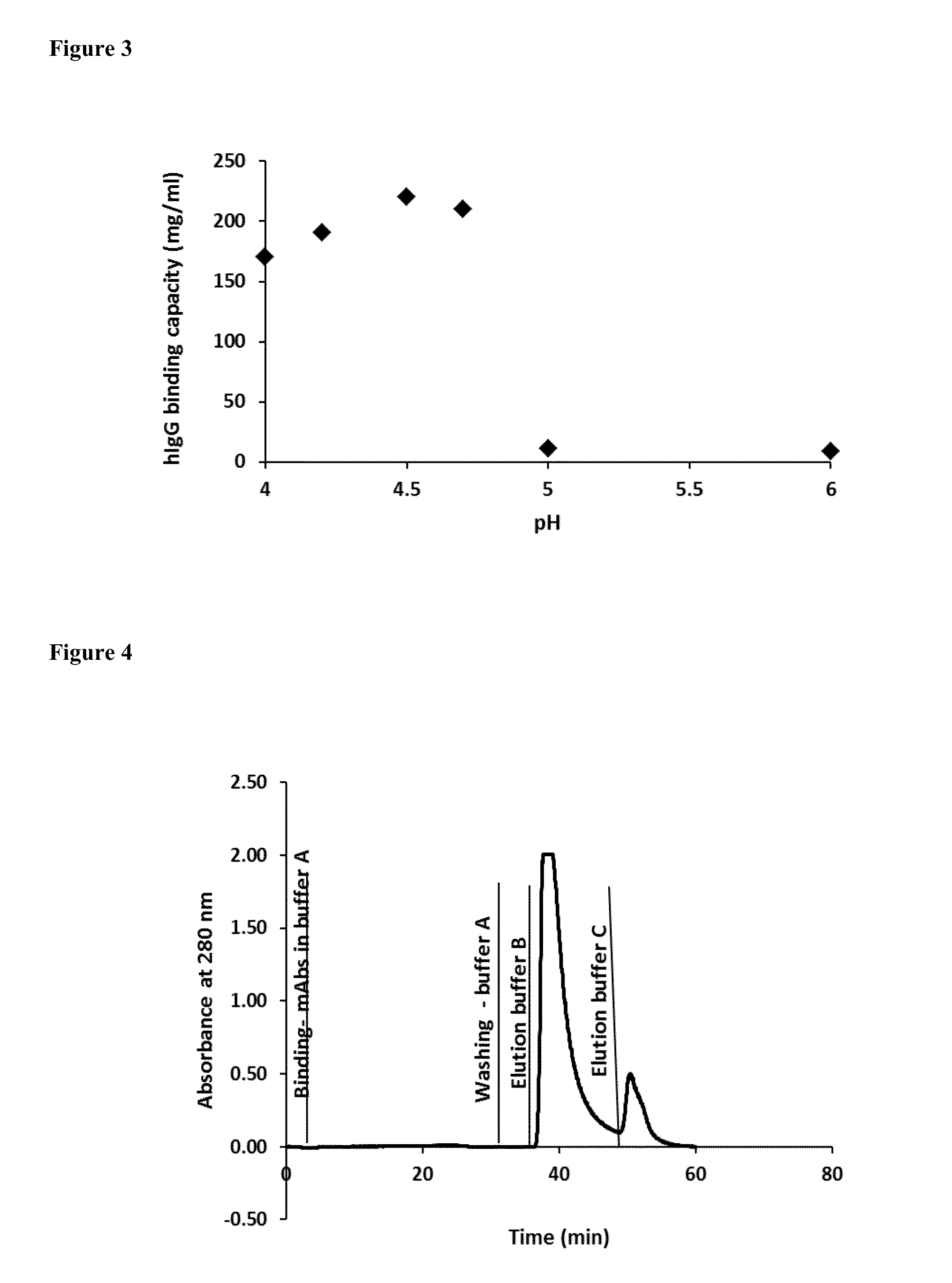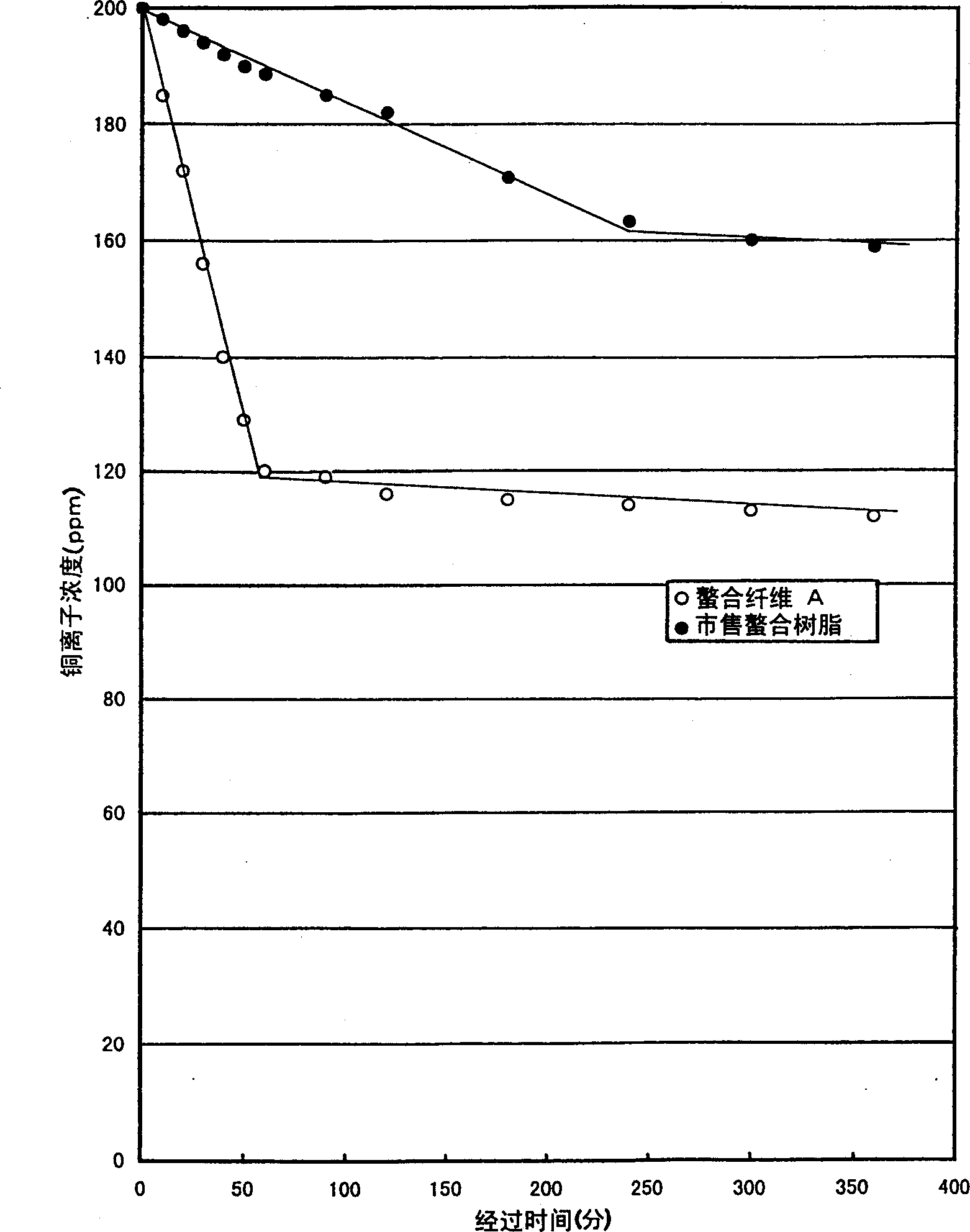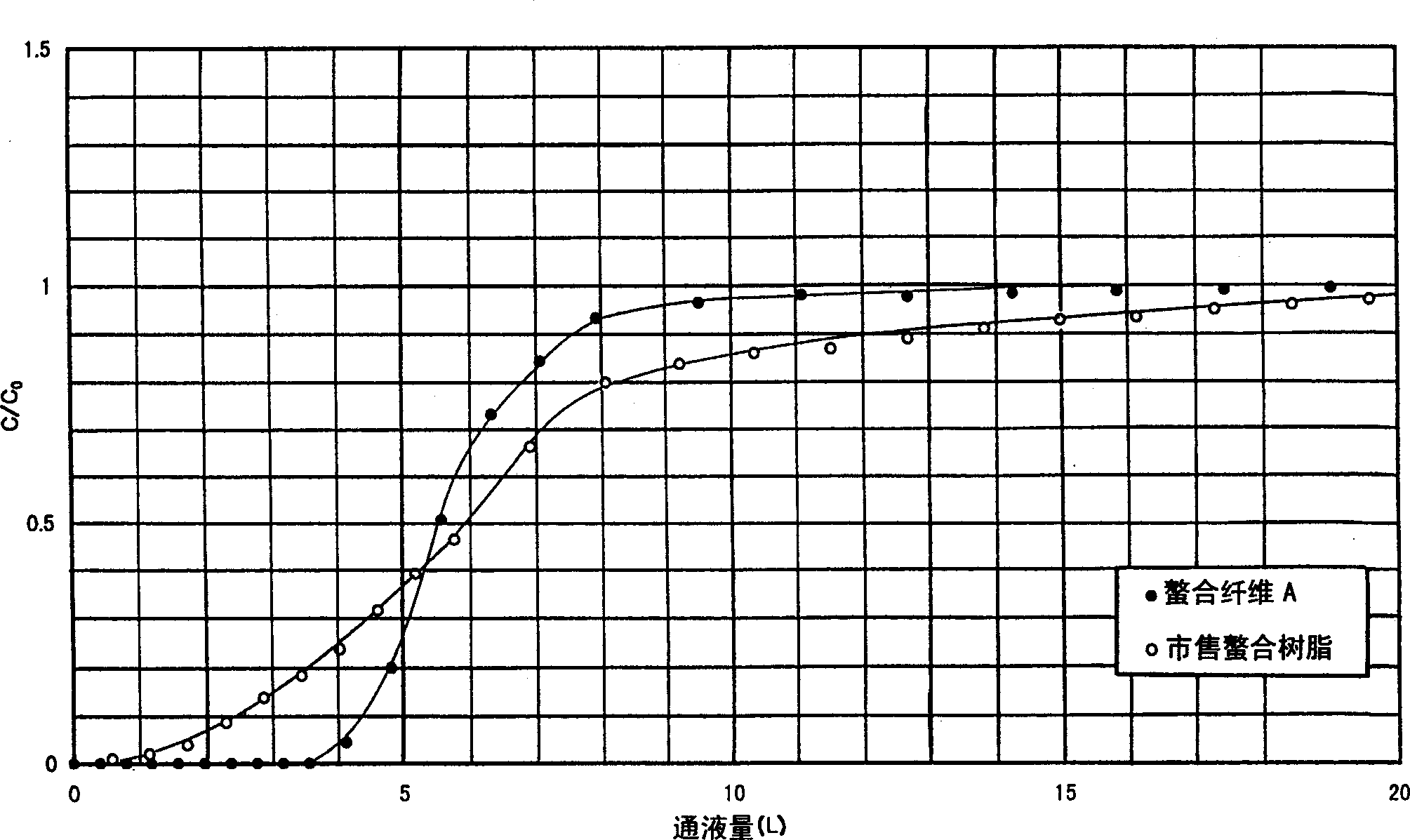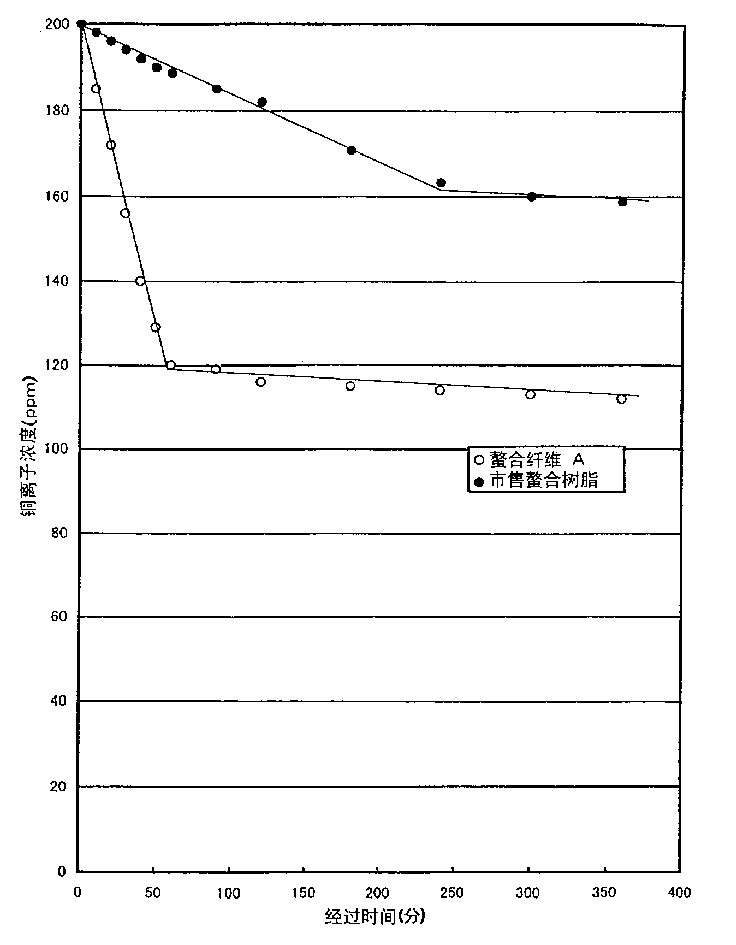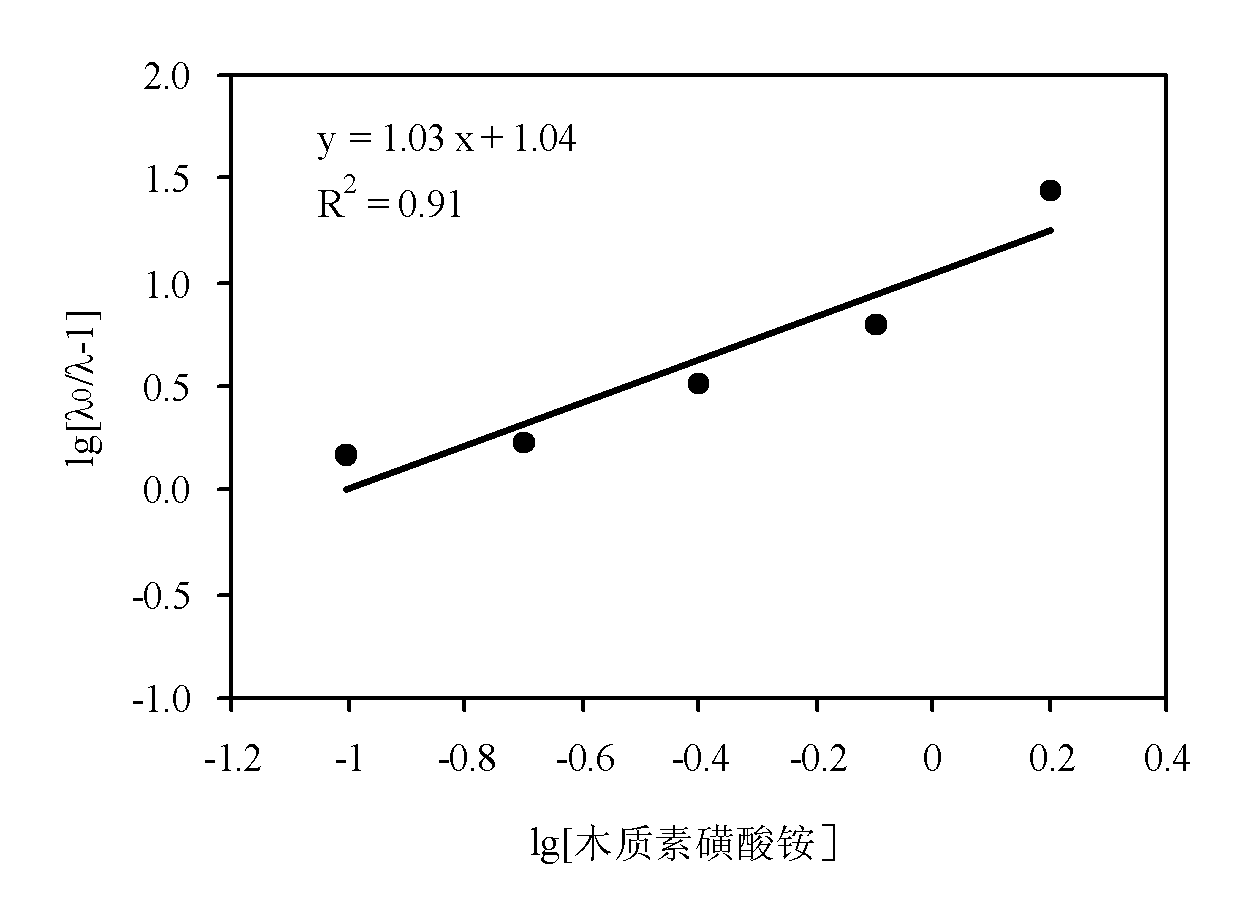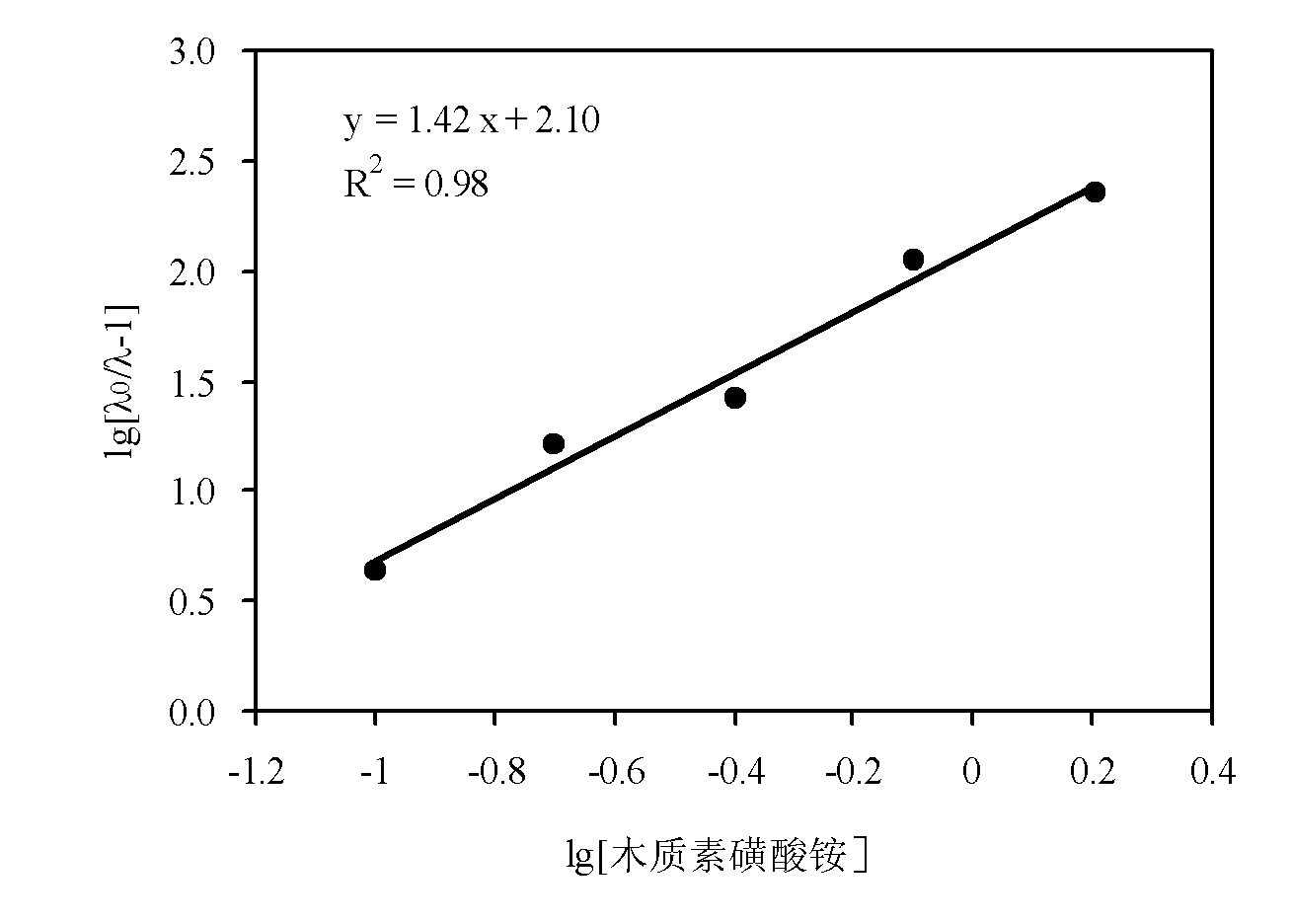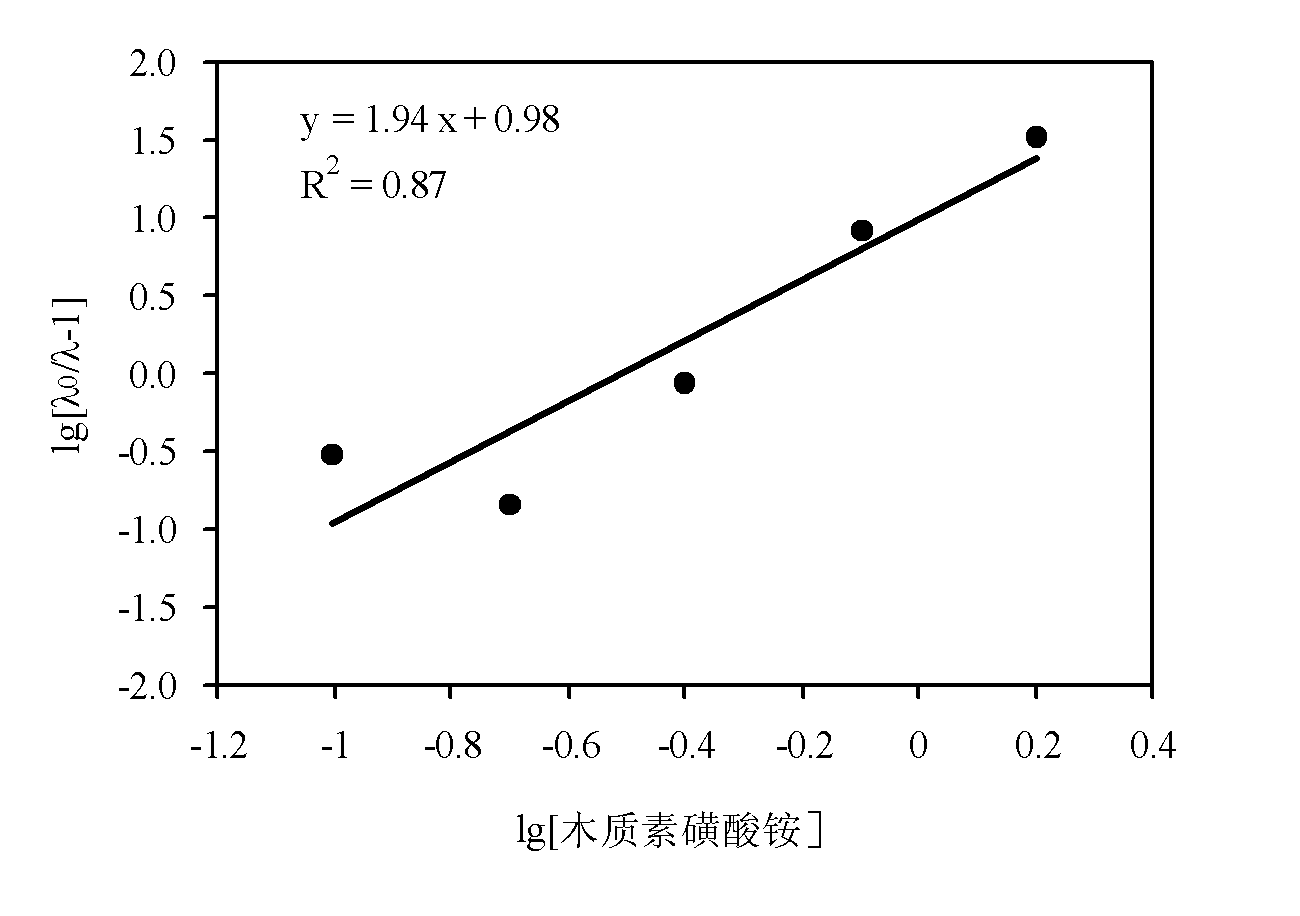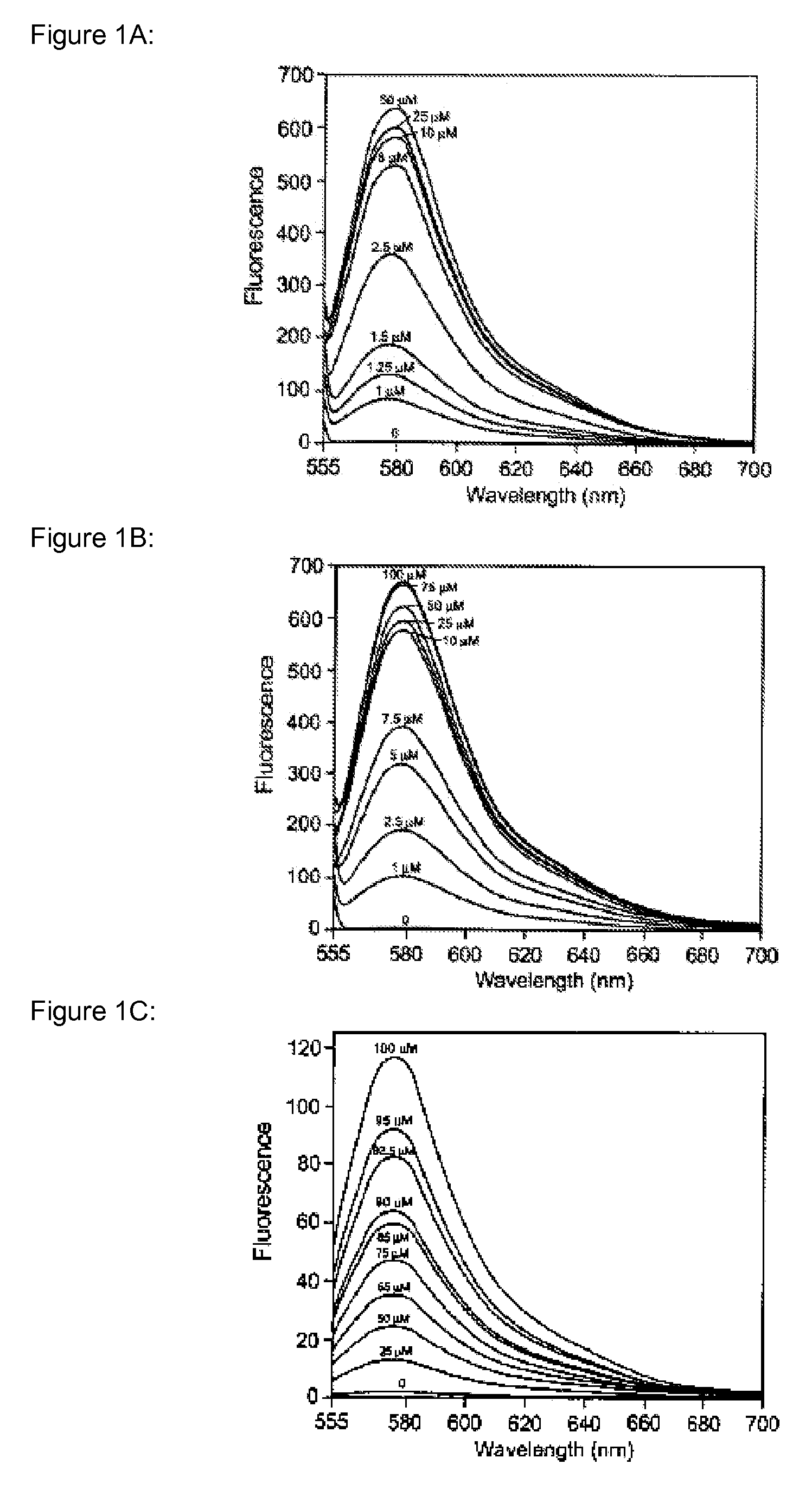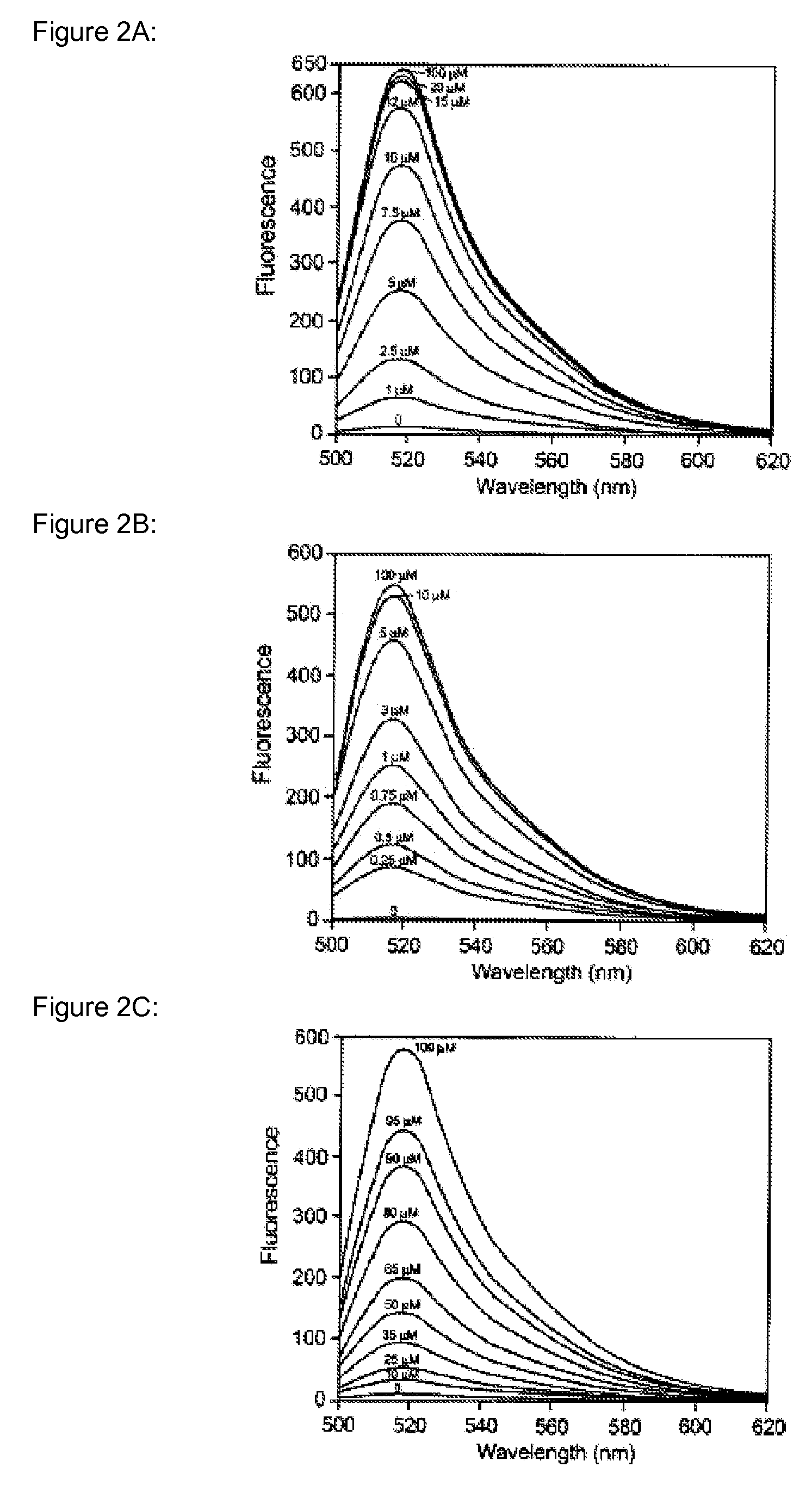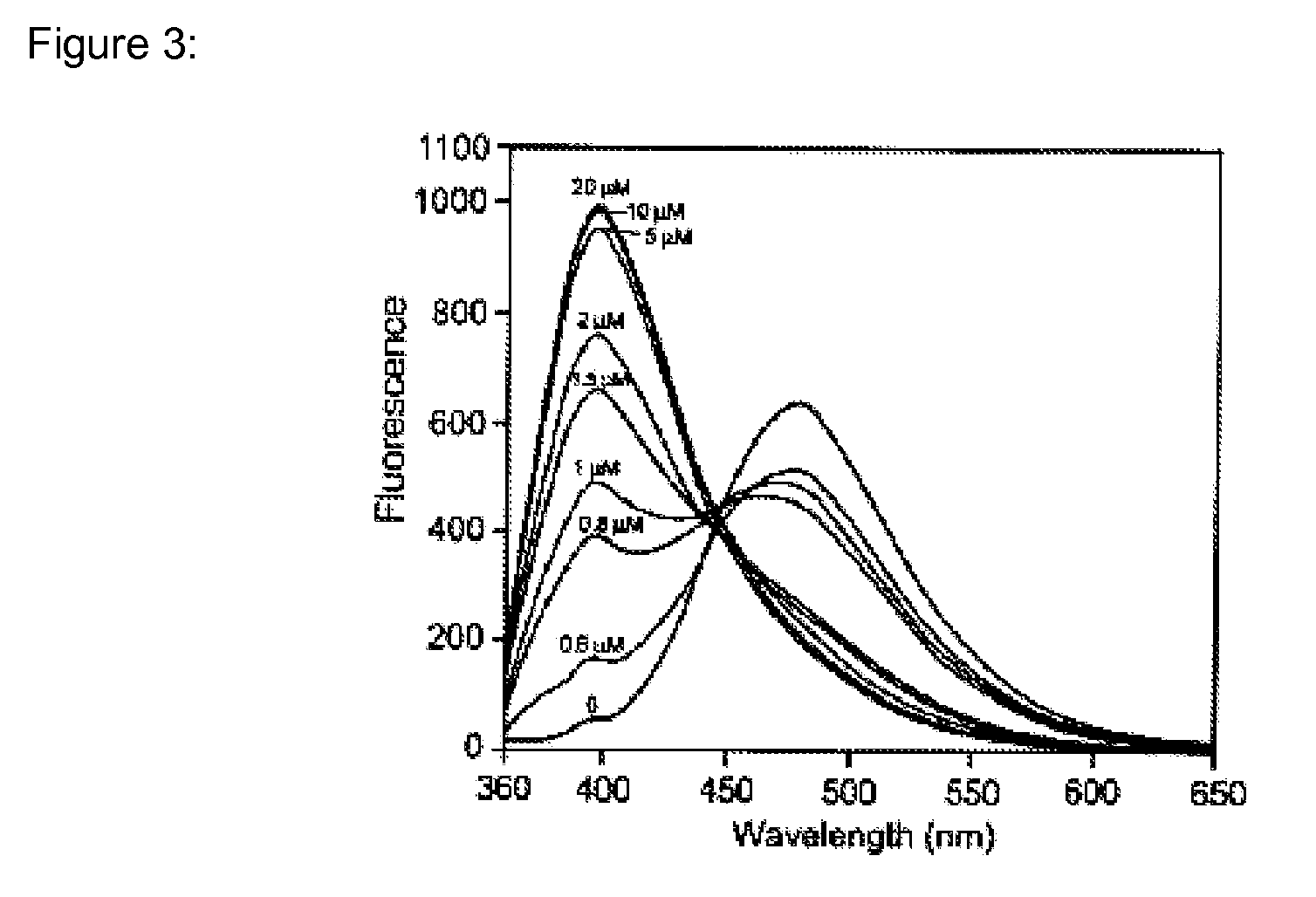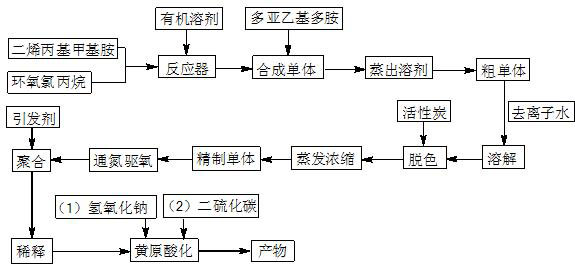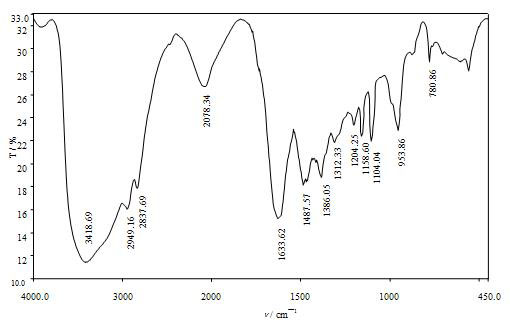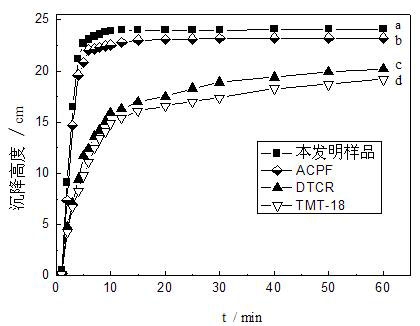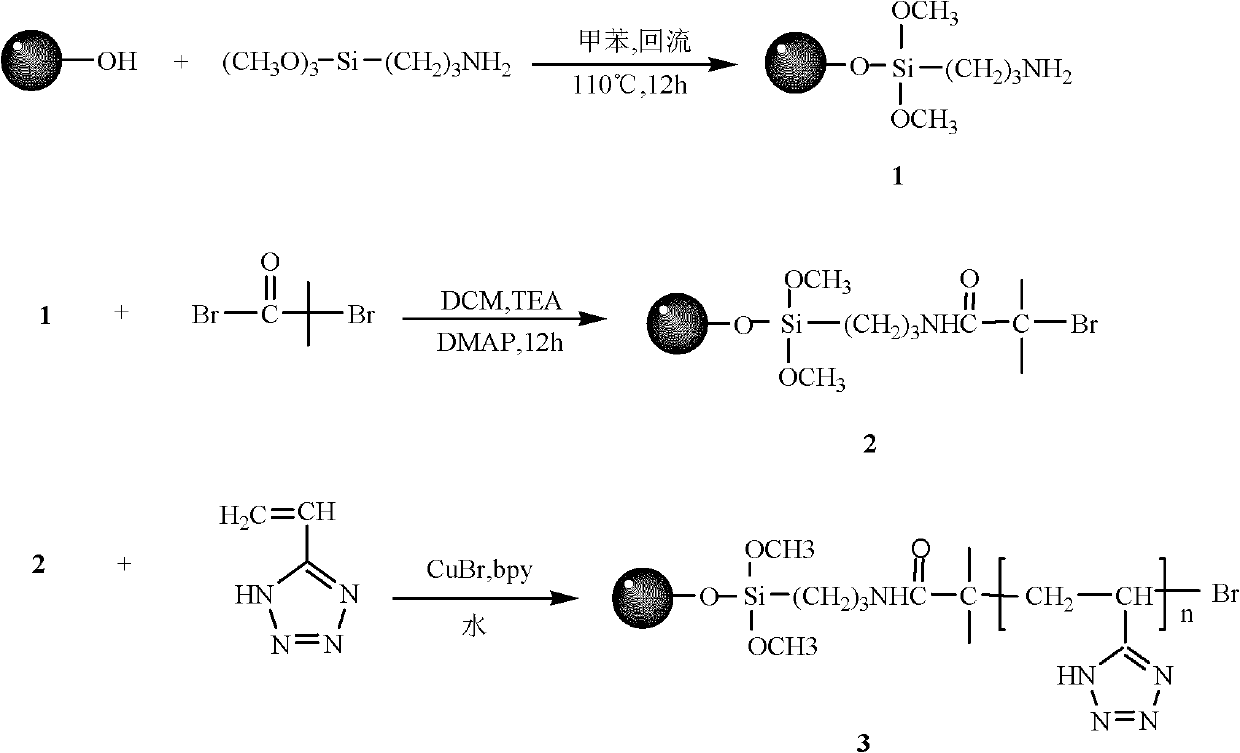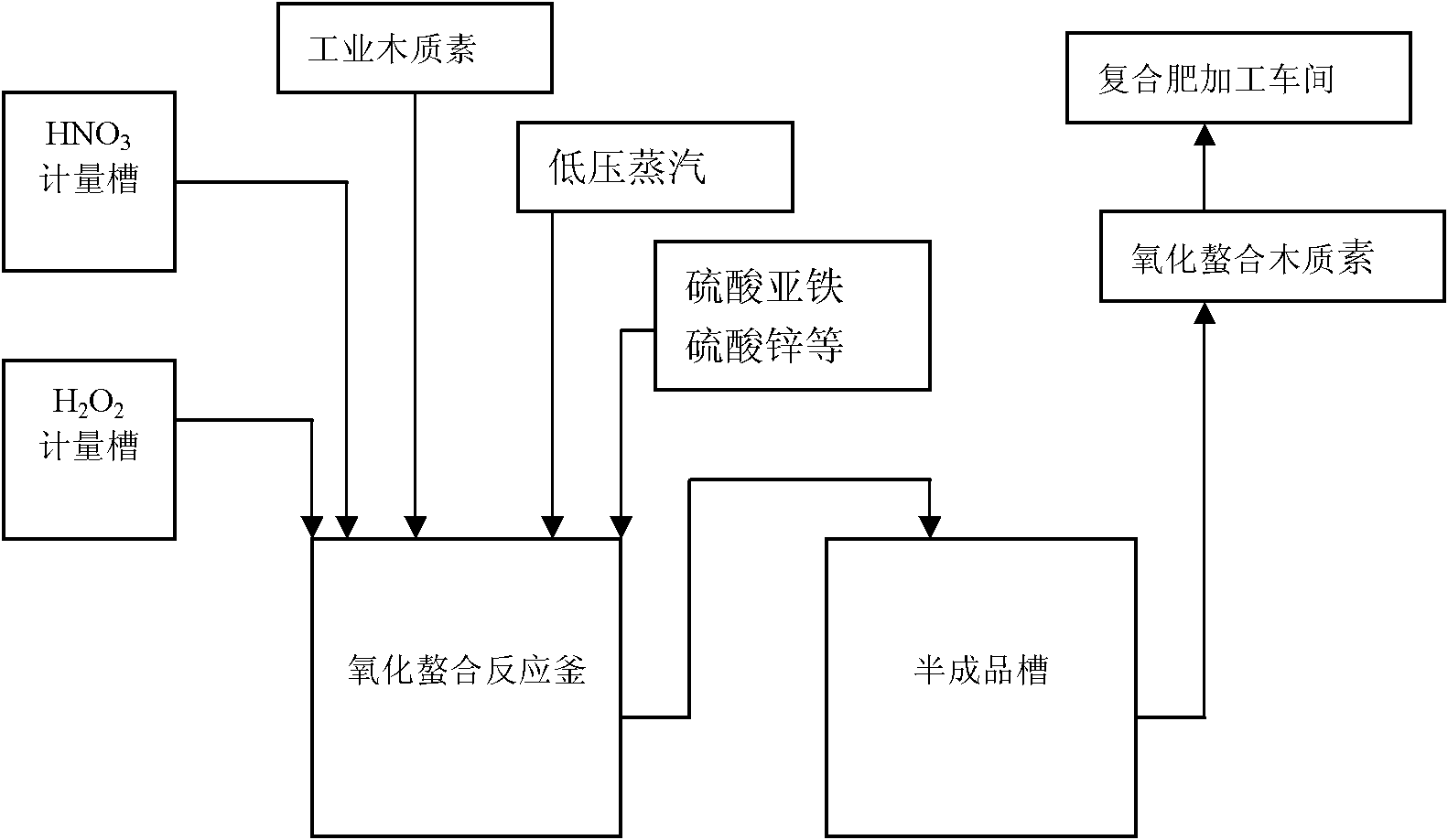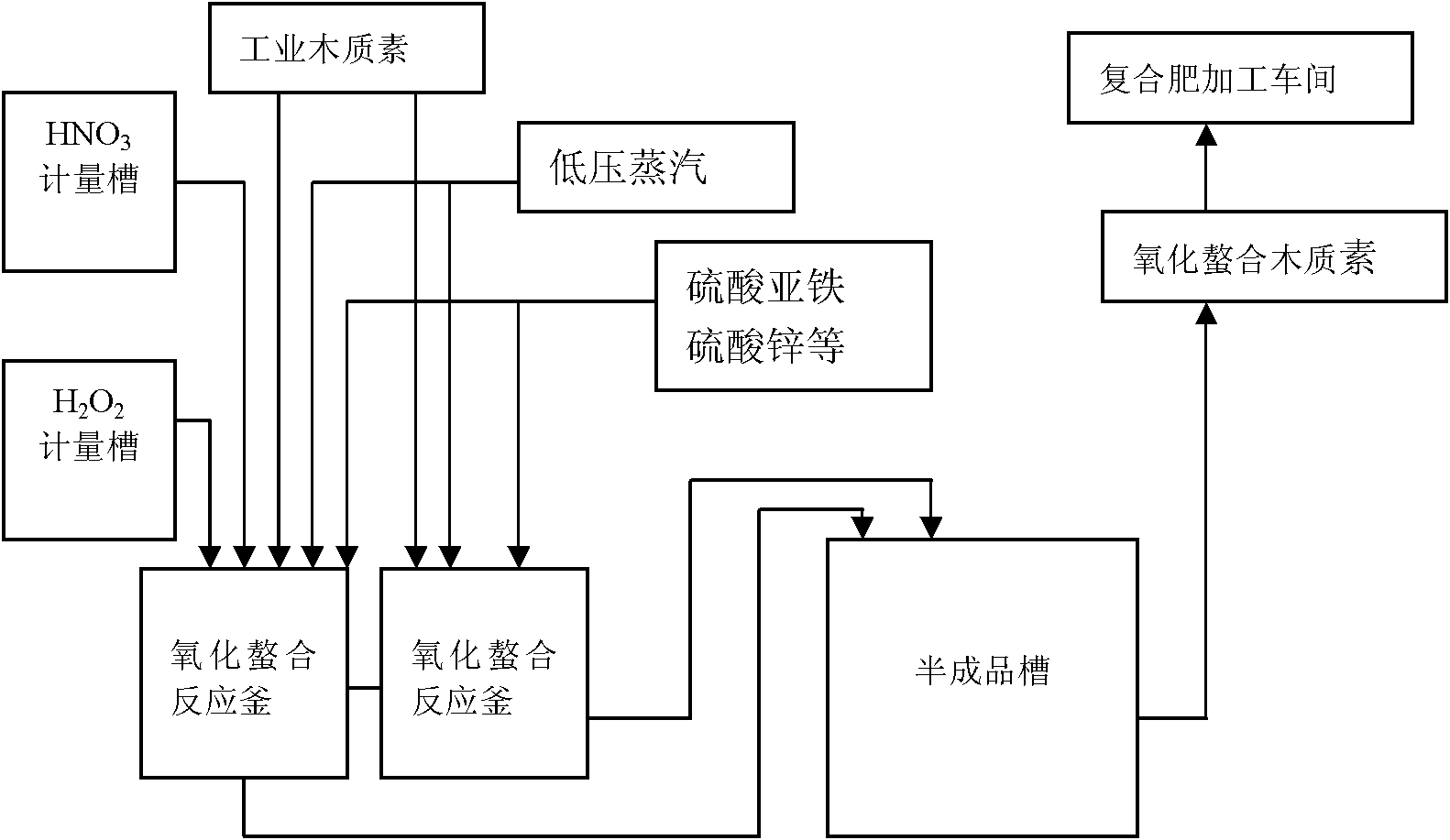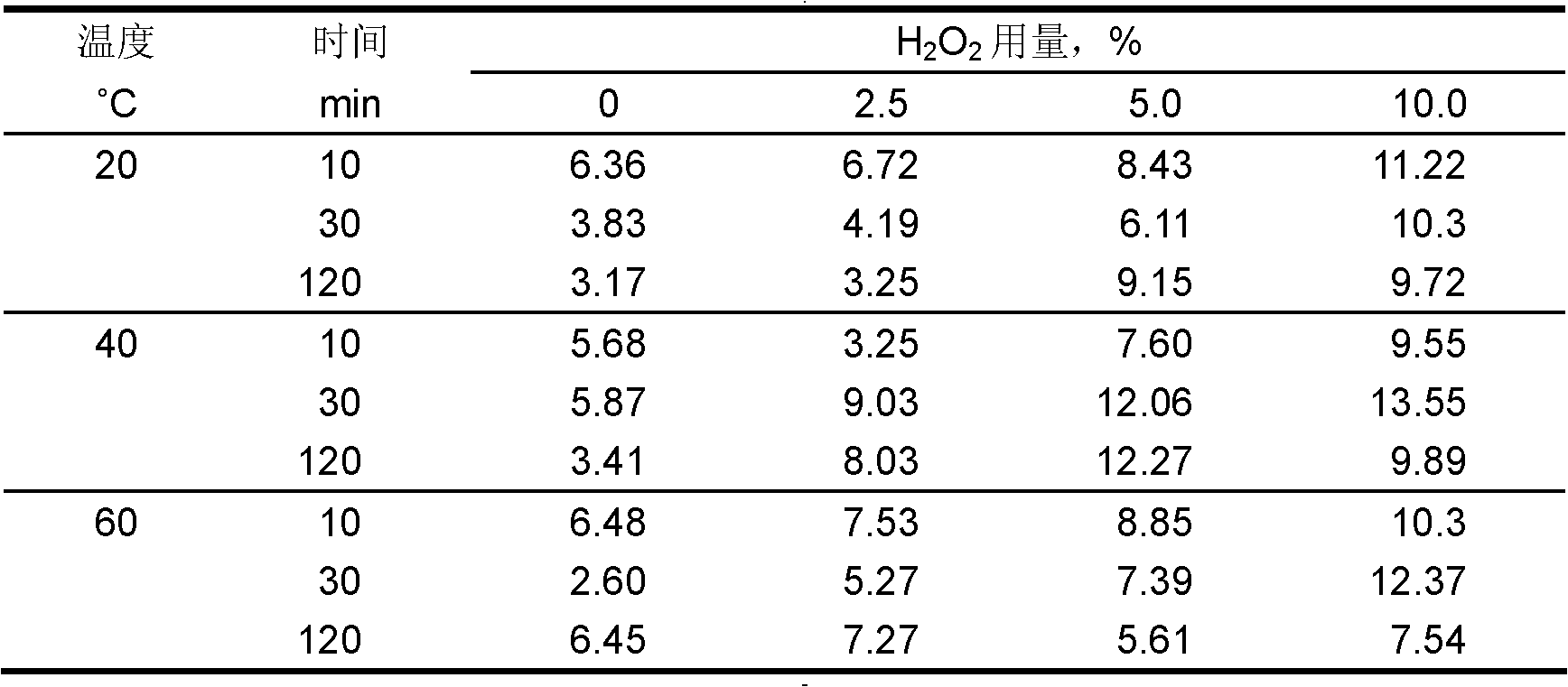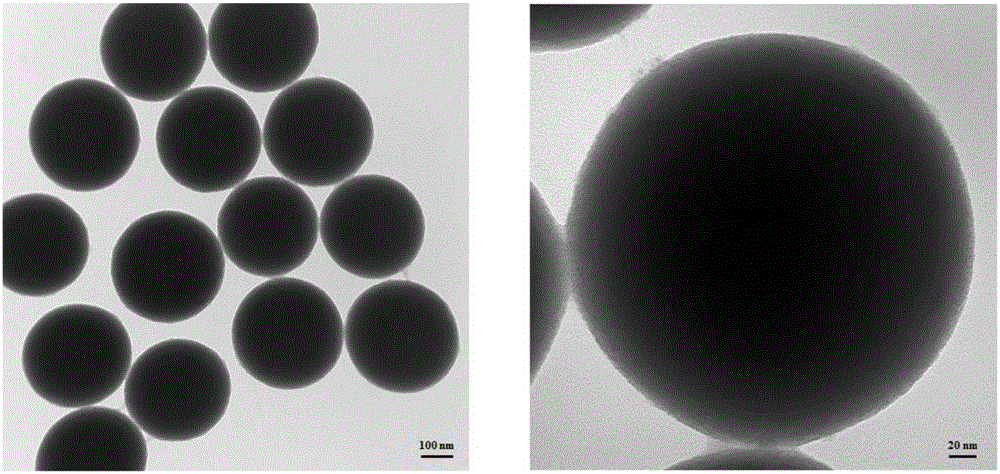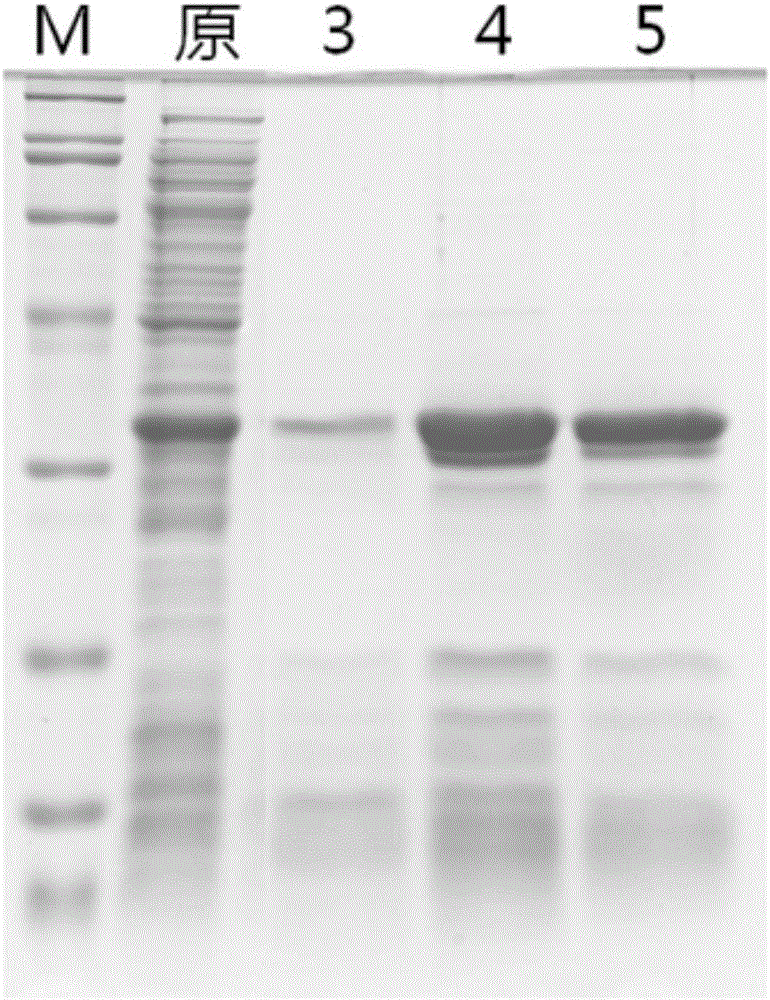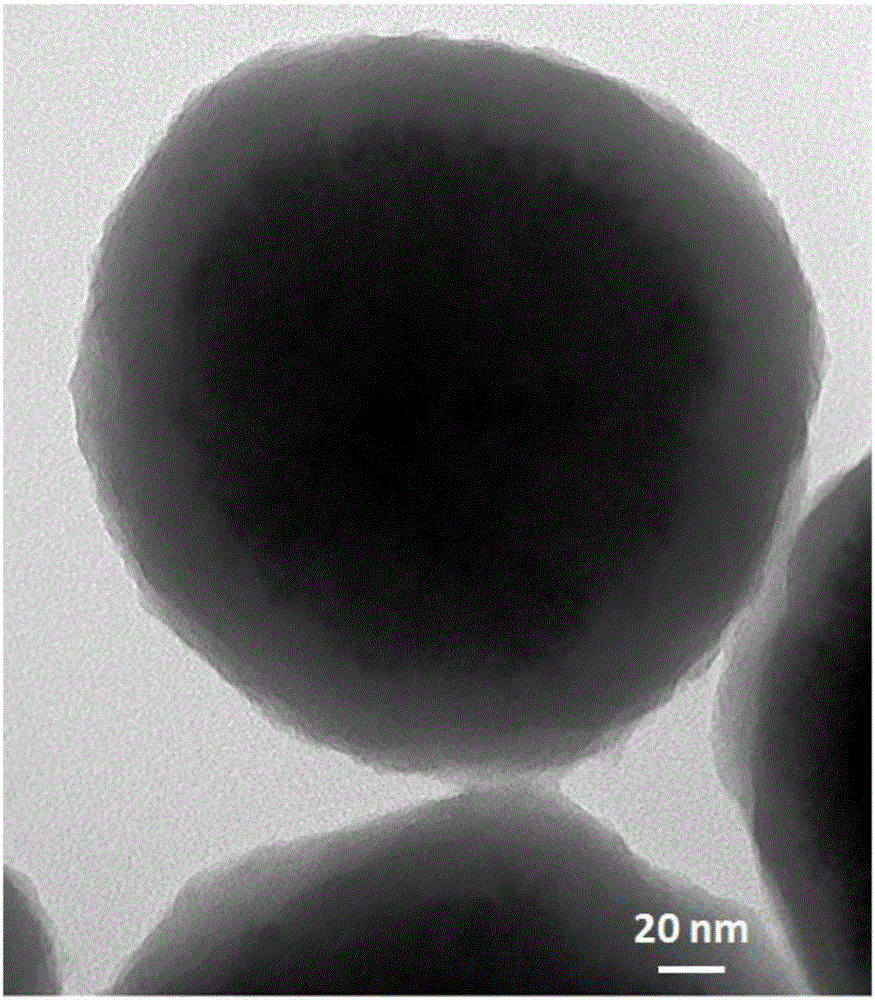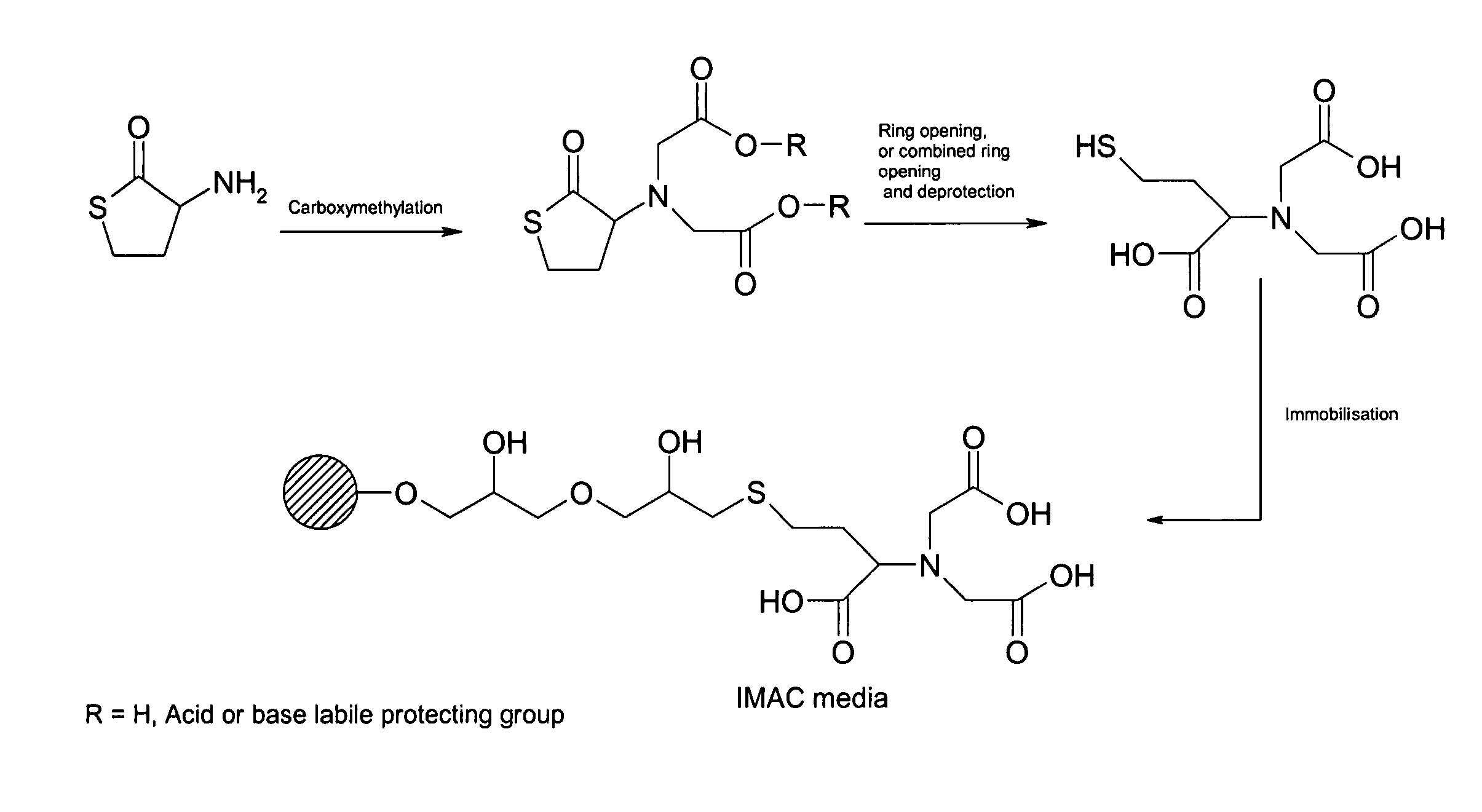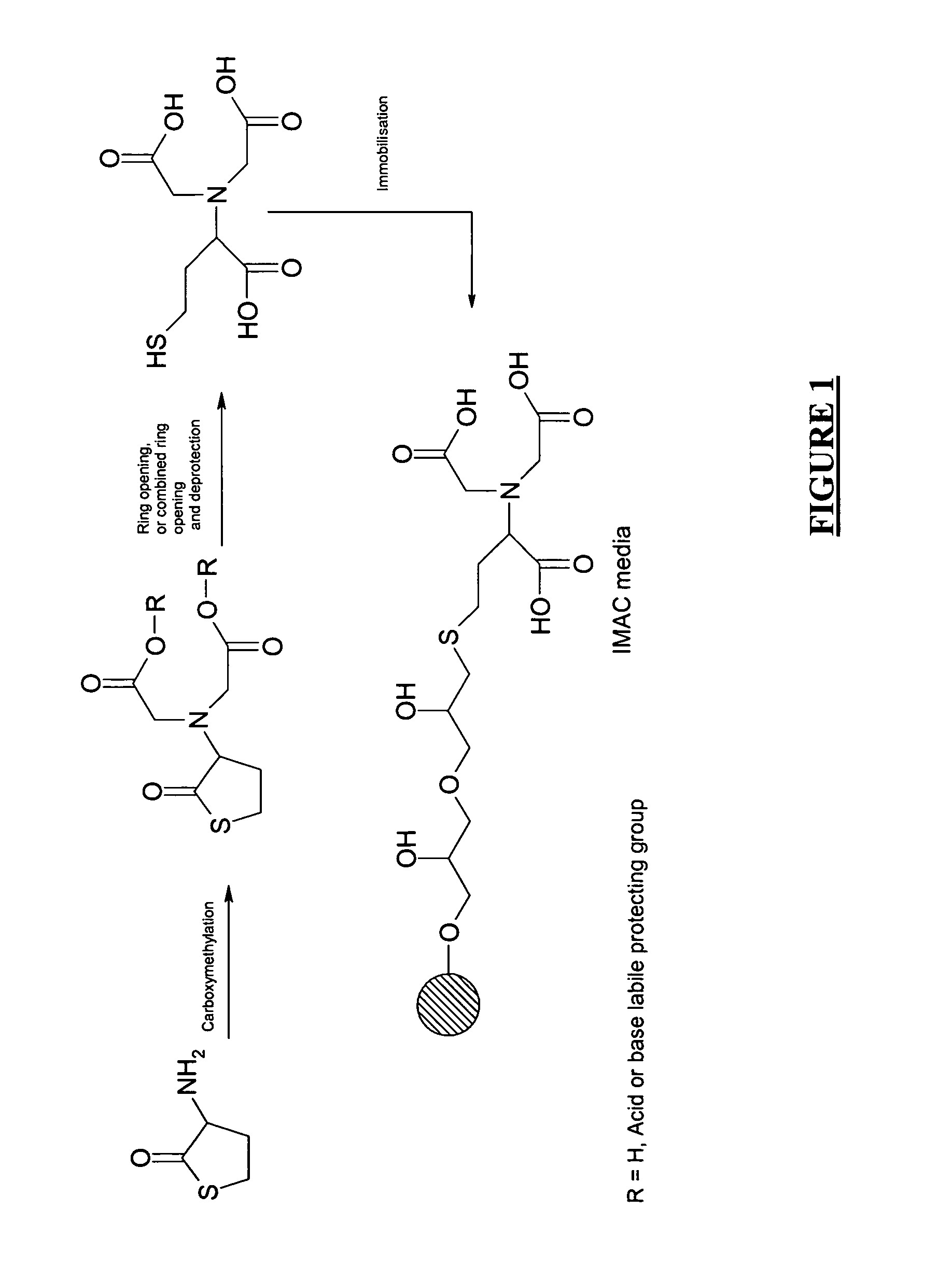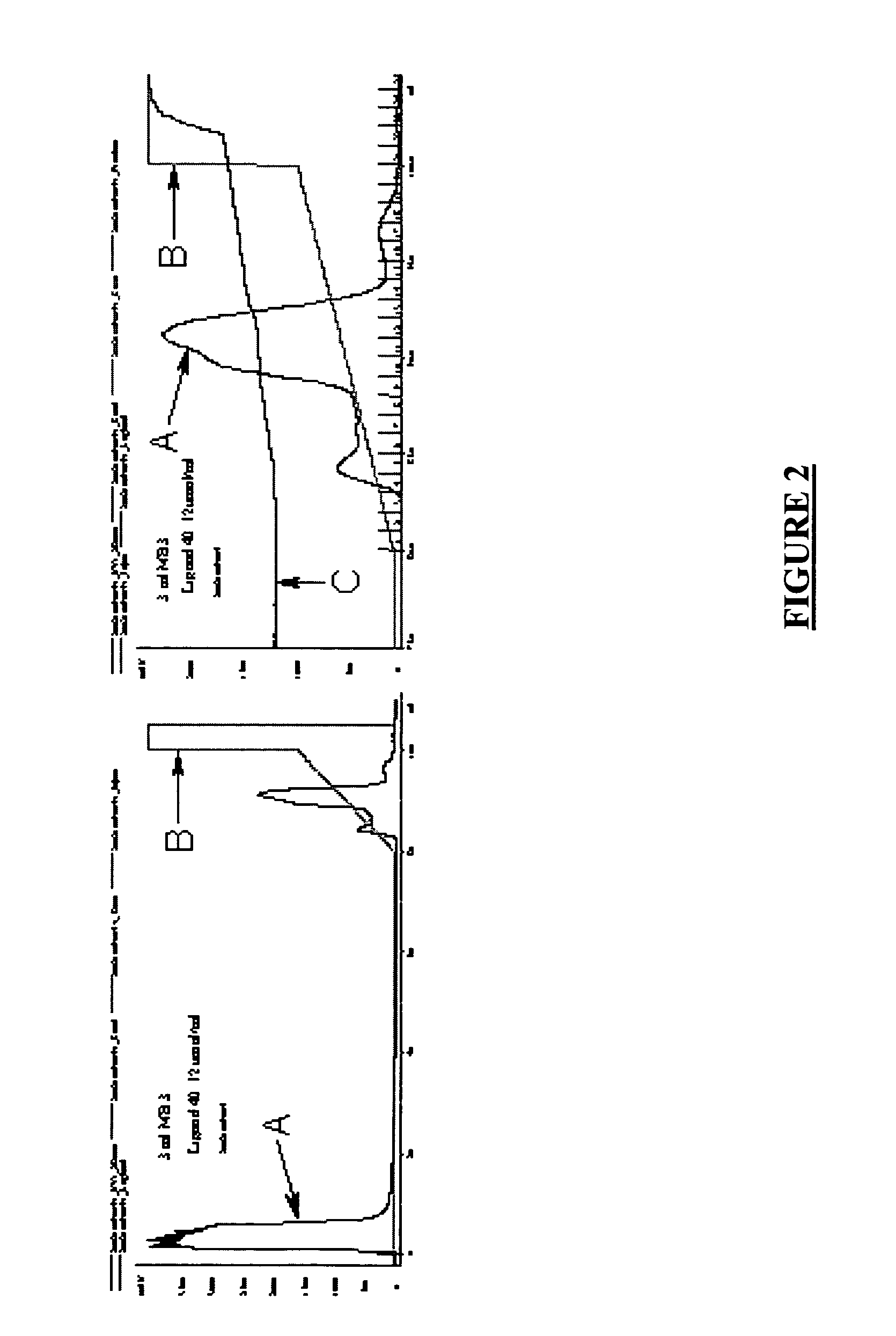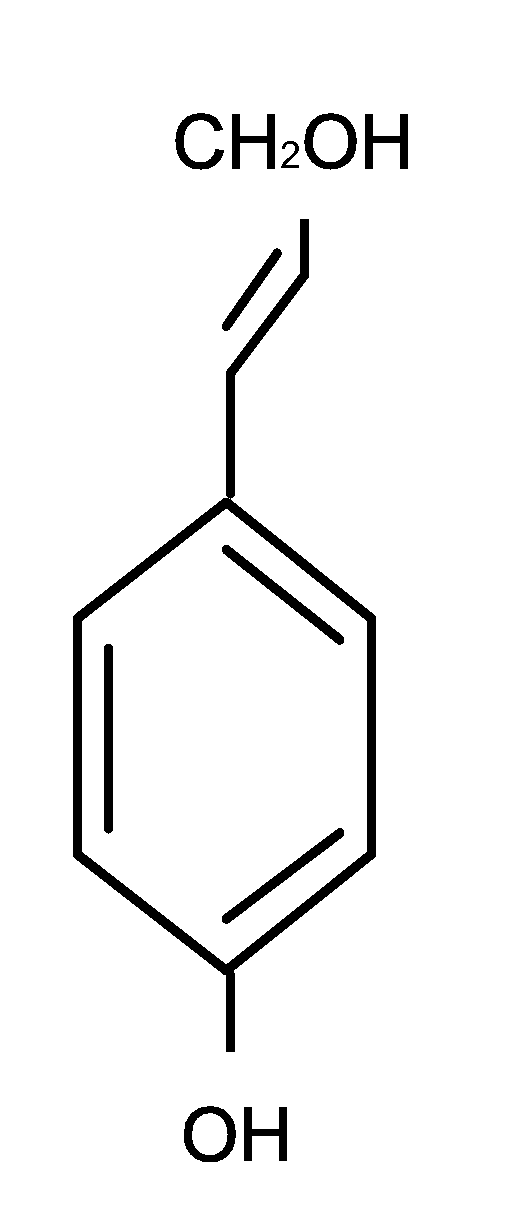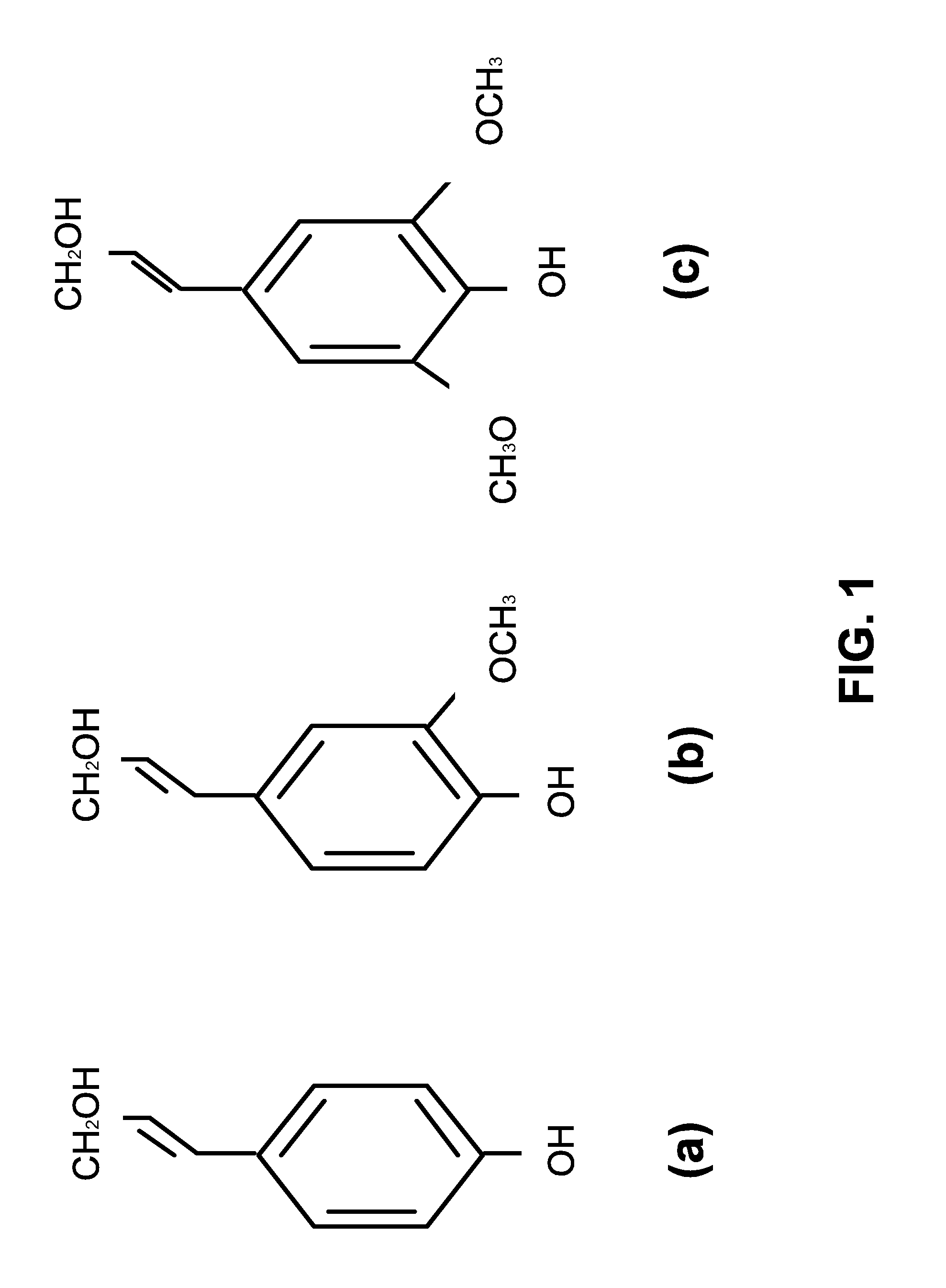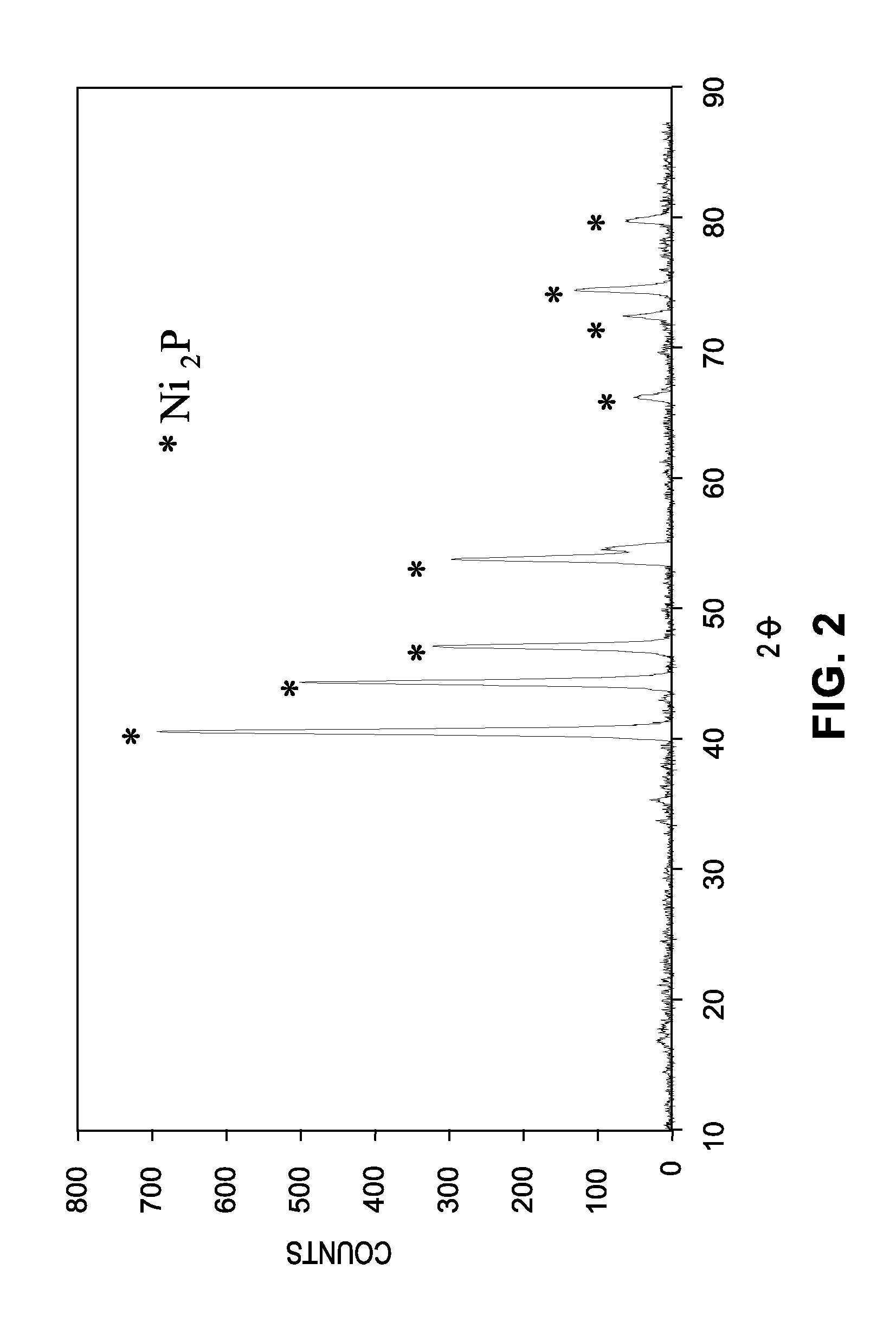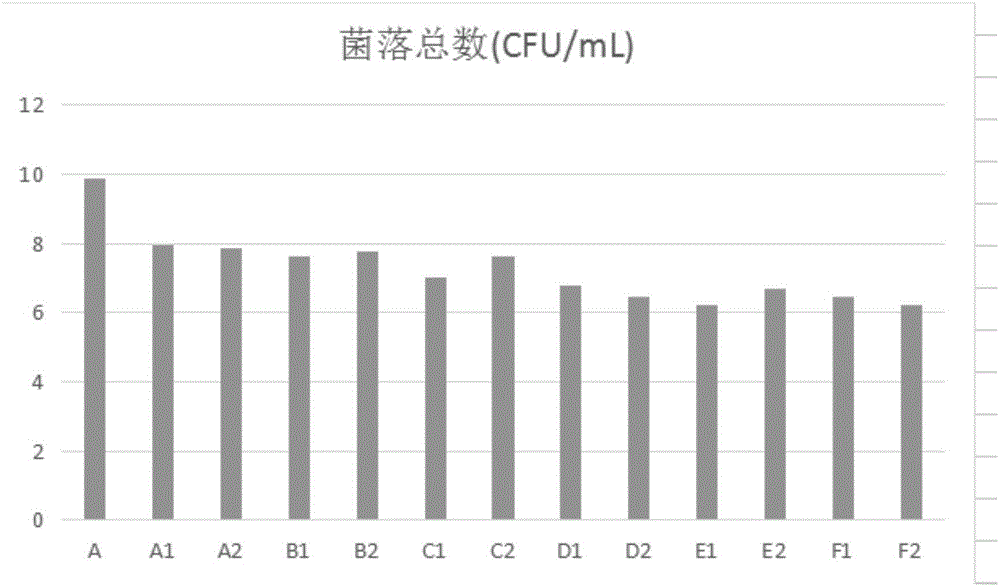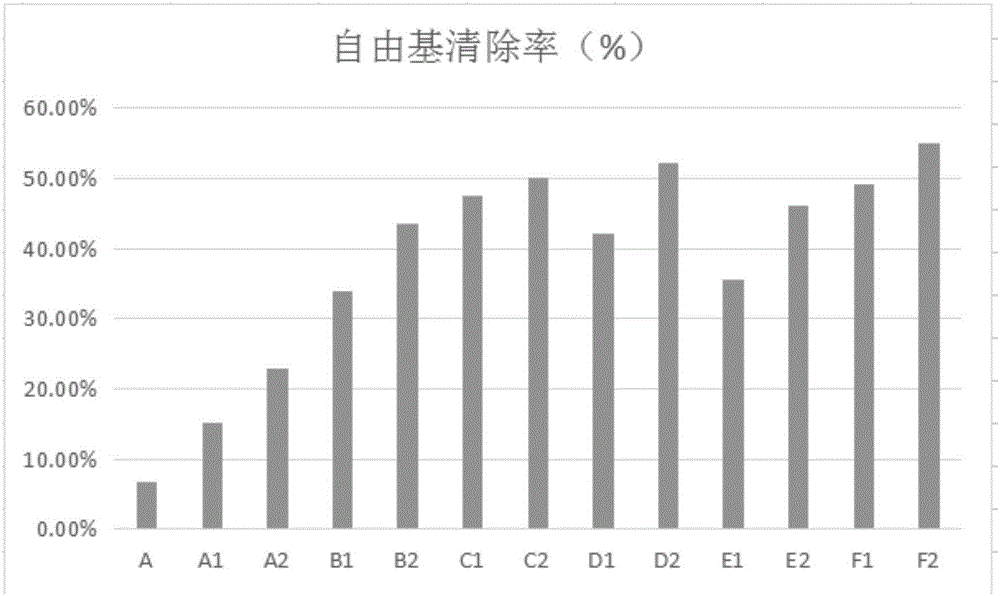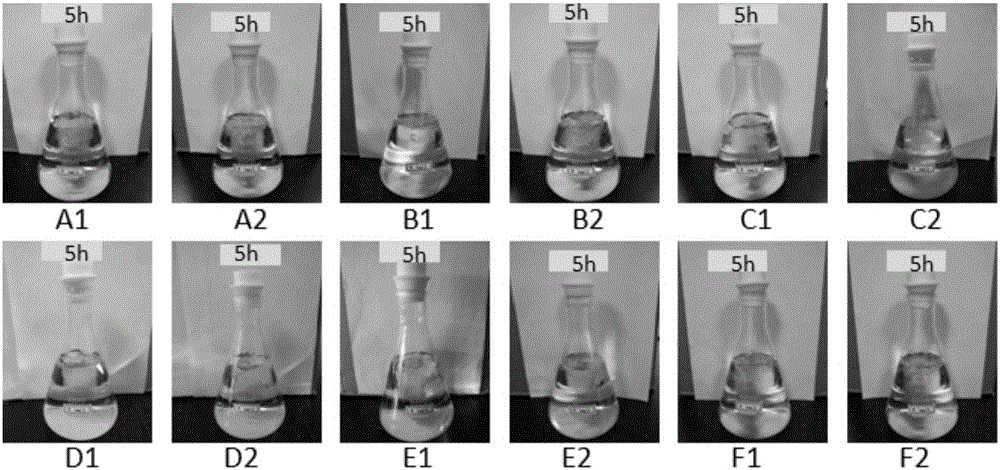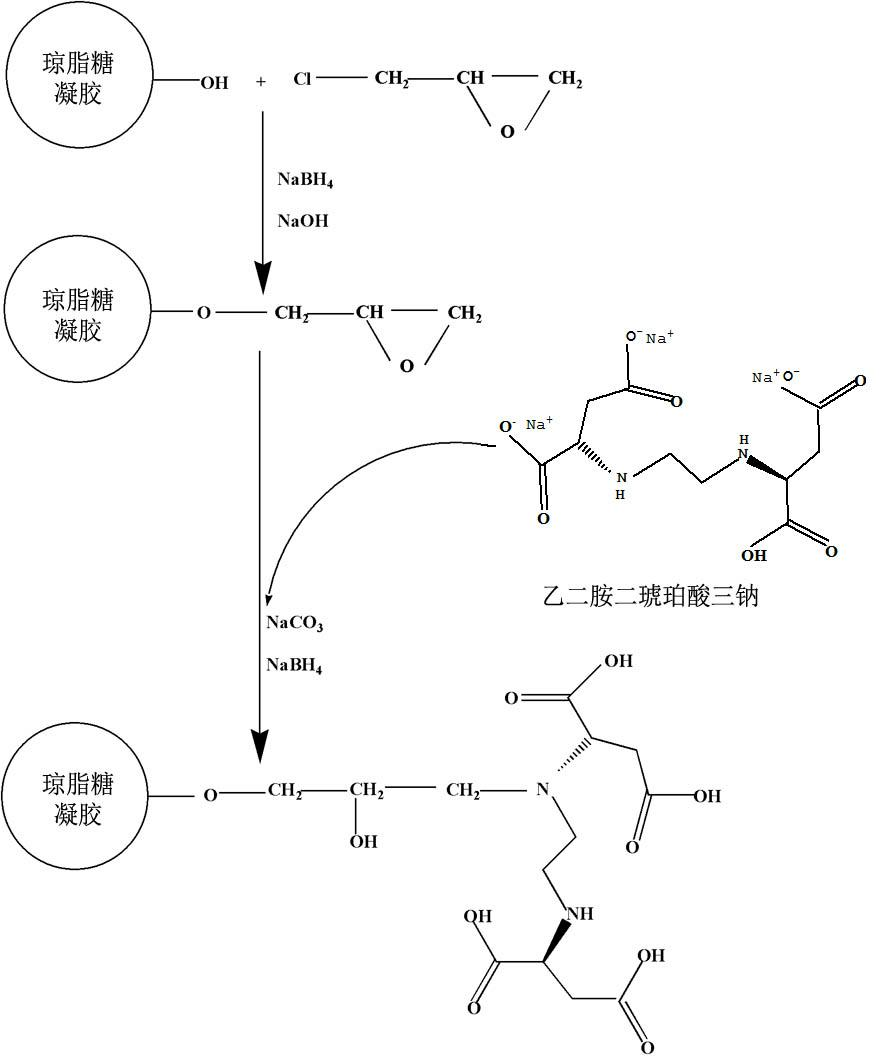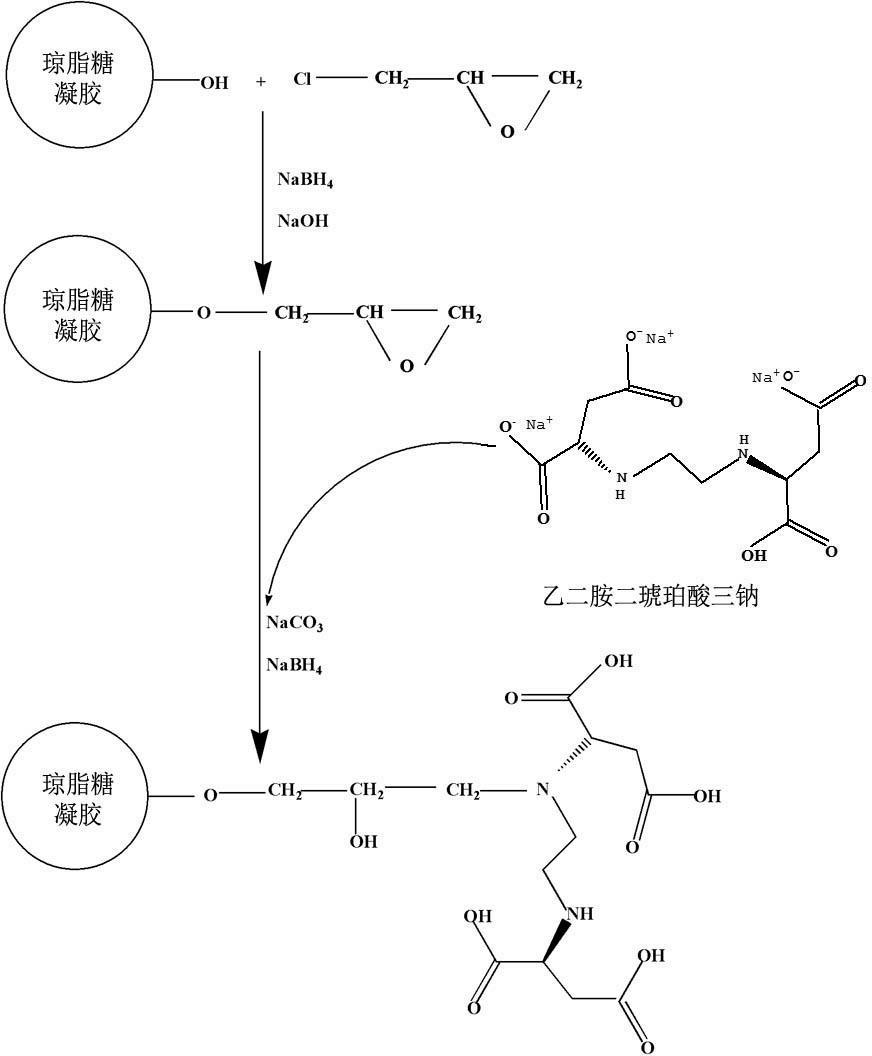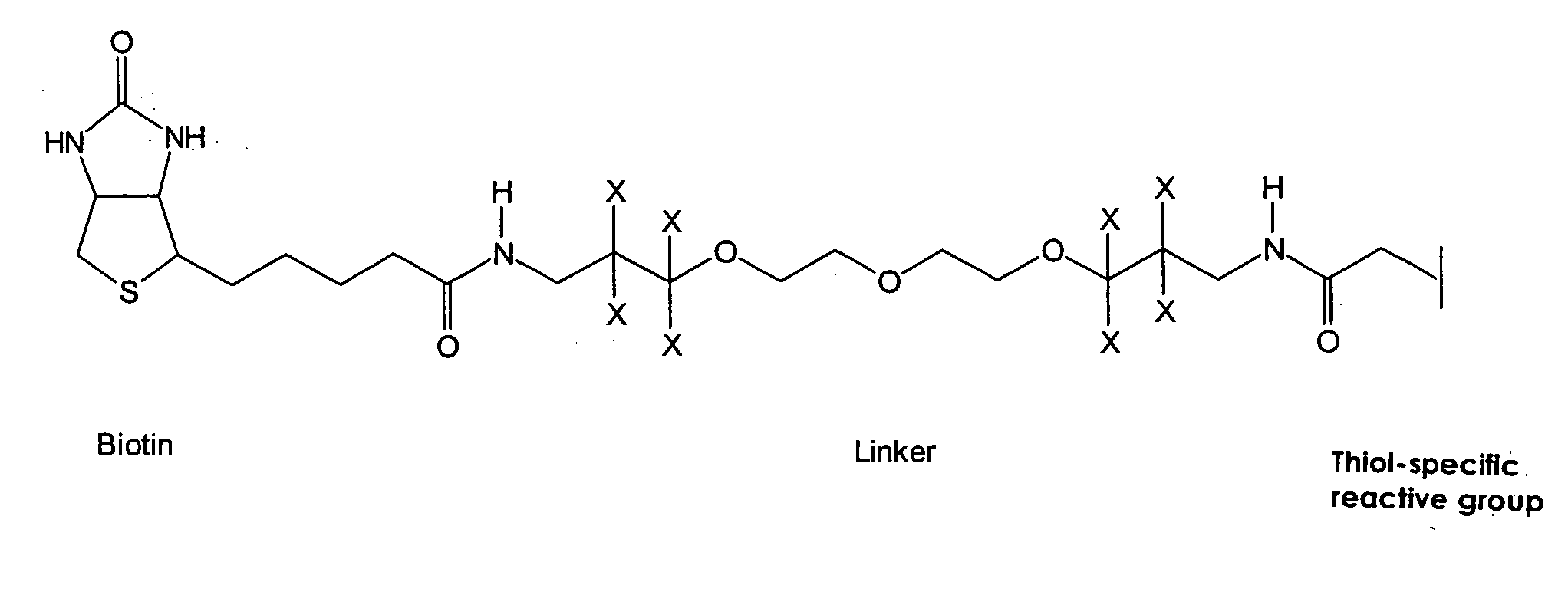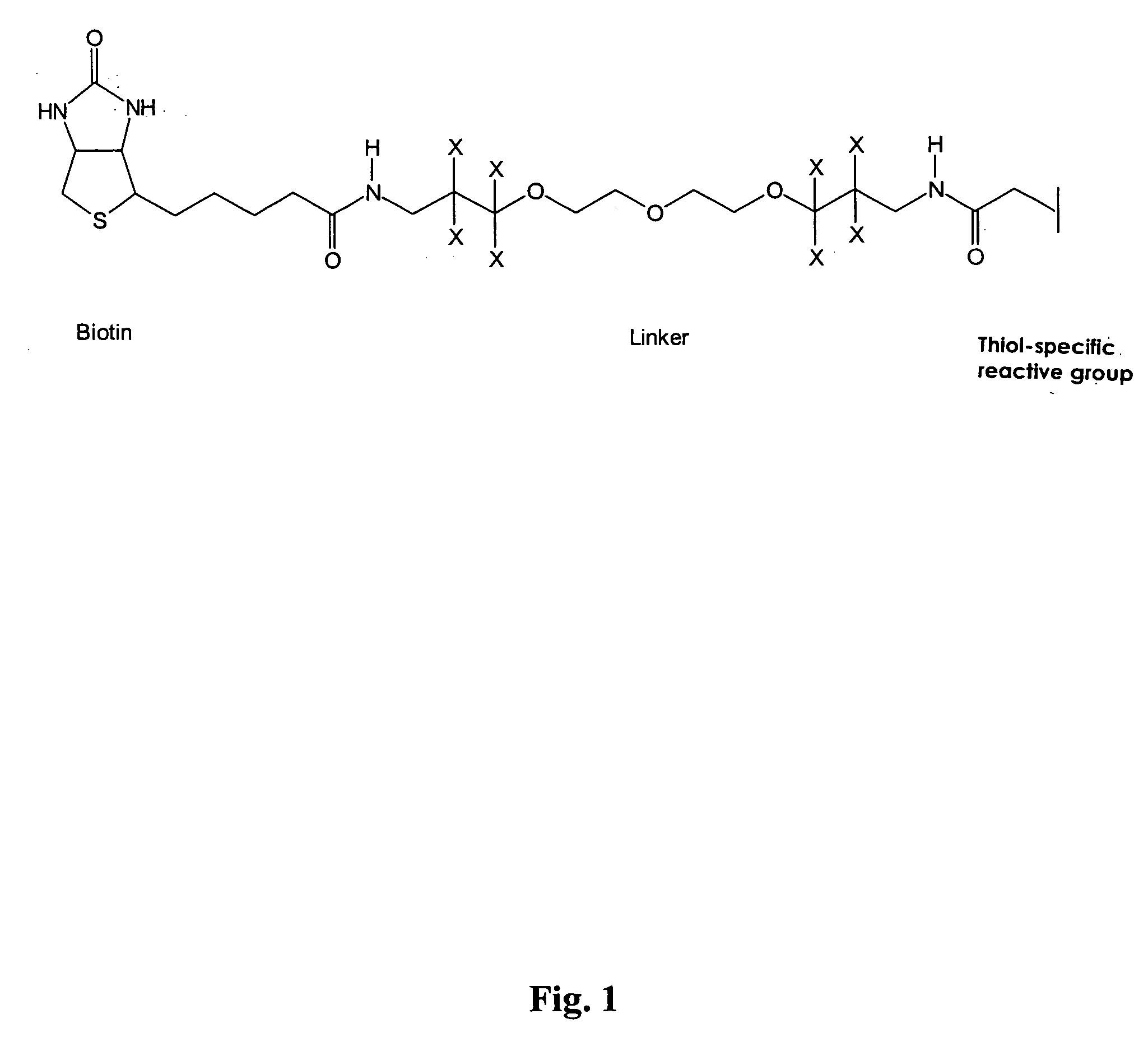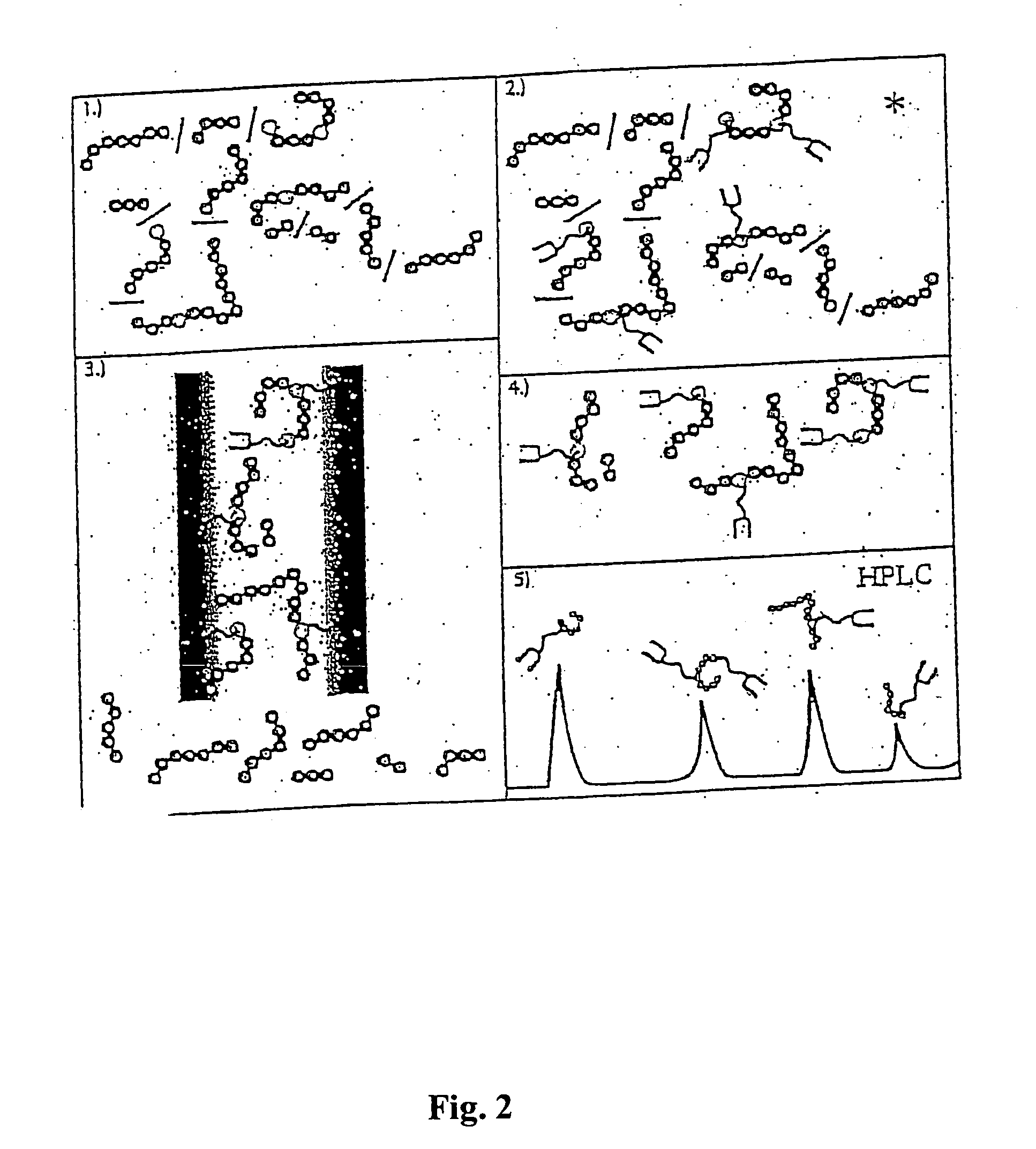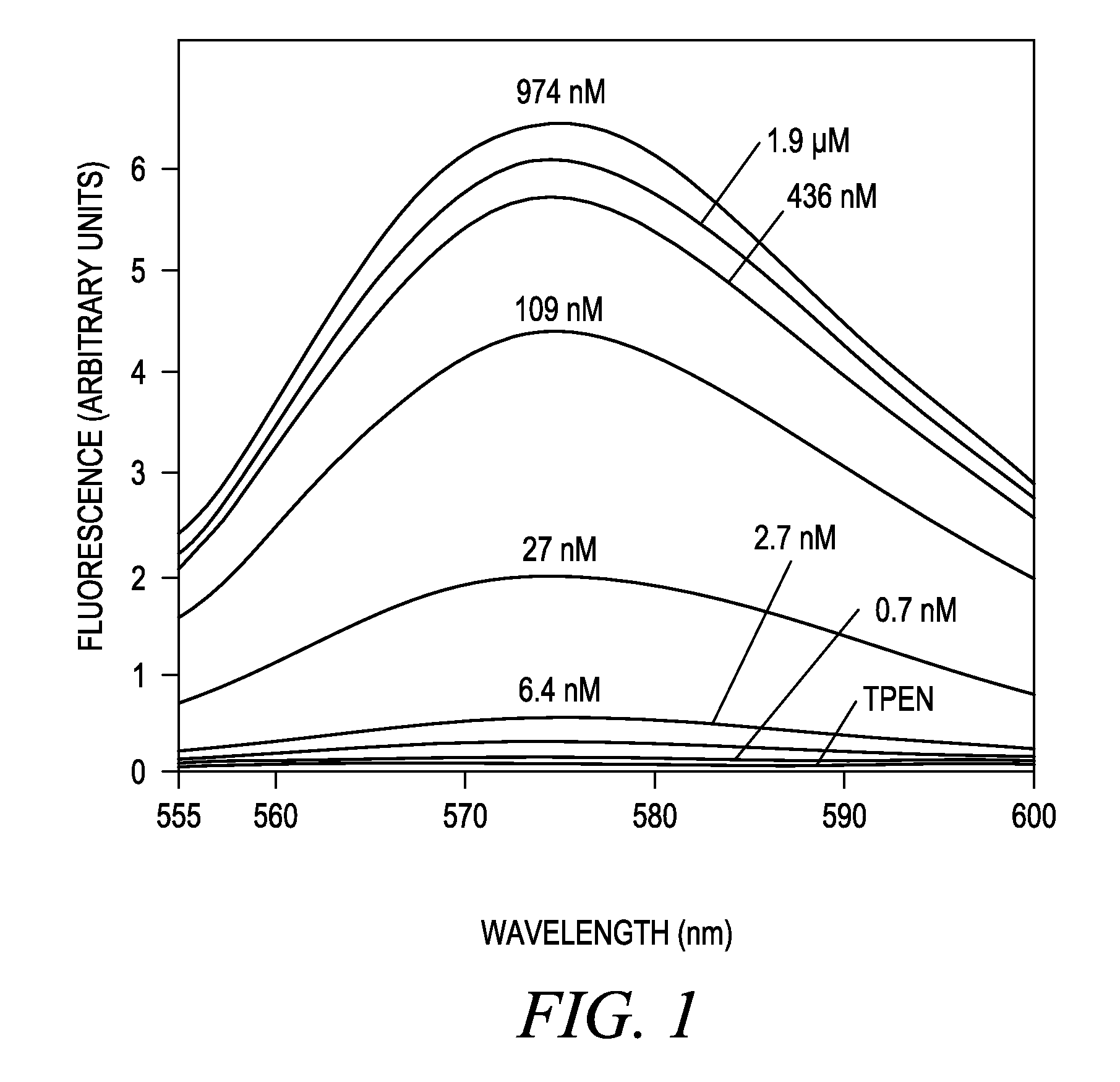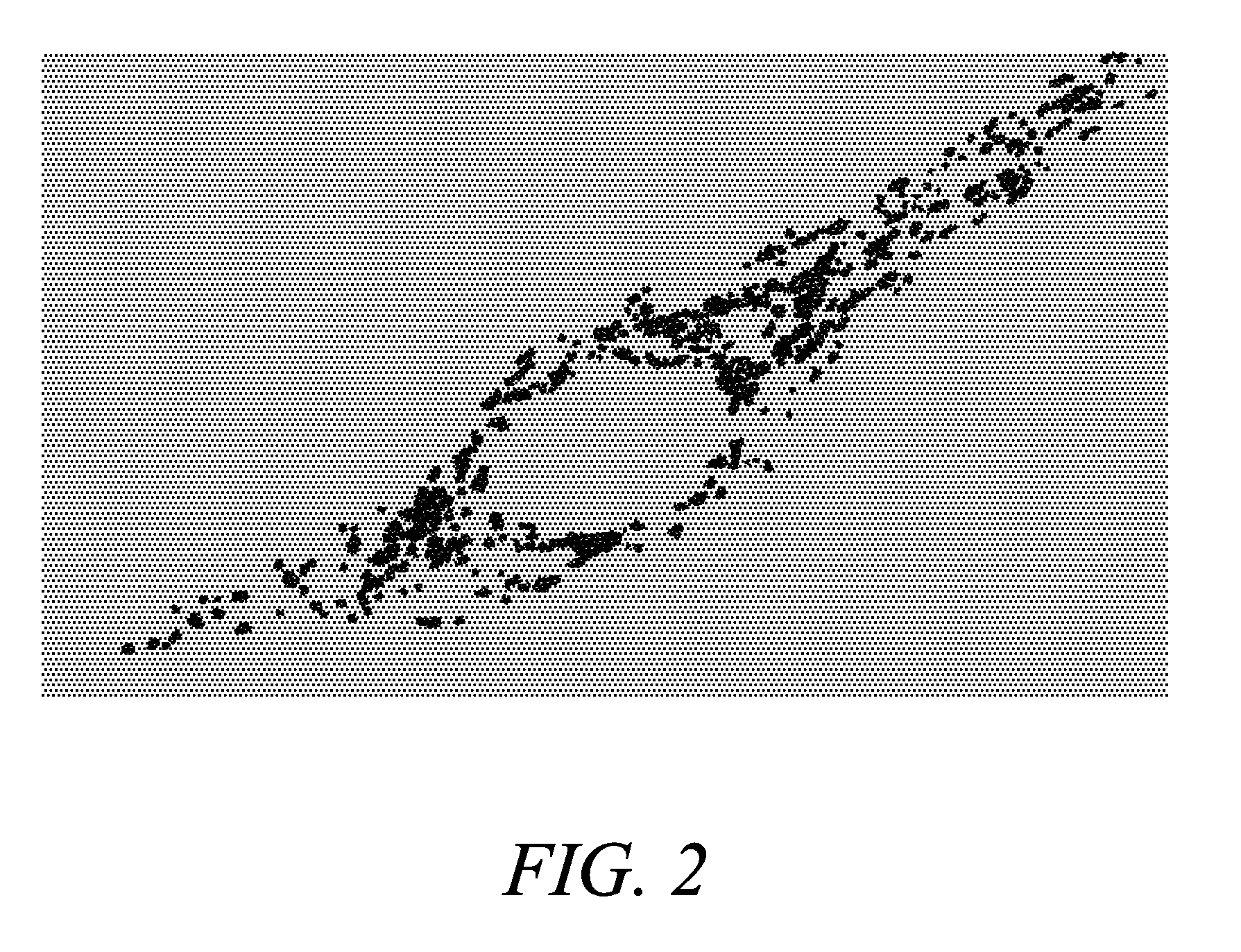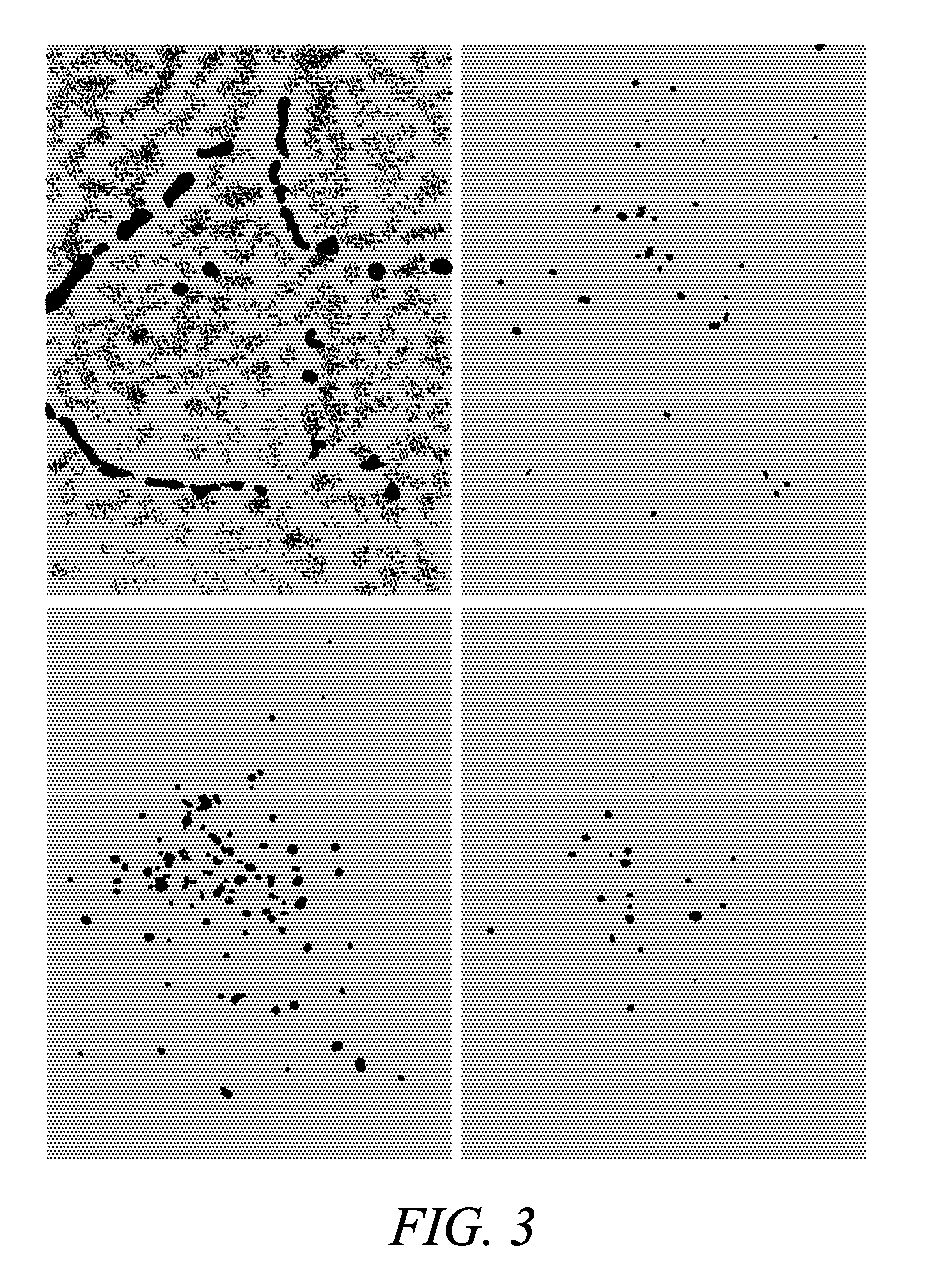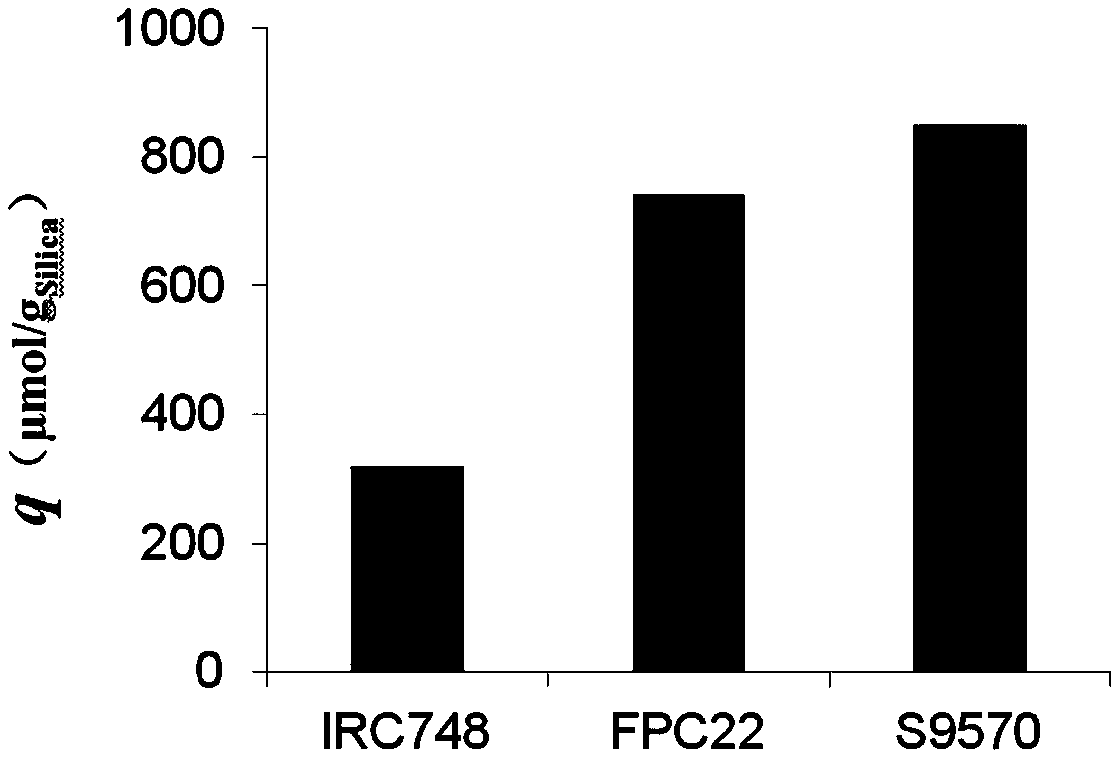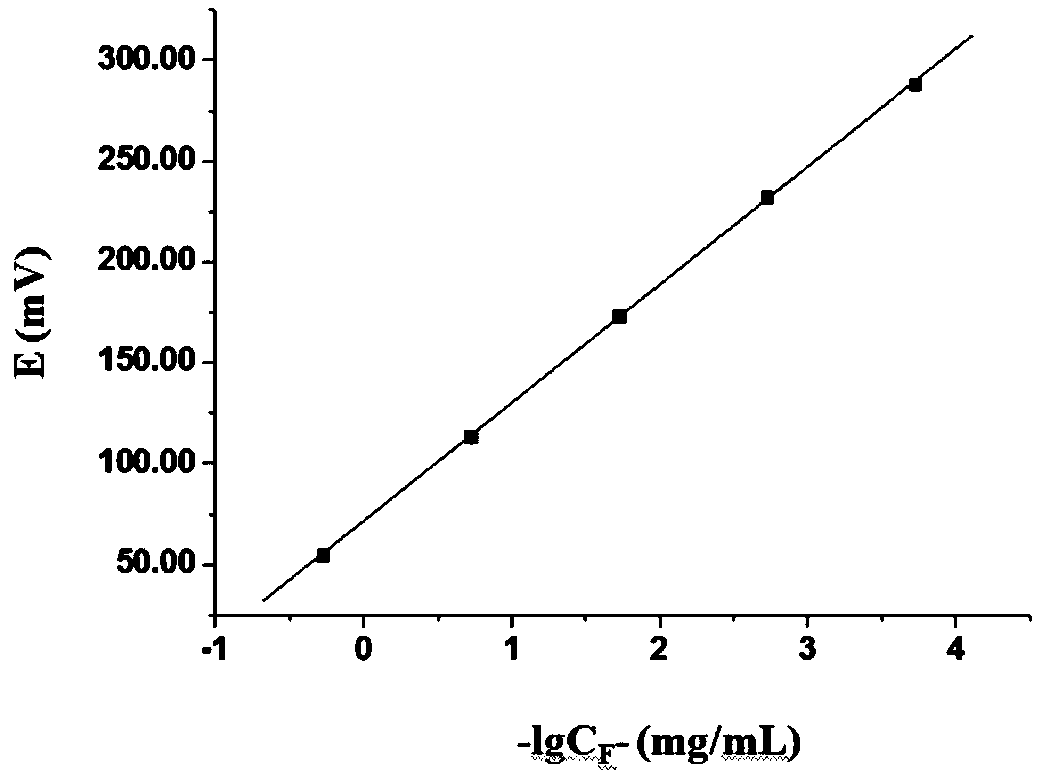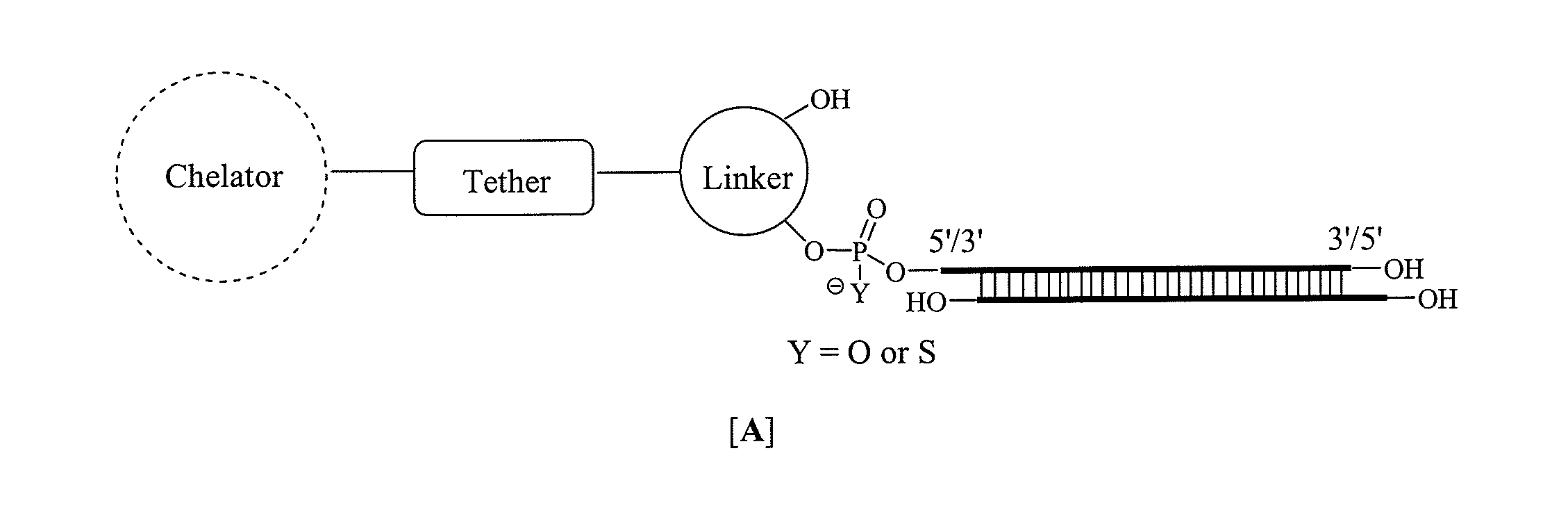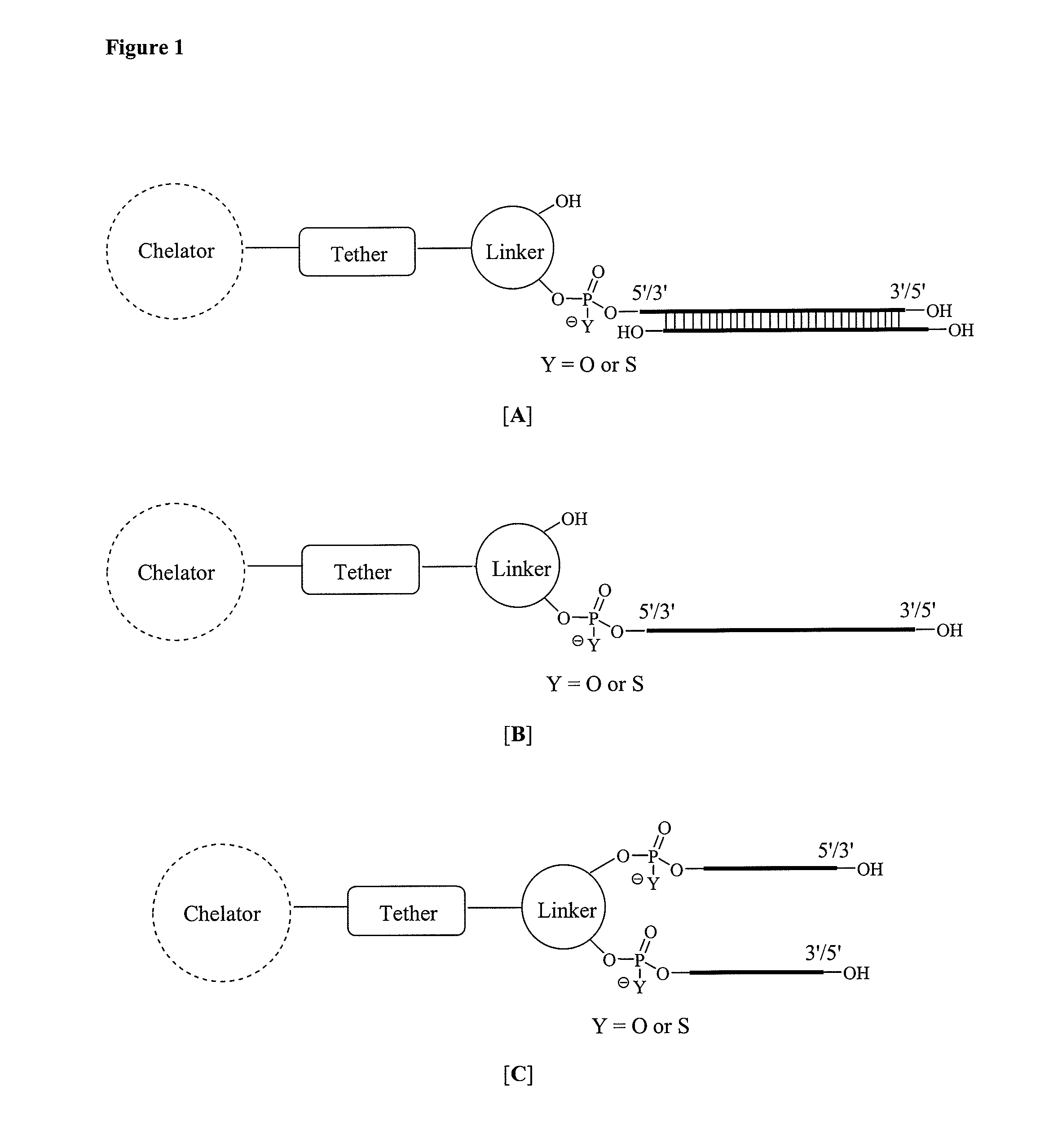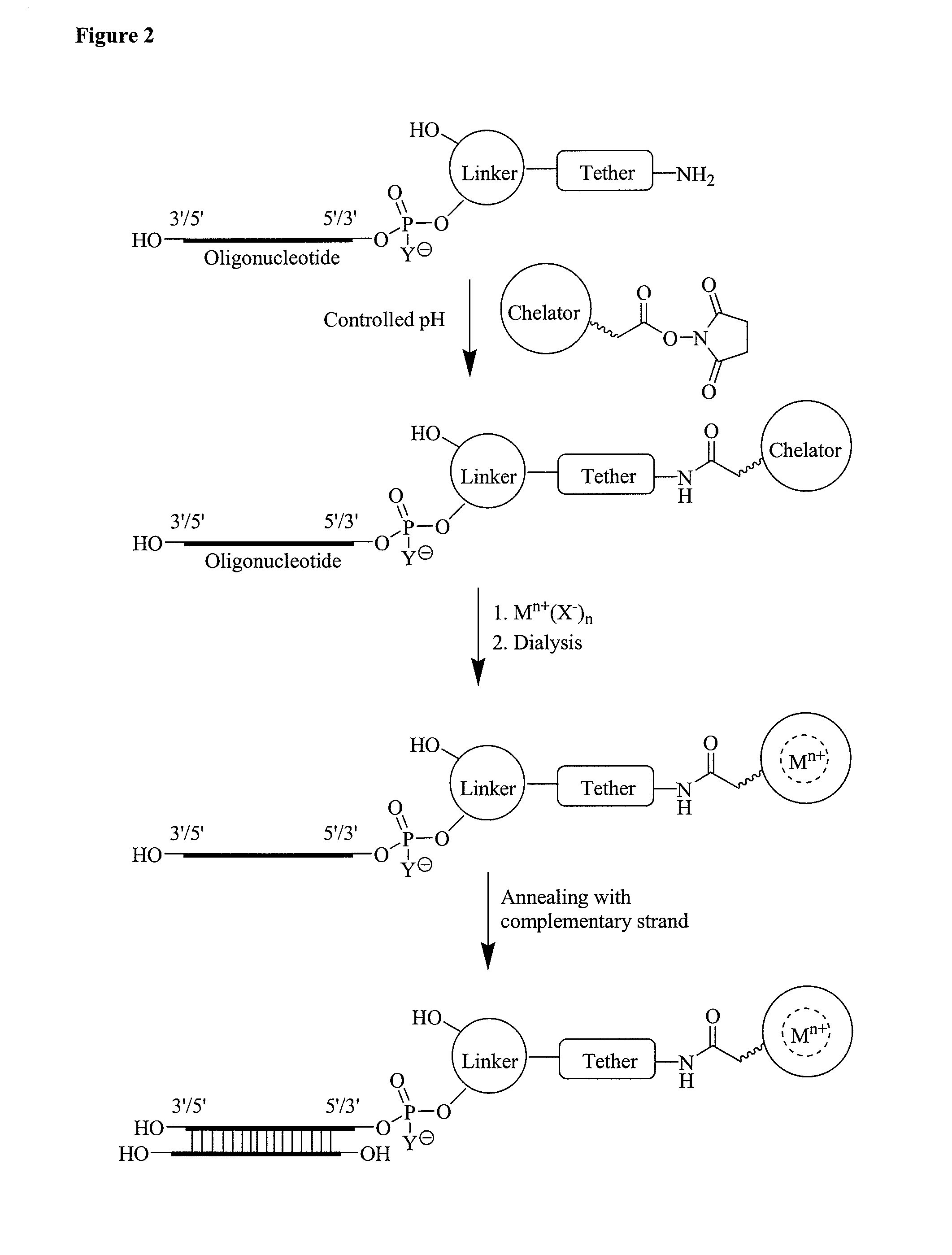Patents
Literature
284 results about "Metal chelation" patented technology
Efficacy Topic
Property
Owner
Technical Advancement
Application Domain
Technology Topic
Technology Field Word
Patent Country/Region
Patent Type
Patent Status
Application Year
Inventor
Metal chelation is the process of using a chelating agent to remove metals from the body. Chelating agents bind to metal ions and hold them in harmless suspension until they are excreted. Metal chelation therapy is most often used to remove toxic levels of lead, mercury, and arsenic from the bloodstream and tissues.
Chelating and binding chemicals to a medical implant, medical device formed, and therapeutic applications
Chelating and binding chemicals to a medical implant, and therapeutic applications. Implantable metal chelated surface and chemical coated medical implant device—drug (or biological moiety) coated or drug eluting stent, prosthesis, or other, includes a medical implant component having metal surface (M) with chemical entity (X) bound via chelator (C) chelated to the metal surface in an (M)-(C)-(X) configuration. Chelator or / and chemical entity—drug (or biological moiety), linker bonded to a drug (or biological moiety), other, are bound at surface concentration greater than 100 picograms per cm2. Manufacturing the implantable medical device. Medical implant system including medical implant component and delivery device for delivering and implanting medical implant component in a subject. Implanting the medical device. Preventing or / and treating medical conditions, such as restenosis or / and thrombosis, by implanting the medical device, wherein activity of bound chemical entity exhibits efficacy towards the medical condition.
Owner:STENTOMICS INC
Compositions and methods for detection and isolation of phosphorylated molecules
ActiveUS7102005B2Simplifies subsequent analysisSilicon organic compoundsOther chemical processesTernary complexPhosphorylation
Owner:MOLECULAR PROBES
Pesticide formulations with substituted biopolymers and organic polymers for improving residual activity, droplet size, adherence and rainfastness on leaves and reduction in soil leaching
Functionalized polymers are mixed with pesticides to form semi-stable complexes with desirable field properties: reduced leaching in soil, improved leaf retention (rainfastness), selective unloading to roots and convenient packaging and application. Pesticides that may be so complexed include herbicides, insecticides (including compounds controlling non-insect arthropods and nematodes), bacteriocides, rodenticides, and fungicides. Polymers with which they may be complexed include derivatives of carbohydrates, amides, imines, alkanes, vinyls, styrenes or glycols. The polymers may be functionalized with chemical groups that exhibit ionic (amines, carboxyls), hydrophobic, complexing (e.g. metal chelating) and ligand binding interactions. The variously functionalized polymers may be mixed, grafted, or fused to obtain optimal properties. The polymer / pesticide formulations may be applied as granules, as suspensions or solutions in sprays, as foams, or as coats for seeds and fertilizers. The formulations may be applied to foliage, soil, irrigation water, construction materials (plastics, wood), seeding materials, grains, and buildings.
Owner:HI CAP FORMULATIONS
Adjuvanting material
The present invention provides an adjuvanting material, the adjuvanting material comprising a lipid dendritic cell targeting moiety to which is covalently linked a metal chelating group. Further, the present invention provides an immunogenic composition comprising (a) a lipid dendritic cell targeting moiety to which is covalently linked a metal chelating group; (b) an antigen comprising a metal affinity tag; and optionally (c) metal ions, whereby the antigen is linked to the lipid dendritic cell targeting moiety via the interaction between the metal affinity tag and the metal chelating group.
Owner:LIPOTEK PTY LTD
Compositions and methods for detection and isolation of phosphorylated molecules
ActiveUS20050014197A1Simplifies subsequent analysisSugar derivativesPeptide/protein ingredientsTernary complexPhosphorylation
The present invention relates to phosphate-binding compounds that find use in binding, detecting and isolating phosphorylated target molecules including the subsequent identification of target molecules that interact with phosphorylated target molecules or molecules capable of being phosphorylated. A binding solution is provide that comprises a phosphate-binding compound, an acid and a metal ion wherein the metal ion simultaneously interacts with an exposed phosphate group on a target molecule and the metal chelating moiety of the phosphate-binding compound forming a bridge between the phosphate-binding compound and a phosphorylated target molecule resulting in a ternary complex. The binding solution of the present invention finds use in binding and detecting immobilized and solubilized phosphorylated target molecules, isolation of phosphorylated target molecules from a complex mixture and aiding in proteomic analysis wherein kinase and phosphatase substrates and enzymes can be identified.
Owner:MOLECULAR PROBES
Polishing composition for noble metals
ActiveUS20060024967A1Other chemical processesSemiconductor/solid-state device detailsPhosphateOxidation state
The invention provides a polishing composition and a method of chemically-mechanically polishing a substrate comprising a noble metal, the polishing composition comprising (a) an oxidizing agent that oxidizes a noble metal, (b) an anion selected from the group consisting of sulfate, borate, nitrate, and phosphate, and (c) a liquid carrier. The invention further provides a polishing composition and a method of chemically-mechanically polishing a substrate comprising ruthenium, the polishing composition comprising (a) an oxidizing agent that oxidizes ruthenium above the +4 oxidation state, (b) a polishing additive selected from the group consisting of metal sequestering polymers, metal chelators, organic thiols, compounds that reduce ruthenium tetraoxide, lactones, and α-hydroxycarbonyl compounds.
Owner:CMC MATERIALS INC
Zinc binding compounds and their method of use
InactiveUS20050250214A1Efficient ConcentrationAnalysis using chemical indicatorsOrganic chemistryMetal chelateZinc binding
The present invention provides a metal chelator and methods that facilitate binding, detecting, monitoring and quantitating of zinc ions in a sample. The metal chelating moiety of the zinc-binding compound is an analog of the well-known calcium chelator, BAPTA (1,2-bis(2-aminophenoxy)ethane-N,N,N′N′-tetraacetic acid), wherein the chelating moiety has been modified from a tetraacetic acid moiety to a tri- di- or monoacetic moiety. This change in acetic acid groups on the metal chelating moiety results in the selective bindings of zinc ions in the presence of calcium ions, both of which are present in biological fluids and intracellular cytosolic fluid and organelles.
Owner:MOLECULAR PROBES
CMP composition comprising surfactant
The invention provides a polishing composition comprising fumed alumina, alpha alumina, silica, a nonionic surfactant, a metal chelating organic acid, and a liquid carrier. The invention further provides a method of chemically-mechanically polishing a substrate comprising contacting a substrate with a polishing pad and the chemical-mechanical polishing composition, and abrading at least a portion of the substrate to polish the substrate.
Owner:CMC MATERIALS INC
Method for producing electrophotographic toner and electrophotographic toner
ActiveUS20070092819A1Improve heat resistanceSuperior in charging capability capabilityDevelopersPolymer scienceOrganic solvent
A method for producing an electrophotographic toner comprising the steps of: (1) mixing a water-insoluble organic solvent, an oil-soluble dye capable of chelating with a metal, a metal compound and water to form an oil-soluble dye dispersion, (2) removing the organic solvent from the oil-soluble dye dispersion to form colored microscopic particles, and (3) adding an emulsion thermoplastic resin to the colored microscopic particles so as to associate the particles with slow coagulation.
Owner:KONICA MINOLTA INC
Method for preparing silica gel supported dithiocarbamate heavy metal chelating resin
InactiveCN102060995ALarge adsorption capacityImprove adsorption capacityOther chemical processesHeavy metal chelationSilica gel
The invention relates to a method for preparing heavy metal chelating resin, in particular to a method for preparing silica gel supported dithiocarbamate heavy metal chelating resin and adsorption of heavy metals such as lead, cadmium, copper, mercury and the like by the resin. The method comprises the following steps of: reacting carbon disulfide with a polyamine compound to generate a dithiocarbamate compound; and grafting the dithiocarbamate compound onto the surface of silicon dioxide, wherein a halogen group is modified on the surface of the silicon dioxide. By the method, the adsorption capacity of dithiocarbamate chelating resin is effectively improved; and the problem that silica gel is dissolved due to too high alkalinity of a reaction system (pH value is more than 11), or the dithiocarbamate compound cannot be generated through reaction due to too low alkalinity (the pH value is less than 10) when a dithiocarbamate functional group is prepared by reacting the silica gel with the carbon disulfide in the conventional synthetic route is solved, wherein an amino group is modified on the surface of the silica gel.
Owner:CENT SOUTH UNIV
Immobilized metalchelate complexes for catalysis and decontamination of pesticides and chemical warfare nerve-agents
InactiveUS20030054949A1Reduced responsePermit useOrganic-compounds/hydrides/coordination-complexes catalystsPhosphateMetal chelate
The present invention relates to the preparation of metal chelate complexes immobilized on a support, immobilized metal chelate complexes and methods of using the supports and immobilized metal chelate complexes for the adsorption and / or hydrolysis of phosphate esters. More specifically, processes for the preparation of immobilized metal chelate complexes by attachment of metal chelate complexes to solids, polymers, micelles, liposomes, tubules and other self-organized polymolecular associations immobilized metal chelate complexes made by such processes and use of the supports and immobilized metal chelate complexes for the adsorption and / or hydrolysis of phosphate ester group containing compounds such as chemical warfare nerve agents and pesticides, are disclosed. The present invention provides the ability to efficiently decontaminate phosphate ester compounds under a wide range of conditions in a practical and cost-effective manner.
Owner:THE UNITED STATES OF AMERICA AS REPRESENTED BY THE SECRETARY OF THE NAVY
Mixed-Mode Chromatography Membranes
InactiveUS20140238935A1Chromatographic cation exchangersCation exchanger materialsCross-linkMixed-mode chromatography
Described are composite materials and methods of using them for mixed-mode chromatography. In certain embodiments, the composite material comprises a support member, comprising a plurality of pores extending through the support member; and a multi-functional cross-linked gel. The multi-functional cross-linked gel possesses at least two of the following functions or characteristics: cationic, anionic, hydrophobic, hydrophilic, thiophilic, hydrogen bond donating, hydrogen bond accepting, pi-pi bond donating, pi-pi bond accepting, or metal chelating. The composite materials may be used in the separation or purification of a biological molecule or biological ion.
Owner:NATRIX SEPARATIONS
Metal chelate-forming fiber, process for producing the same, method of trapping metal ion with the fiber, and metal chelate fiber
InactiveCN1352713ASimple and Safe ManufacturingManufacture is simple and safe and efficientSynthetic fibresWater contaminantsThiocarboxylic acidPhosphoric acid
A fiber capable of forming a metal chelate and a process for producing the same are disclosed, wherein the fiber is characterized in that at least one metal chelate-forming compound selected from the group consisting of aminocarboxylic acid. aminocarboxylic acid, thiocarboxylic acid and phosphoric acid. which are reactive with a glycidyl group, is bonded to a molecule of a synthetic fiber through a crosslinkable compound having a reactive double bond and a glycidyl group in its molecule. The chelate-forming fiber is excellent in capturing harmful heavy metal ions and can be easily produced in a simple and safe way at a low cost.
Owner:CHUBU KIRESUTO +1
Trace metal element Chelation fertilizer in lignin and application thereof
InactiveCN101941860AStrong chelating abilityGood fertilizer effectFertilizer mixturesStability parameterTrace metal
The invention provides a trace metal element chelation fertilizer in lignin and application thereof. The trace metal element chelation fertilizer in the lignin is a mixture of lignosulfonate and metal element chelates and shows the following physical-chemical characteristics of: 1, appearance: white powder; and 2, stability parameters of chelate: the average coordination number x is between 0.9 and 1.95 and the stability constant 1gK is between 0.6 and 2.10; and 3, the metallic chelation rate is 10 to 13.55 percent. The lignosulfonate-metal element chelation fertilizer is prepared by performing oxidative modification reaction on paper-making waste liquid lignosulfonate and metal elements such as iron, zinc and copper which serve as raw materials, and the chelation property of lignin ammonium is quantitatively described by measuring the stability of the chelates of lignin ammonium-Fe and lignin ammonium-Zn. The industrial lignin and the metal elements form the 'lignin-metal elements' chelates, and the obtained chelates are dried to form solid products or the obtained chelates after proper concentration can be mixed with other kinds of fertilizers to prepare various compound fertilizers.
Owner:SHENZHEN BATIAN ECOTYPIC ENG +1
Compositions and methods for enhancing the stability of foods, beverages, nutritional supplements and cosmetics
InactiveUS20100197812A1Improve stabilityHighly effective stabilizing and antioxidativeBiocideCosmetic preparationsFlavorNutrition supplementation
The present invention provides metal-chelating or sequestering antioxidant compositions, derived from edible herbs, spices, fruits, vegetables and / or grains, useful for incorporating into foods, beverages, nutritional supplements and cosmetics for the purpose of enhancing the stability of said food, beverage or cosmetic. This invention provides processes for preparing these antioxidant, stability-enhancing compositions.
Owner:KALAMAZOO HLDG INC
Polishing composition for noble metals
ActiveUS7161247B2Other chemical processesSemiconductor/solid-state device detailsPhosphateOxidation state
The invention provides a polishing composition and a method of chemically-mechanically polishing a substrate comprising a noble metal, the polishing composition comprising (a) an oxidizing agent that oxidizes a noble metal, (b) an anion selected from the group consisting of sulfate, borate, nitrate, and phosphate, and (c) a liquid carrier. The invention further provides a polishing composition and a method of chemically-mechanically polishing a substrate comprising ruthenium, the polishing composition comprising (a) an oxidizing agent that oxidizes ruthenium above the +4 oxidation state, (b) a polishing additive selected from the group consisting of metal sequestering polymers, metal chelators, organic thiols, compounds that reduce ruthenium tetraoxide, lactones, and α-hydroxycarbonyl compounds.
Owner:CMC MATERIALS INC
Heavy metal binding compounds and their method of use
ActiveUS20070161112A1Organic chemistryPyronine/xanthon/thioxanthon/selenoxanthan/telluroxanthan dyesHeavy metal bindingIon
Owner:MOLECULAR PROBES
High purity ulinastatin and its prepn process and medicine composition
ActiveCN1931875AHigh purityImprove stabilityPeptide/protein ingredientsAntipyreticMetalloproteinPhosphate
The present invention relates to high purity ulinastatin and its medicine composition and their preparation process. Specially, the high purity ulinastatin in 50,000 U / ml concentration has optical absorption value at 405 nm not exceeding 0.05 and human urea kininogenase content not exceeding 0.0003 PNAU. The present invention purifies ulinastatin product through adsorption with hydrophobic column, purification in hydrophilic column, combination with metalloprotein in metal chelating column and elution with buffering phosphate solution.
Owner:GUANGDONG TECHPOOL BIO-PHARMA CO LTD
High molecular heavy metal chelating flocculant and preparation method thereof
InactiveCN102491473AEvenly distributedPromote formationWater/sewage treatment by flocculation/precipitationStructural unitSodium hydroxide
The invention discloses a high molecular heavy metal chelating flocculant and a preparation method thereof. The high molecular heavy metal chelating flocculant is prepared by the following steps of: quaternizing diallyl methylamine and epoxy chloropropane in an organic solvent, and grafting polyethylene polyamine onto molecules by performing epoxy group ring opening with polyethylene polyamine; decolorizing with active carbon, and evaporating and concentrating to obtain a diallyl quaternary ammonium salt monomer solution; polymerizing through a free radical aqueous solution to synthesize a diallyl quaternary ammonium salt polymer; and reacting with carbon bisulfide and sodium hydroxide. The high molecular heavy metal chelating flocculant is characterized in that: each structural unit of ahigh molecular chain is provided with a positive charge and a plurality of strong chelation groups -CSS- with negative charges, so that the defect of non-uniform positive charge distribution of the conventional ampholytic chelating flocculant is avoided, neutralization of negative charges produced in a floc forming process is facilitated, a floc structure is improved, the formation and growth of floc are promoted, the heavy metal ion chelating capability and flocculating settling performance are enhanced, and the size of sediments is reduced.
Owner:HUNAN UNIV OF SCI & TECH
Polyvinyl tetrazole separation medium, preparation method and application thereof
InactiveCN101837284AImprove adsorption capacityQuality improvementIon-exchange process apparatusOther chemical processesTetrazoleMicrosphere
The invention discloses a polyvinyl tetrazole separation medium and a preparation method thereof. The polyvinyl tetrazole separation medium has a structurally general formula shown in the specification. The separation medium of the invention can be obtained by modifying polyvinyl tetrazole on the surfaces of silica gel, agarose or polystyrene microspheres. The separation medium of the invention has double functions of separating an ion-exchange chromatograph and a metal-chelating chromatograph. The medium is used for the ion-exchange separation chromatograph and the metal-chelating chromatograph of a protein, and has the characteristics of high protein adsorption capacity, quality, activity, and recovery rate.
Owner:NORTHWEST UNIV(CN)
Preparation method of lignin metal element chelate fertilizer and device thereof
The invention provides a preparation method of lignin metal chelate fertilizer, sequentially comprising the following steps of: (1) preparing industrial lignin salts into an aqueous solution of a certain concentration in a dissolving tank; (2) transferring the prepared aqueous solution of industrial lignin to a reaction vessel and regulating a pH value of the solution by using a pH regulator; (3) adding an oxidant and an initiator, starting a stirring device of the reaction vessel, sufficiently and uniformly mixing and then adding inorganic salts containing micro metal elements; and (4) heating to a certain temperature and reacting for specified time. The invention also provides a device for carrying out the method. The modified lignin salt-medium micro metal element chelate fertilizer which is prepared by using the method and the device has the advantages of low cost and strong chelating capability, and can be compounded with various fertilizers and improve the content of micro elements in the fertilizer.
Owner:SHENZHEN BATIAN ECOTYPIC ENG +1
Histidine tag protein affinity purification material and application thereof
InactiveCN106492770AFull binding affinityReduce distractionsIon-exchange process apparatusOther chemical processesPolyhistidine-tagMolecular imprinting
The invention relates to a histidine tag protein affinity purification material. The histidine tag protein affinity purification material is prepared from a molecular imprinting material based on a metal chelation function, an immobilized metal chelation affinity chromatography material (IMAC) utilized as a matrix material and a histidine tag utilized as a template module by using a molecular imprinting technique. The histidine tag protein affinity purification material combines the good affinity of the metal chelation function and the high selectivity of the molecular imprinting material, and can be further applied to high-purity purification of the histidine tag protein.
Owner:DALIAN INST OF CHEM PHYSICS CHINESE ACAD OF SCI
Method of generating metal chelating affinity ligands
InactiveUS7005071B2Utilises cost-effective and easily available starting materialsHigh yieldIon-exchange process apparatusOrganic chemistrySulfurDerivatization
The present invention relates to a method of generating at least one polydentate metal chelating affinity ligand, which method comprises the steps ofa) providing at least one cyclic scaffold comprising a carbonyl, an adjacent sulphur and a nucleophile;b) providing at least one polydentate metal chelating affinity ligand arm, optionally in a form wherein the metal chelating functionalities are protected, on each scaffold by derivatisation of the nucleophile of said scaffolds, while retaining the cyclic structure of the scaffold;(c) ring-opening at the bond between the carbonyl and the sulphur of the derivatized scaffold by adding a reagent that adds one or more metal chelating affinity ligand arms to the scaffold; and, if required,(d) deprotecting the functionalities of the ligand arm(s) provided in step (b).In the most preferred embodiment of the method, steps (c) and (d) are performed simultaneously as one single step.
Owner:CYTIVA BIOPROCESS R&D AB
Microwave-assisted synthesis of carbon and carbon-metal composites from lignin, tannin and asphalt derivatives
A process for synthesizing carbon-metal nanocomposites. In one embodiment, the process includes the steps of preparing a metal derivative or a metal chelated derivative of a carbon-containing precursor in solid form, and subjecting the metal derivative or metal chelated derivative of a carbon-containing precursor in solid form to microwave radiation at a frequency in the range of 900 MHz to 5.8 GHz, for a period of time effective to generate a heat flow from inside of the metal derivative or metal chelated derivative of a carbon-containing precursor in solid form to the outside such that the temperature of the metal derivative or metal chelated derivative of a carbon-containing precursor in solid form reaches 1,000° C. in less than 6 minutes with a temperature (T) derivative over time (t), ΔT / Δt, no less than 2.5° C. / second to form carbon-metal nanocomposites.
Owner:THE BOARD OF TRUSTEES OF THE UNIV OF ARKANSAS
Multifunctional plastic with anti-microbial effect, oxidation resistance and metal-chelating property and preparation method thereof
The invention provides a multifunctional plastic with an anti-microbial effect, an oxidation resistance and a metal-chelating property and a preparation method thereof. The plastic material is mainly prepared from the following raw materials in parts by weight: 6%-10% of active anti-microbial agent, 2%-6% of active antioxidant, 3%-8% of metal-chelating agent and the balance of macromolecule resin base membrane. The modified resin substrate has certain anti-microbial effect, oxidation resistance and metal-chelating property. A novel application material is supplied for the products, such as, electronic cigarette, and the fields, such as, food packaging. The plastic has certain various characteristic functions; on the basis of improvement for the inherent performance of the products, the plastic is endowed with a more practical characteristic; the guarantee period of the products is prolonged and the application thereof is improved, so that the market value is promoted; the original raw material cost is lowered; the market space is expanded and the incoming is increased.
Owner:CHINA TOBACCO GUANGXI IND
Preparation method and application of metal chelating agarose gel
InactiveCN102432696ASimple preparation processEasy to usePeptide preparation methodsEthylenediamineProtein Sciences
The invention discloses a preparation method and application of metal chelating agarose gel, and belongs to the field of protein chemistry. The method for preparing the metal chelating agarose gel comprises the steps of activating and coupling. An agarose chelating medium with 6 ligands is formed by connecting ethylene diamino-disuccinic acid to sepharose. The metal chelating agarose gel can be applied to the removal of metal ions such as Cu, Zn, Mn, Cd and the like in a protein solution, and has high binding ability and binding capacity, and the removal rate reaches 93 percent. The preparation process is simple, easy to scale up and convenient to use; and the metal chelating agarose gel can be better applied to the removal of the heavy metal ions in the research of plant proteins which grow in a complex heavy metal polluted environment, and can also be applied to other protein scientific research in which metal ions are required to be removed.
Owner:NANJING AGRICULTURAL UNIVERSITY
Method and reagent for the specifically identifying and quantifying one or more proteins in a sample
The present invention relates to the MeCAT (Metal-chelate-complex-coded-affinity-tag)-method and to a reagent suitable for performing said method, which method includes a reproducible, systematic, qualitative and quantitative proteome characterization by means of non-isotope metal coded markers and—among other items—the most modem tandem methods of mass spectrometry.
Owner:PROTEOME FACTORY +1
Zinc binding compounds and their method of use
Owner:LIFE TECH CORP
Use of bifunctional metal chelate resin adsorbent in fluoride removal from wastewater
ActiveCN108996598AStrong chelating abilityTo achieve the effect of defluorinationOther chemical processesWater contaminantsSorbentMetal chelate
The present invention discloses a use of a bifunctional metal chelate resin adsorbent in fluoride removal from wastewater. A bifunctional chelate resin is used for the first time, which is firstly converted into a metal chelate resin through full adsorption with metal ions. Then, fluoride containing waste water to be treated is fully contacted with the chelate resin, and fluoride-free purified water is obtained by means of coordination interaction between metal ions and fluoride ions. This method achieves the effect of removing fluoride from wastewater with the advantage of double bifunctionalgroups. Compared with a traditional method of removing fluoride with a chelate resin, the method adopted in the present invention is fluoride removal with double functional groups, which overcomes the defects of fluoride removal with a single functional group and is significant in fluoride removal effect.
Owner:NORTHWEST UNIV
Single-stranded and double-stranded oligonucleotides comprising a metal-chelating ligand
InactiveUS20110250138A1Group 3/13 element organic compoundsIn-vivo testing preparationsNucleotideSingle strand
The invention provides modified oligonucleotides of formula (I), comprising at least one metal chelator which provides a powerful tool for study of the pharmacokinetics of siRNA and its correlation with in vivo activity. The chelated metals provide luminescent properties enable detection of the oligonucleotides through the use of time-resolved fluorescent quenching based on energy transfer from the metal ion to a nonfluorescent quencher which can be used as non-isotopic labels of oligonucleotides for diagnostics and evaluation of cellular uptake.
Owner:ALNYLAM PHARM INC
Features
- R&D
- Intellectual Property
- Life Sciences
- Materials
- Tech Scout
Why Patsnap Eureka
- Unparalleled Data Quality
- Higher Quality Content
- 60% Fewer Hallucinations
Social media
Patsnap Eureka Blog
Learn More Browse by: Latest US Patents, China's latest patents, Technical Efficacy Thesaurus, Application Domain, Technology Topic, Popular Technical Reports.
© 2025 PatSnap. All rights reserved.Legal|Privacy policy|Modern Slavery Act Transparency Statement|Sitemap|About US| Contact US: help@patsnap.com
